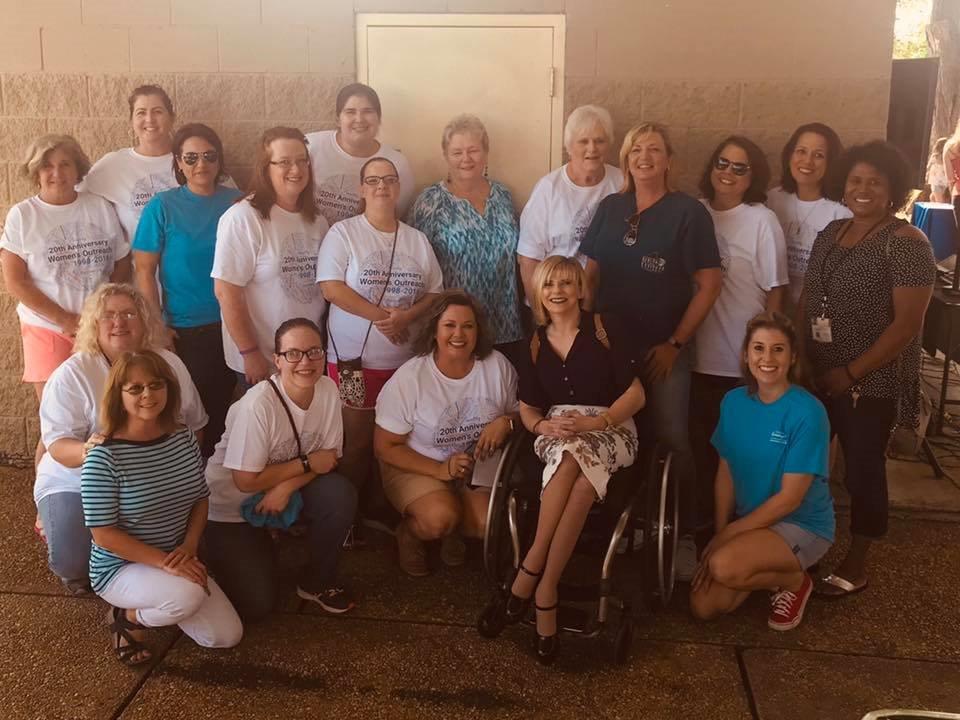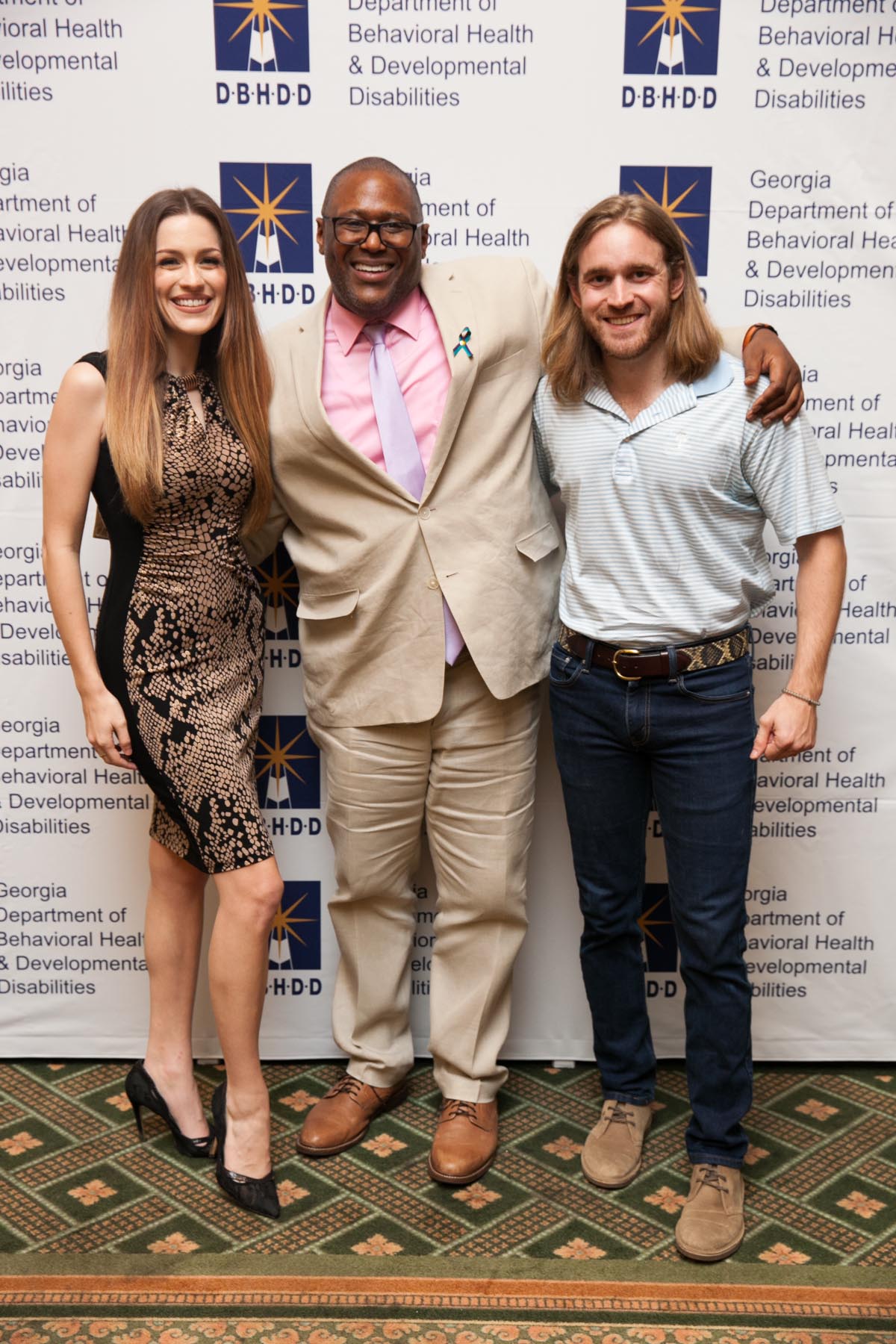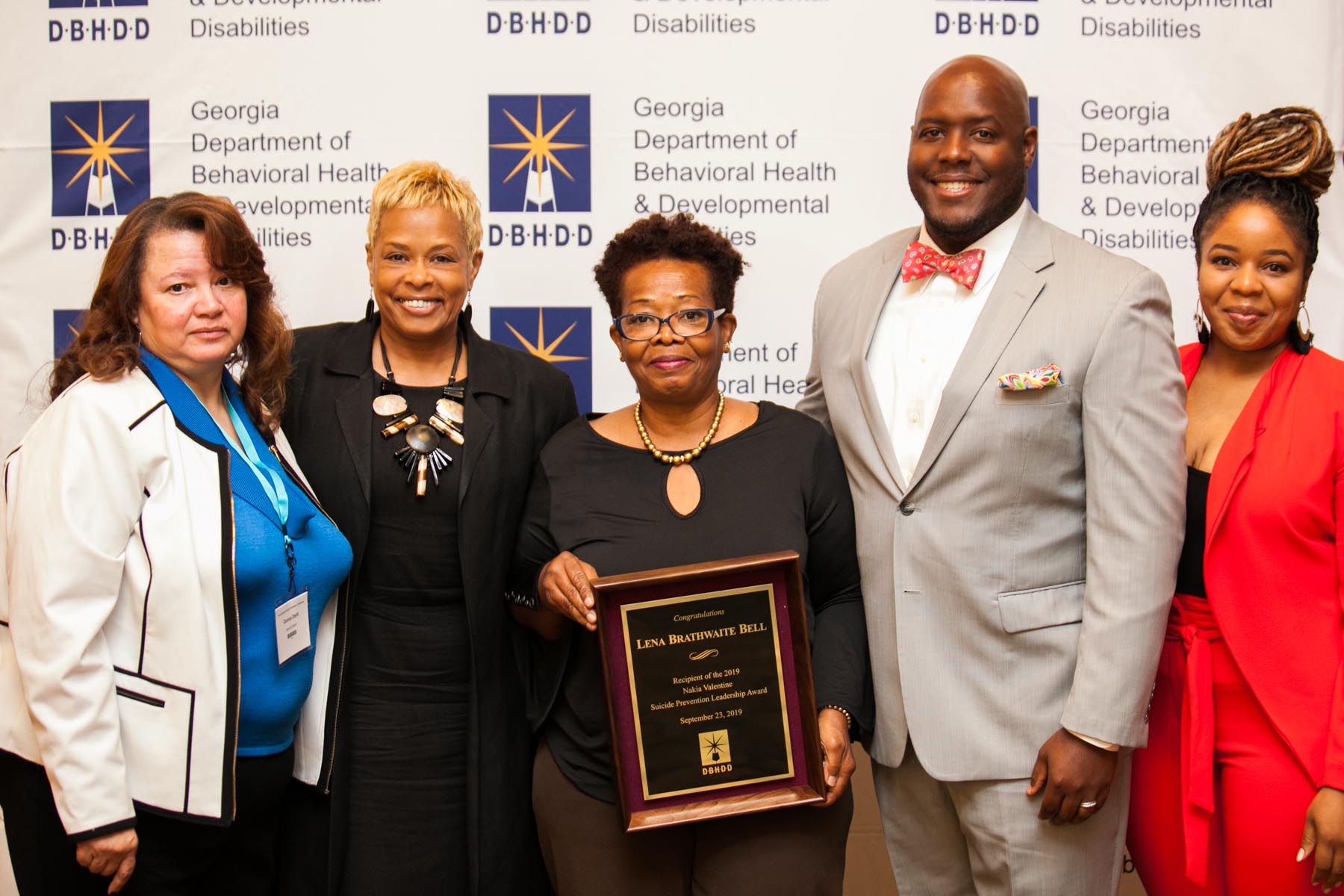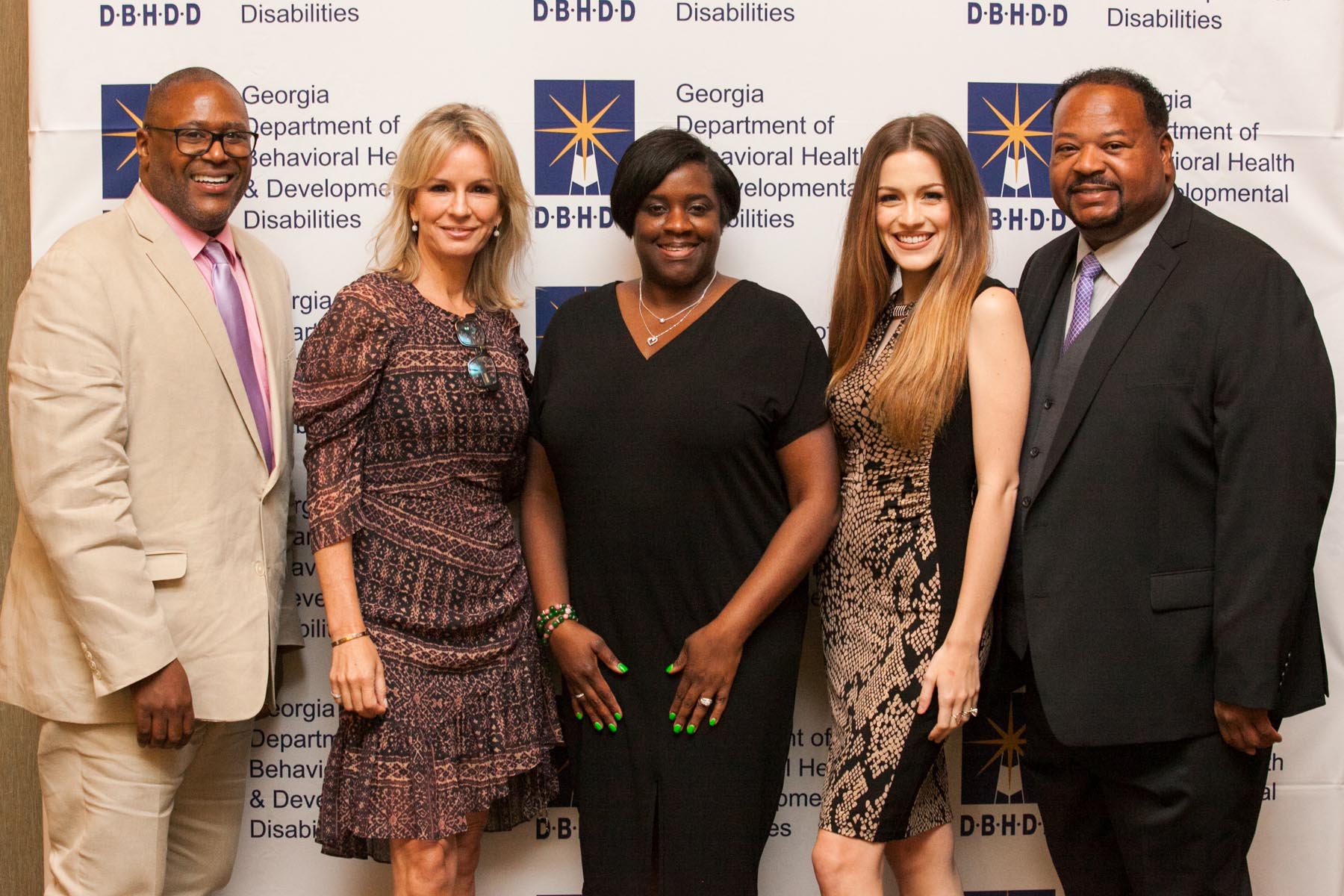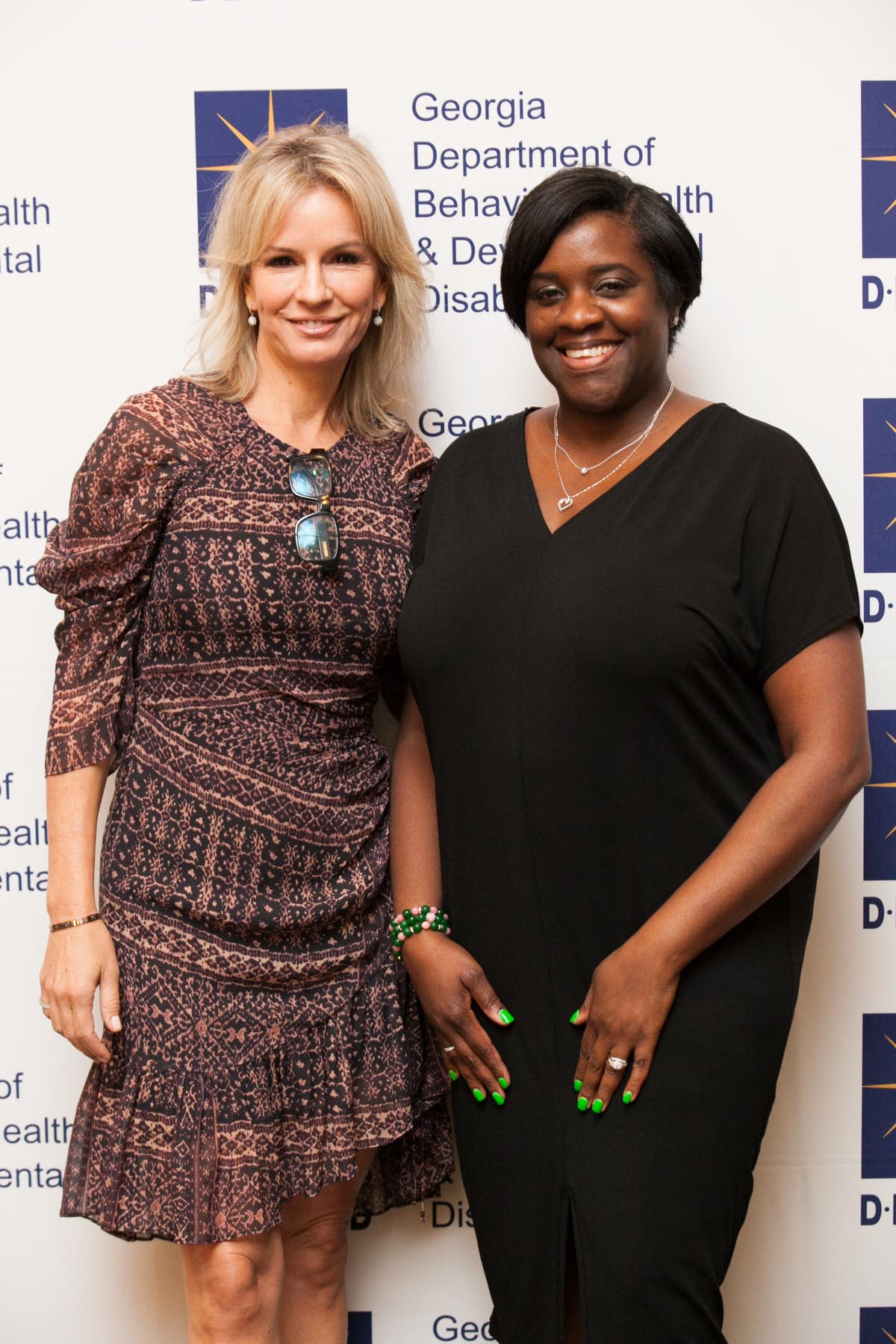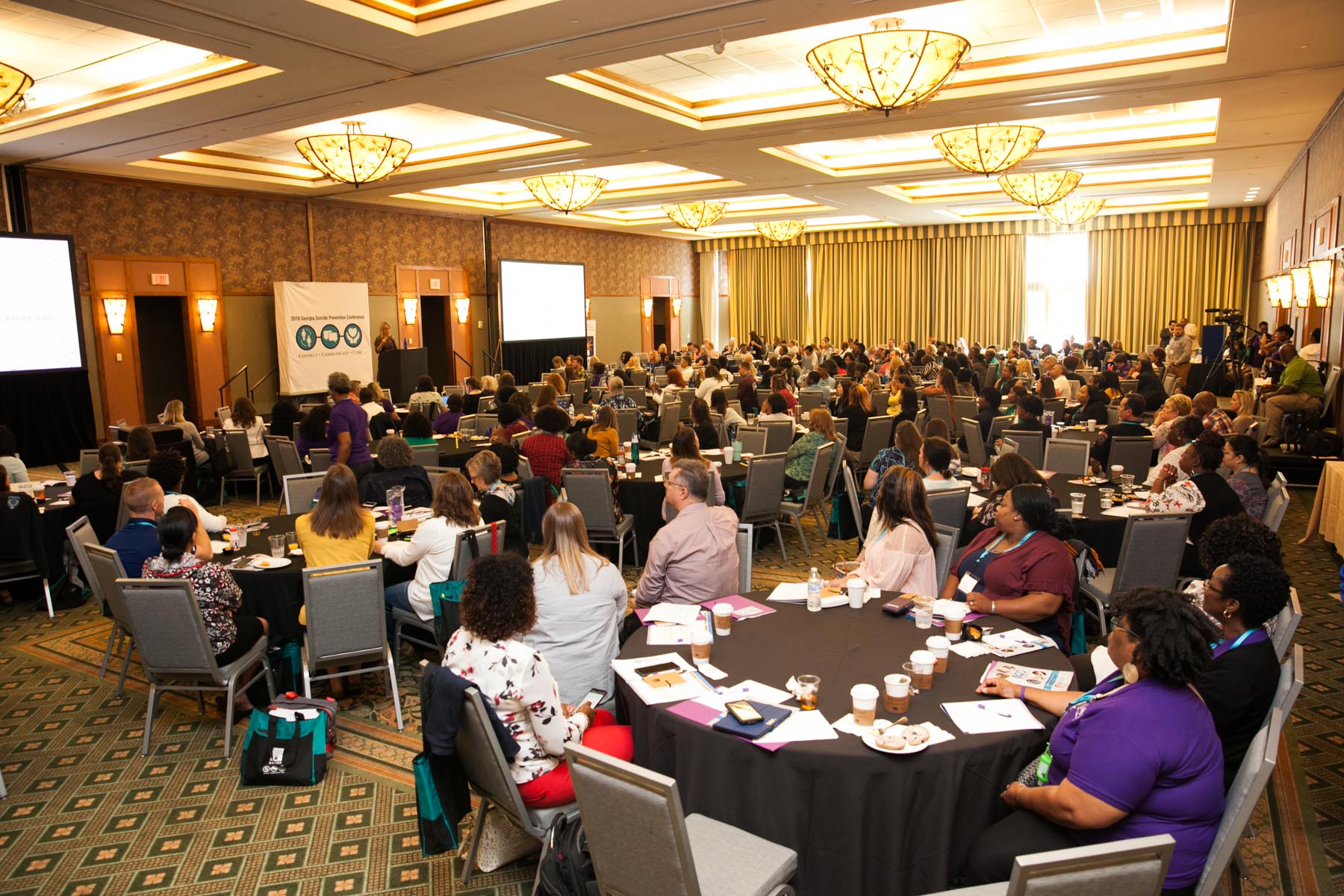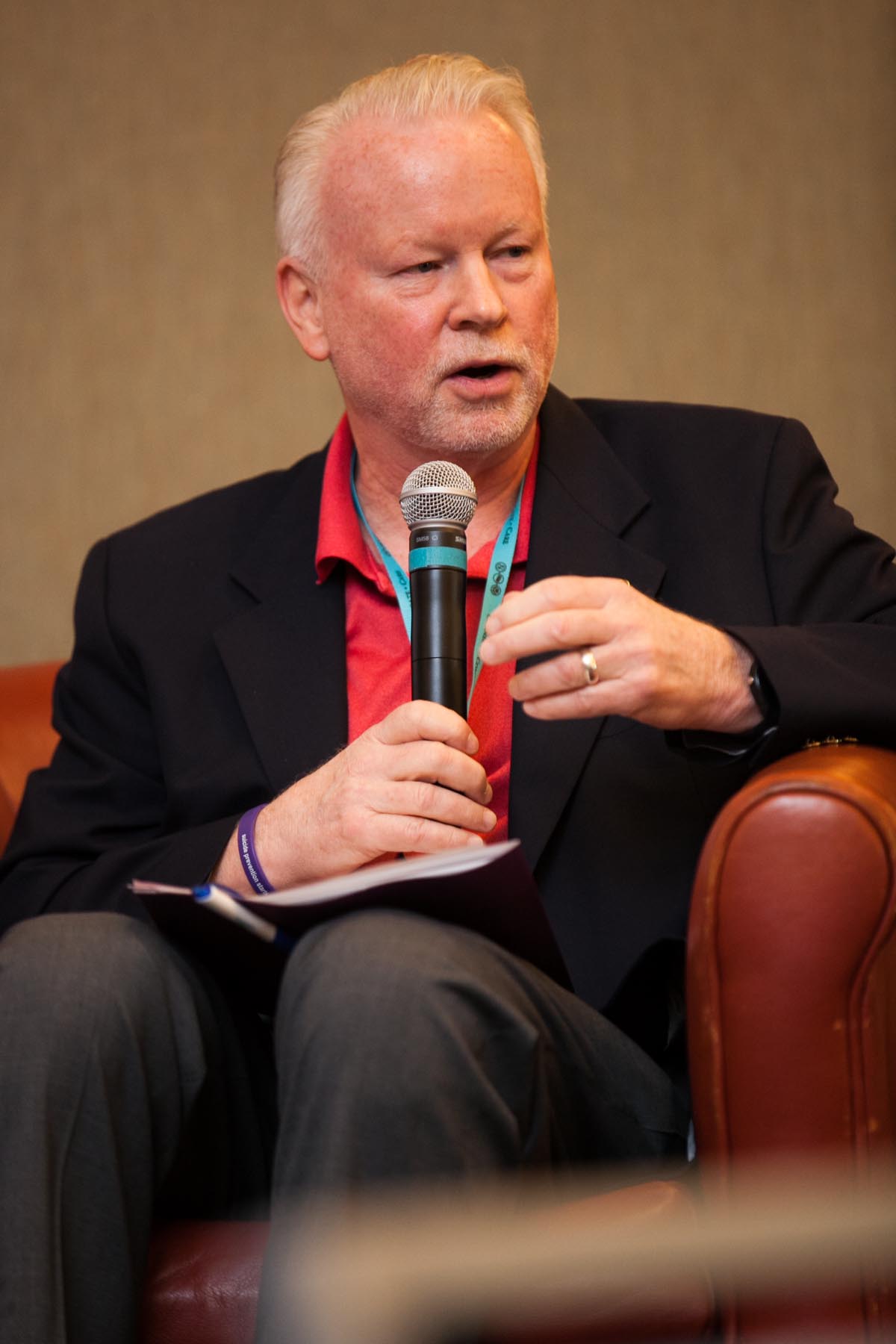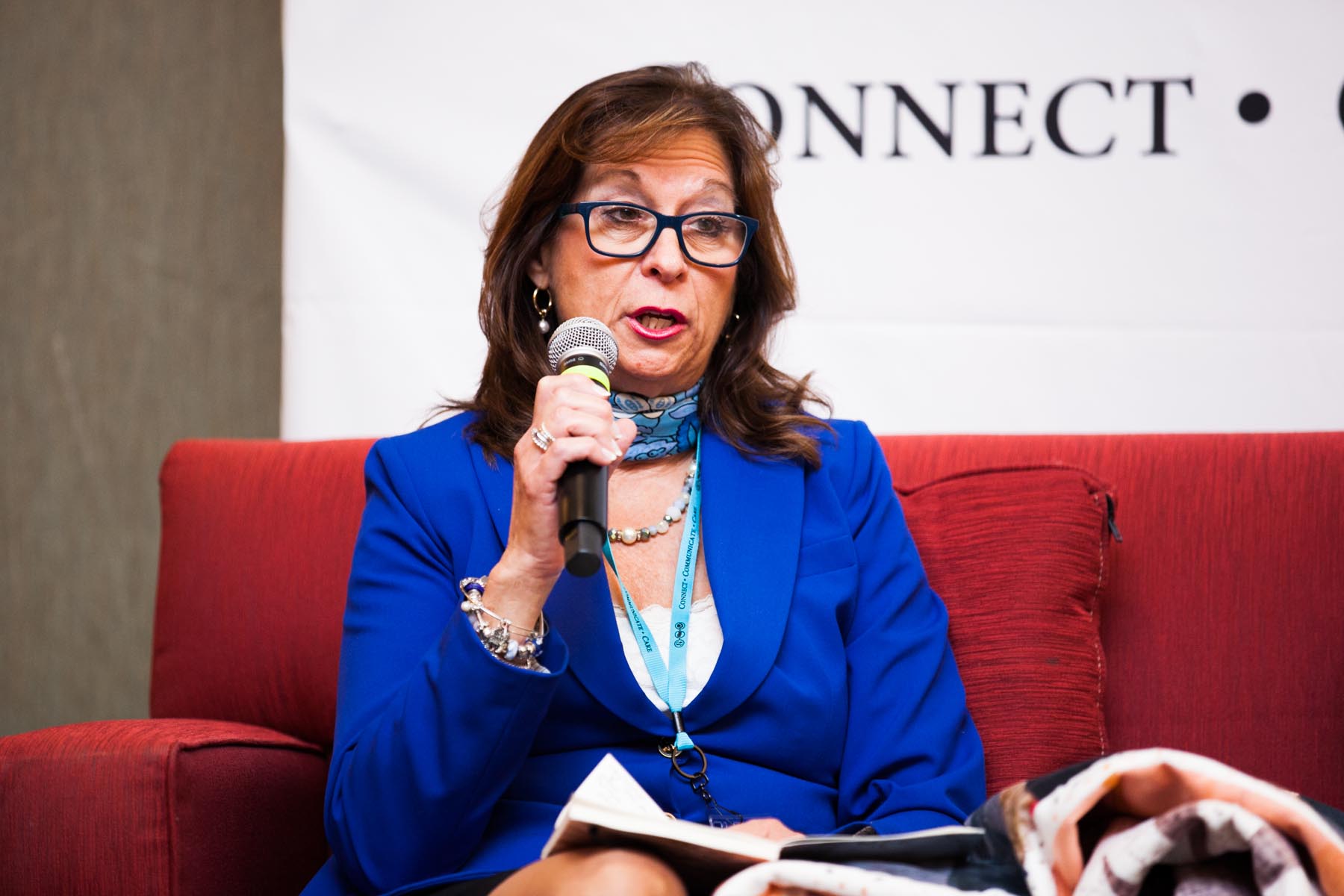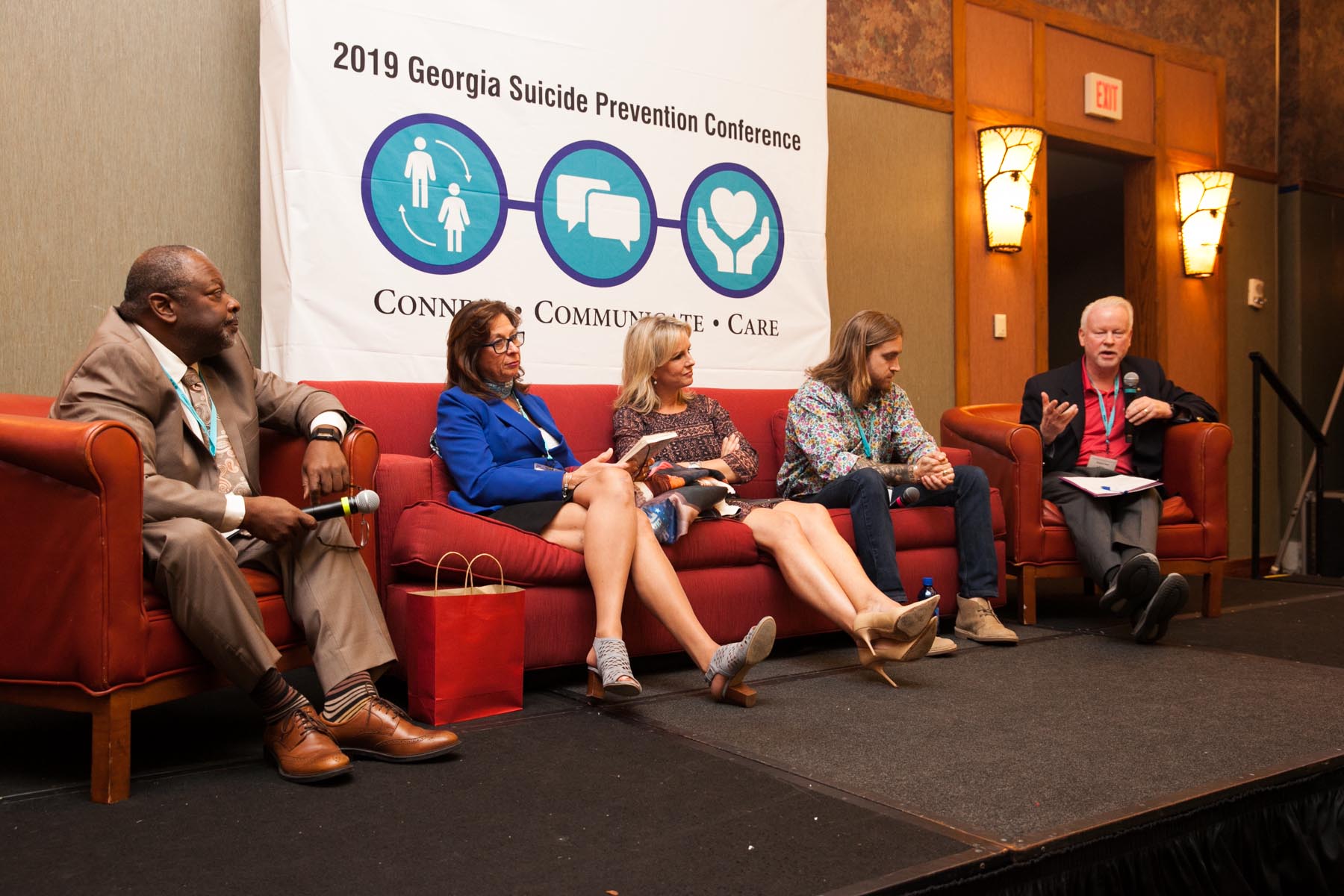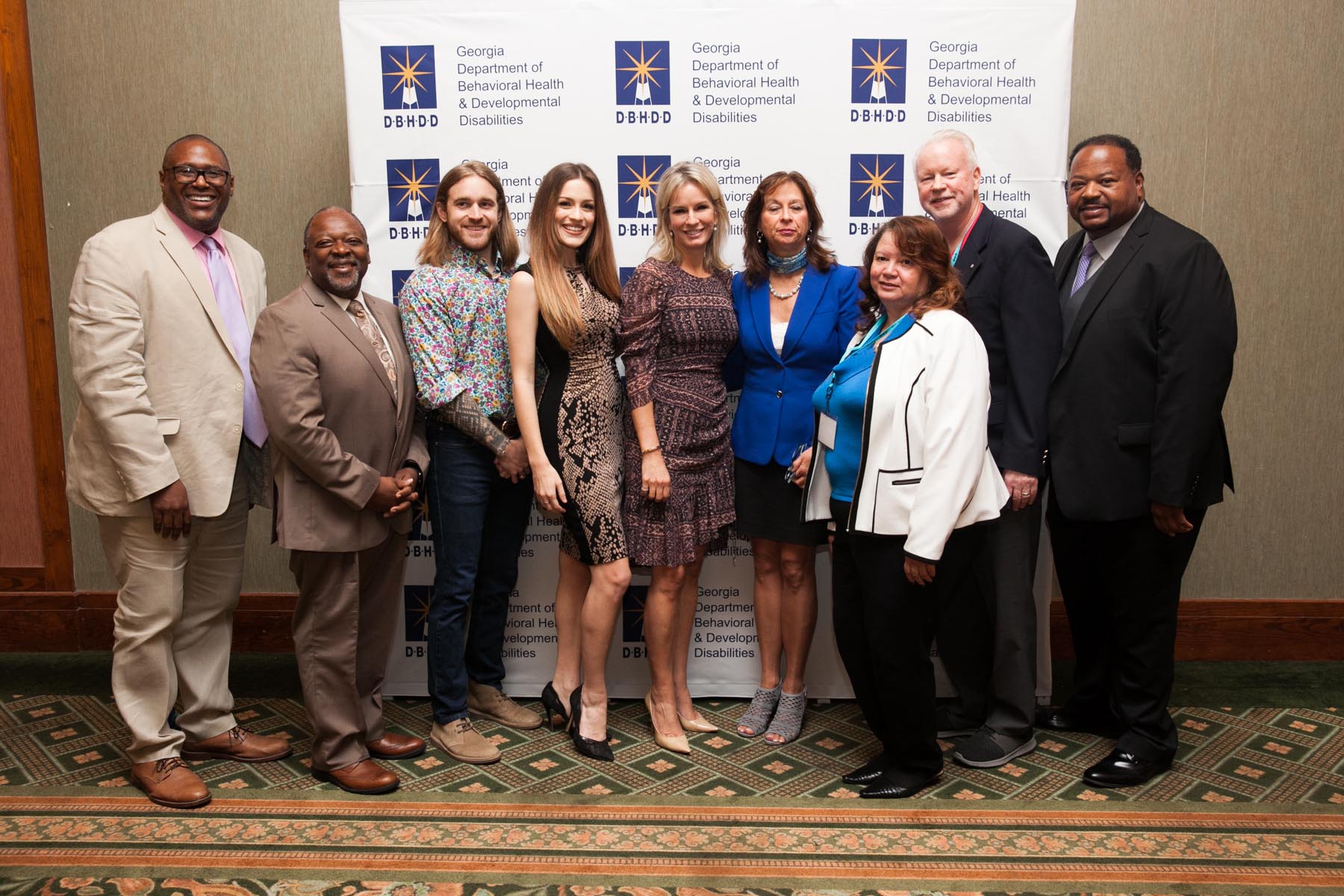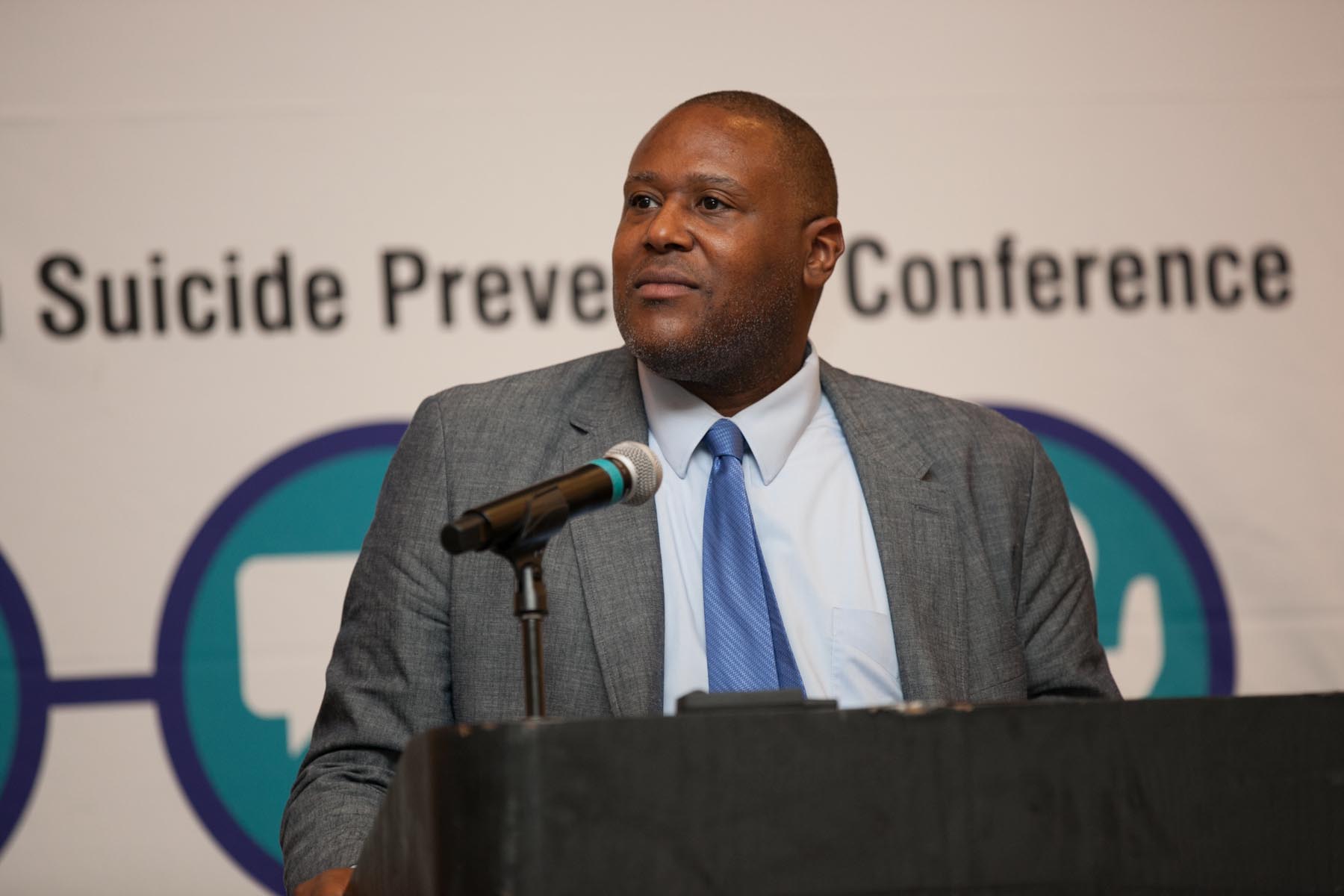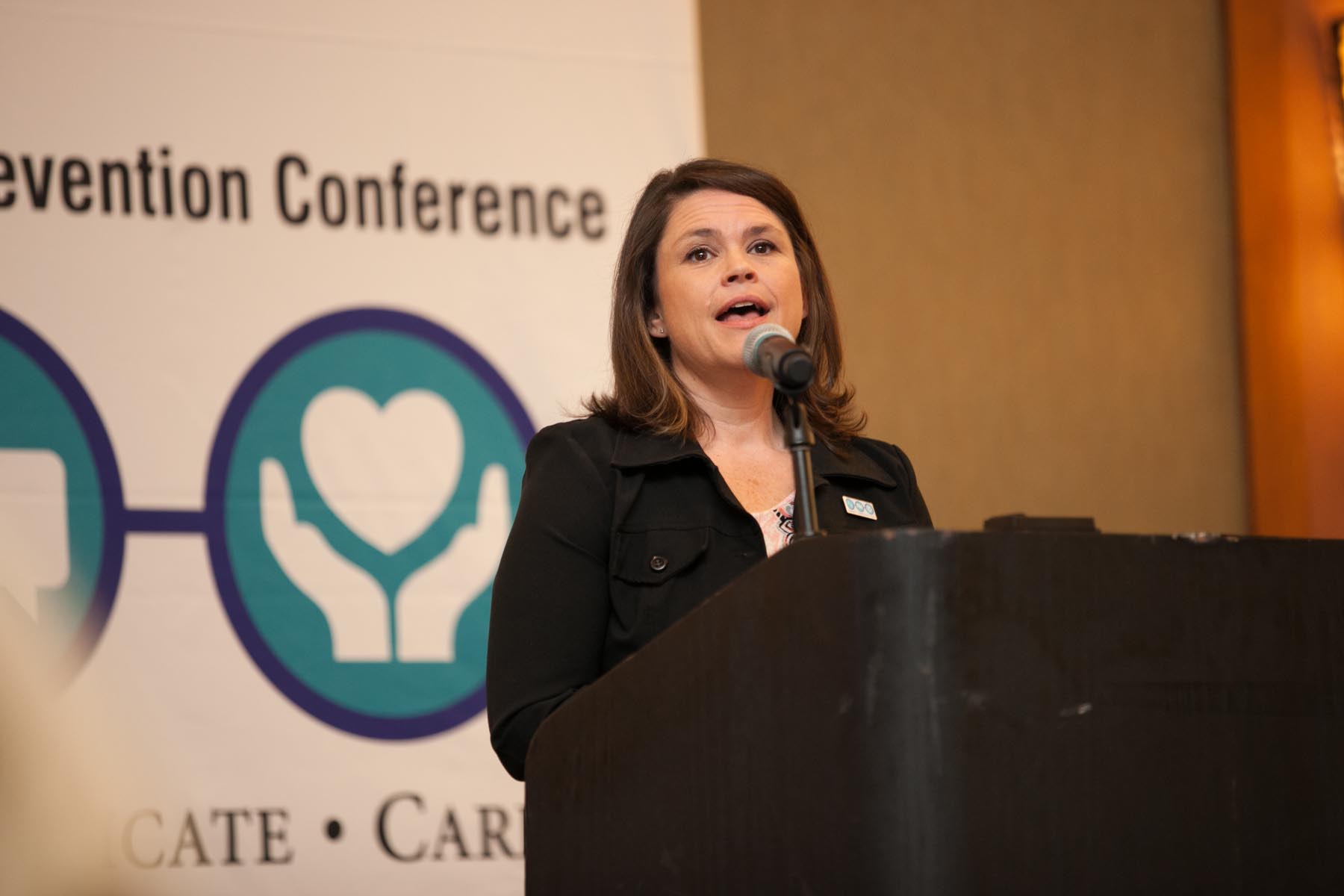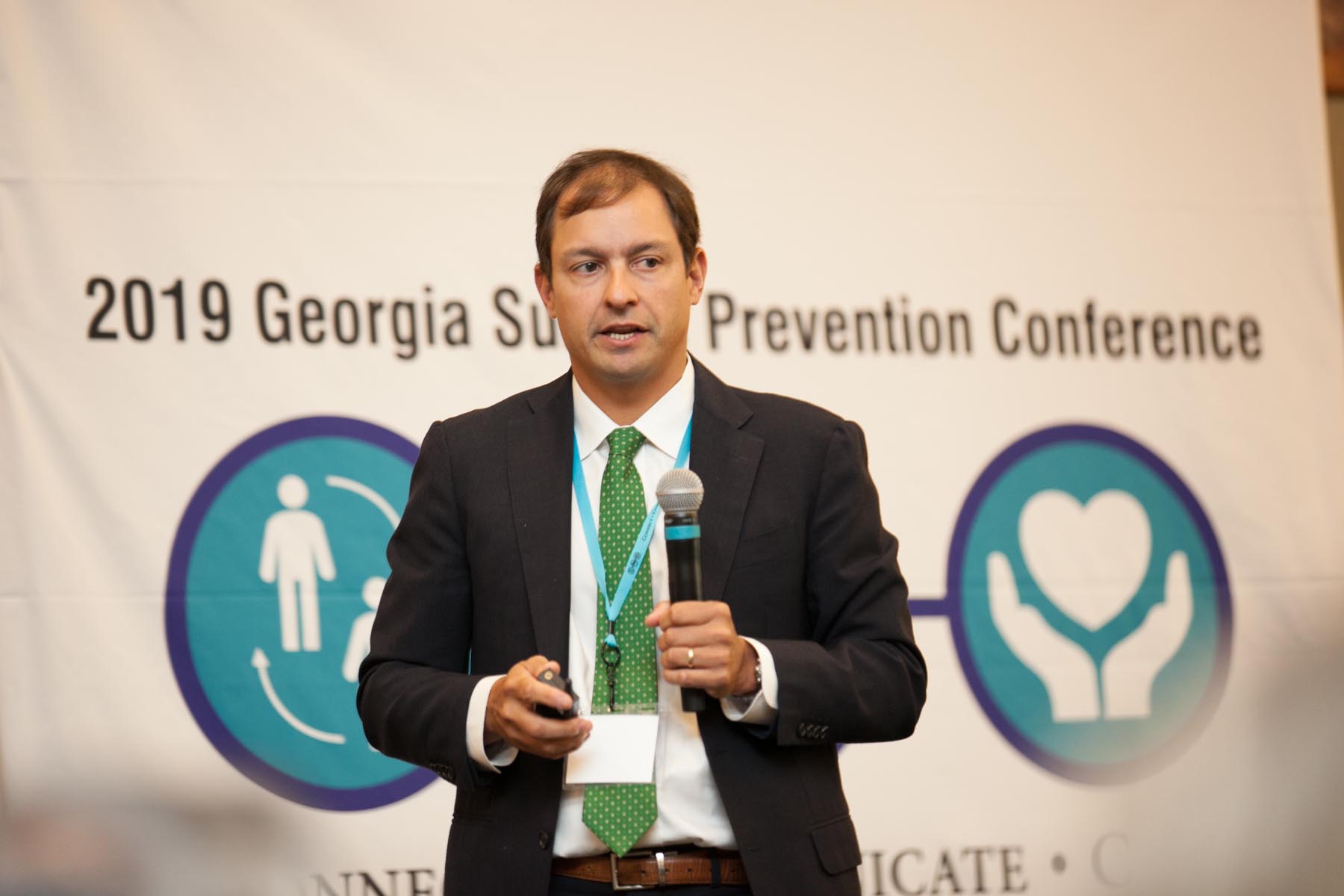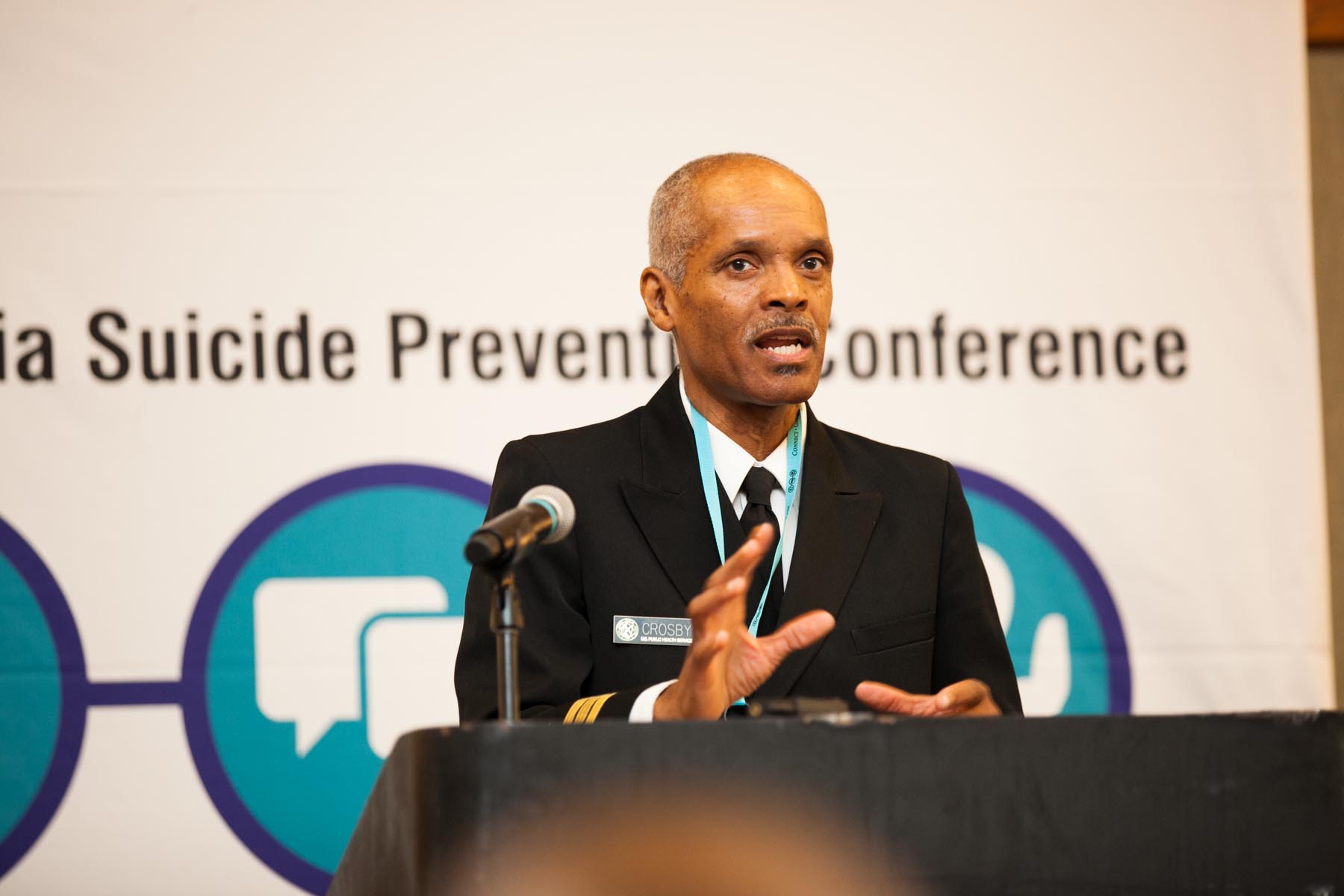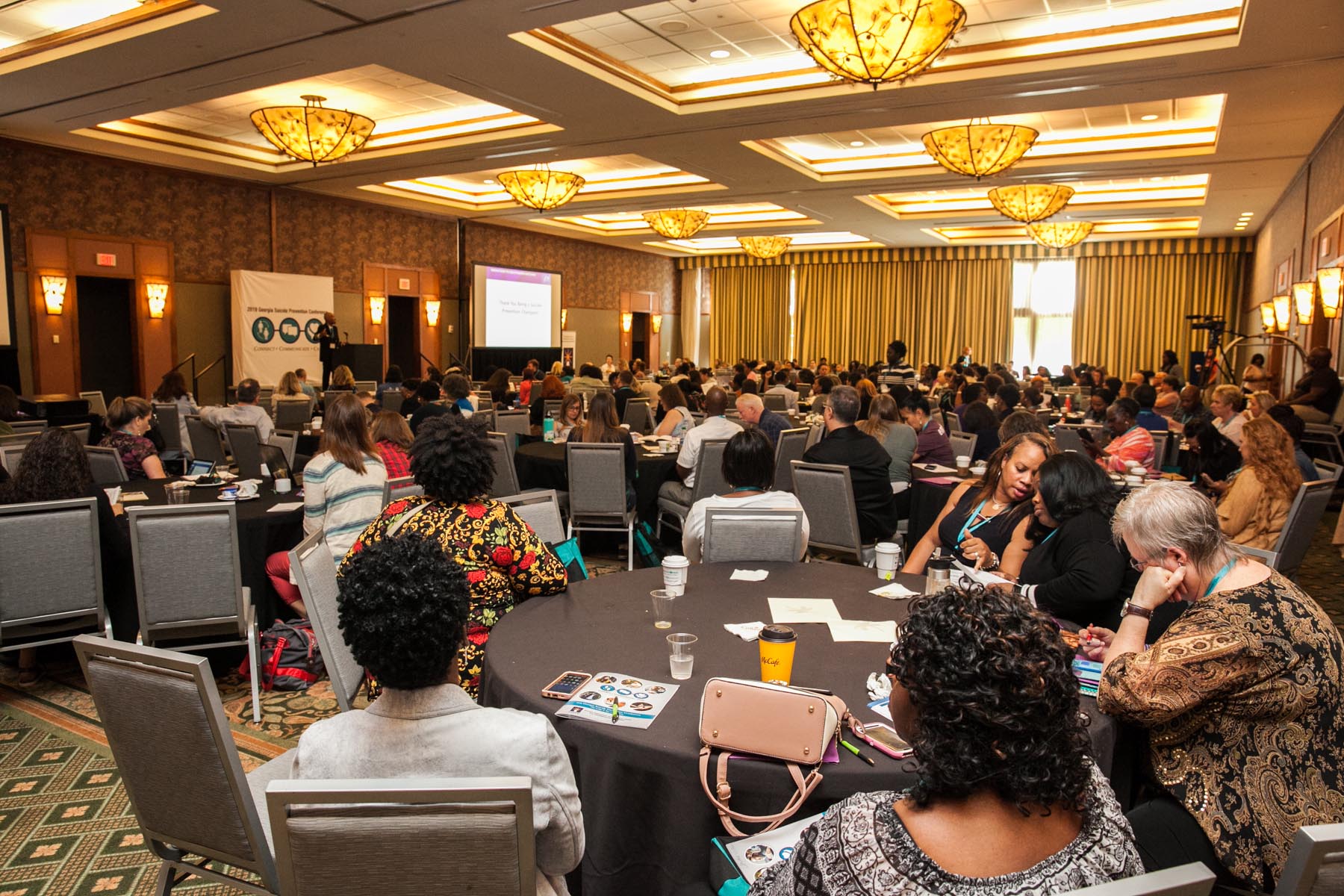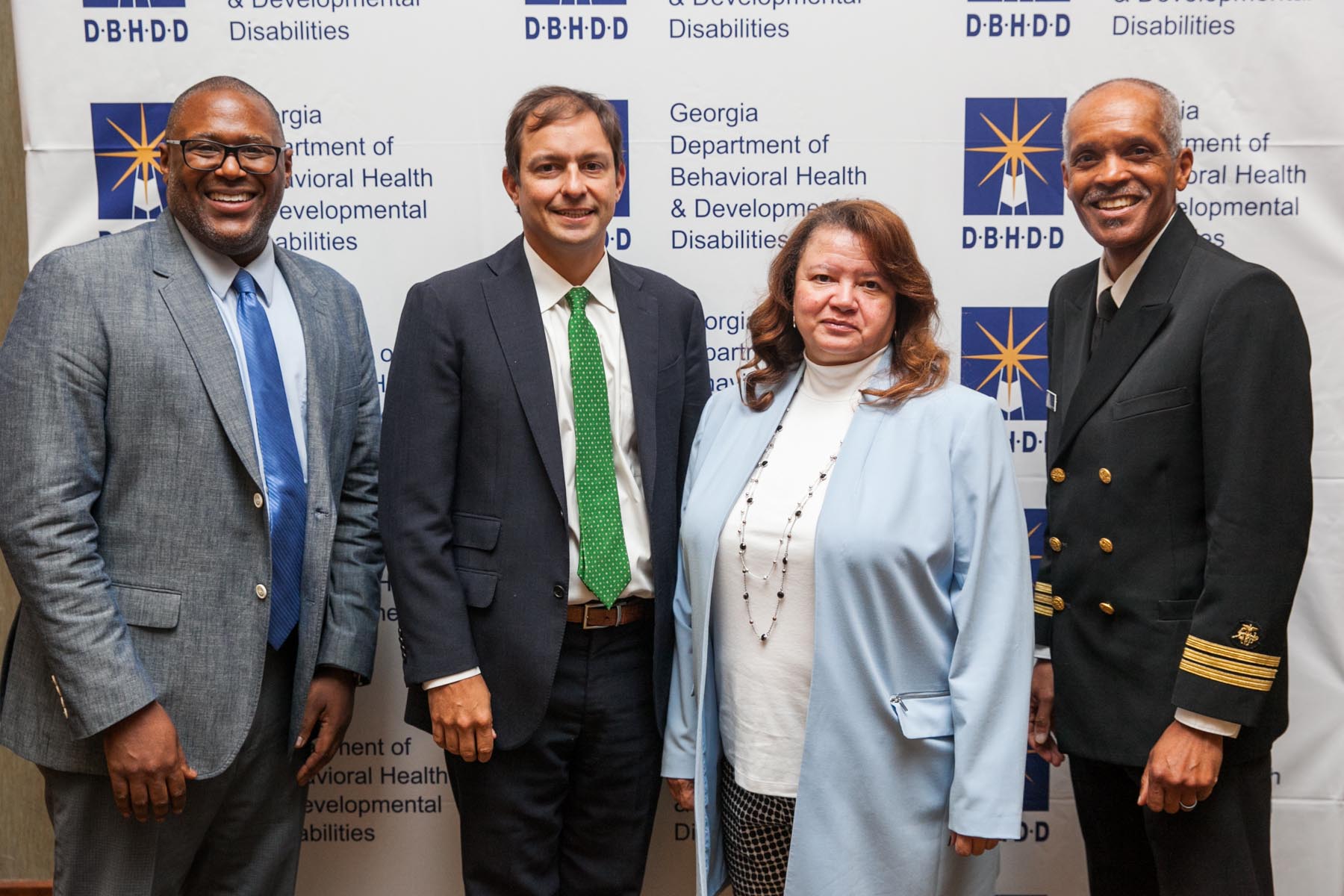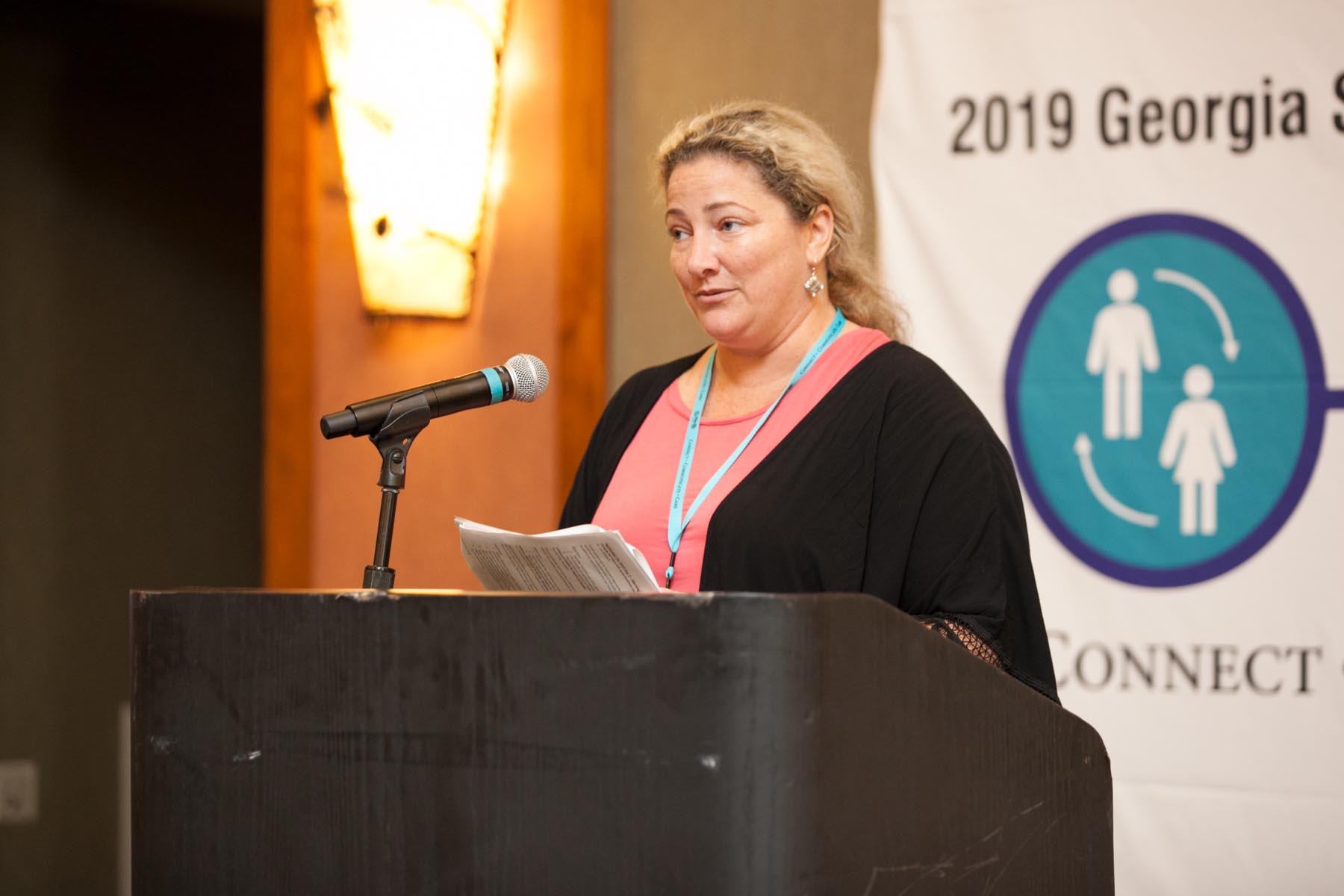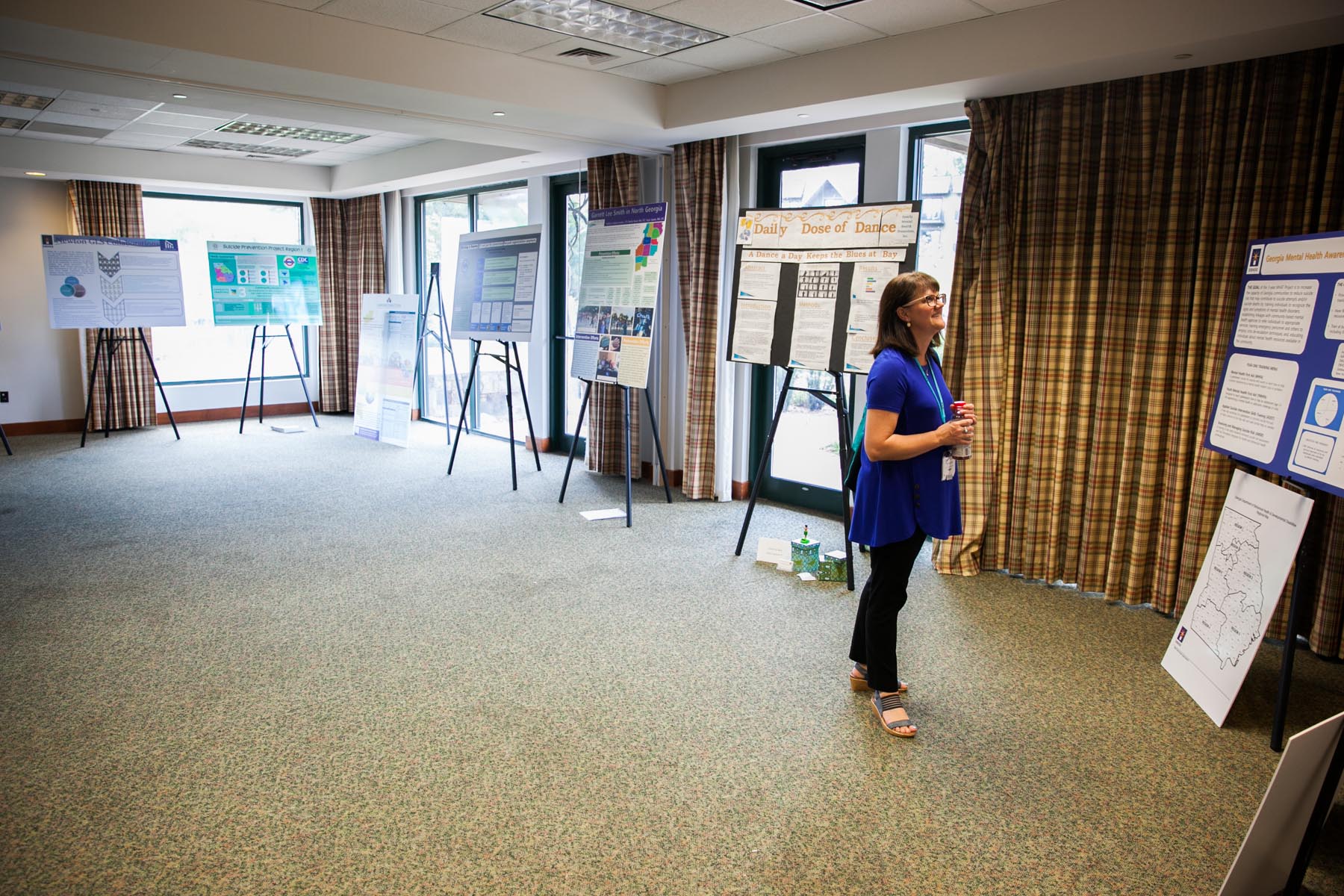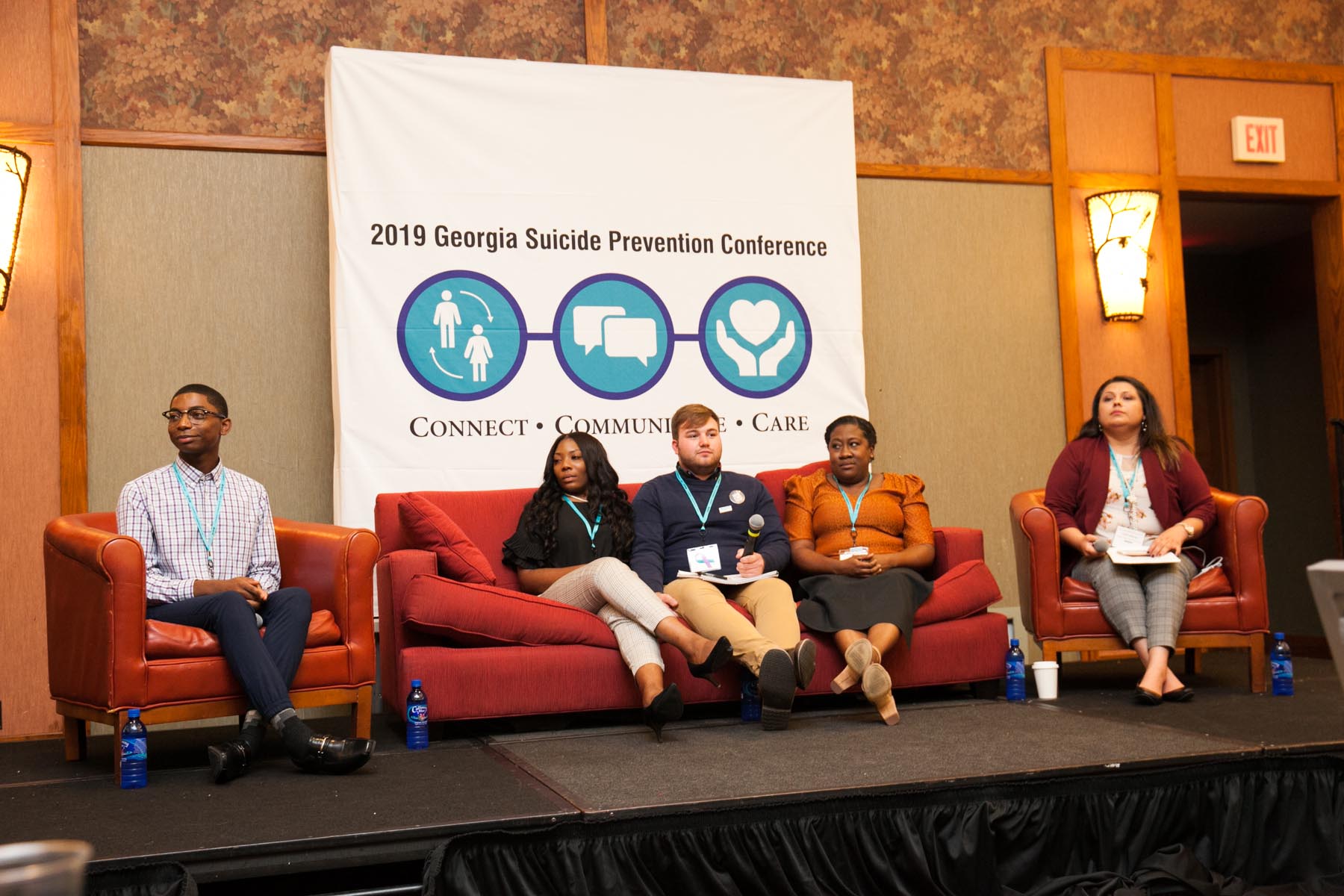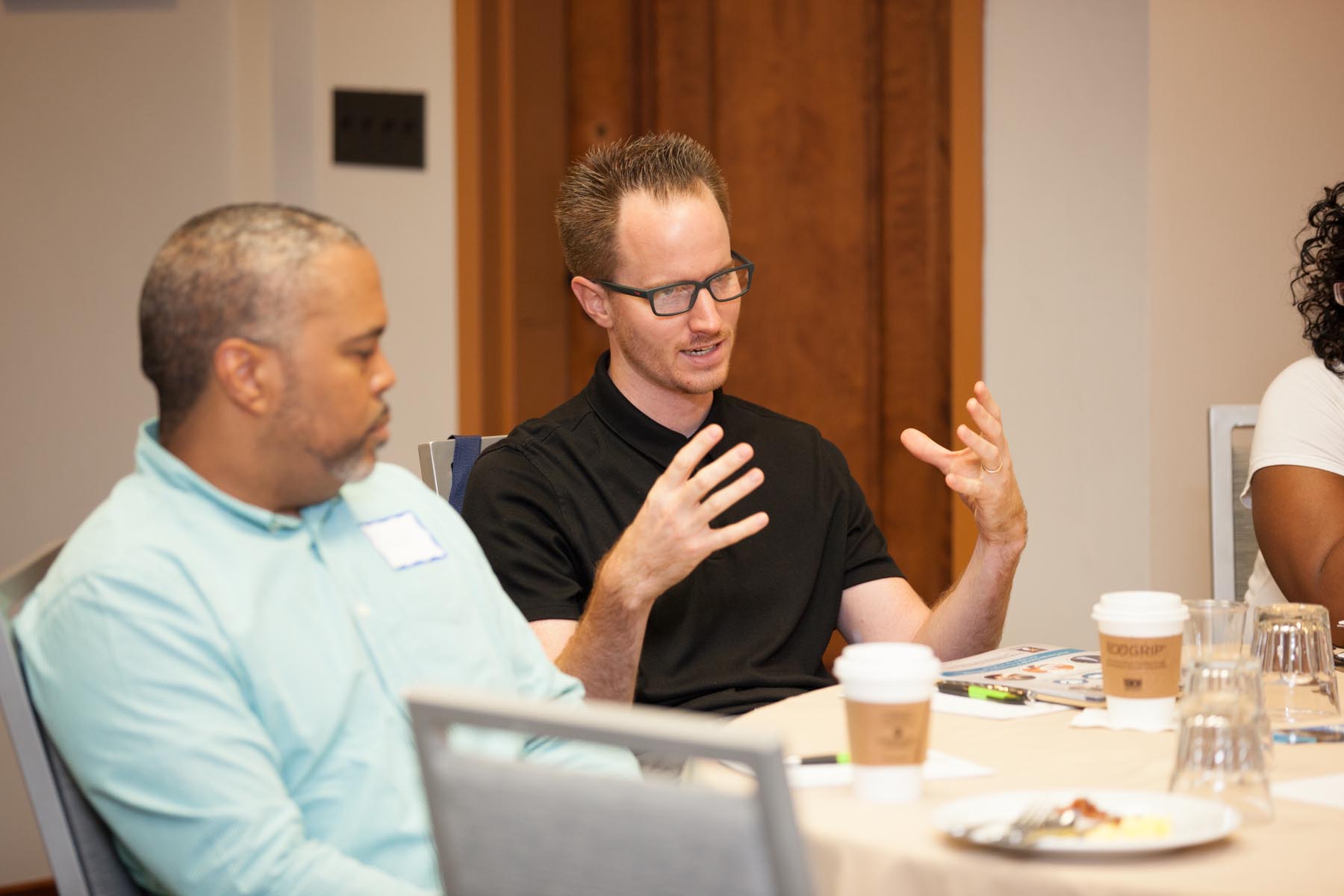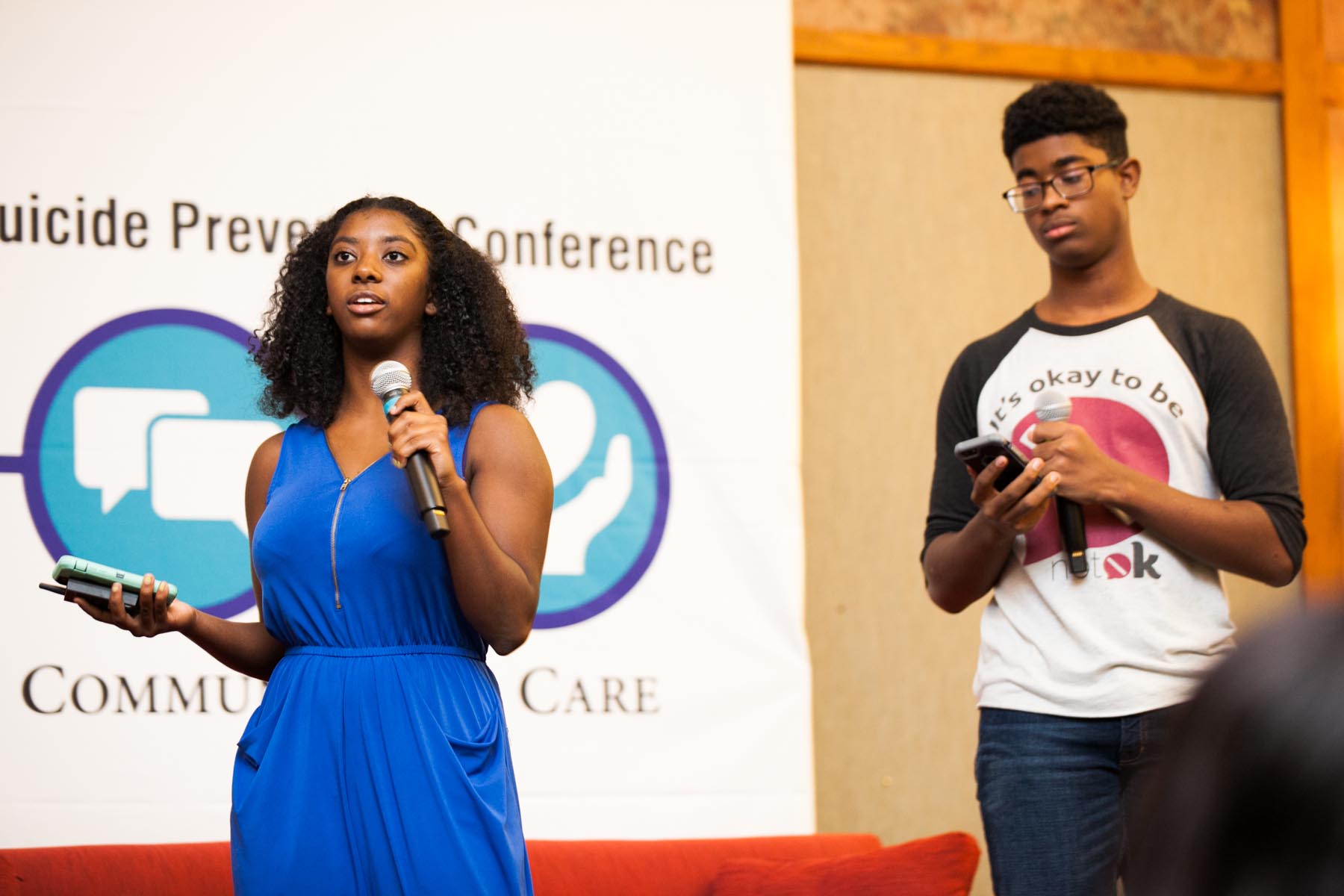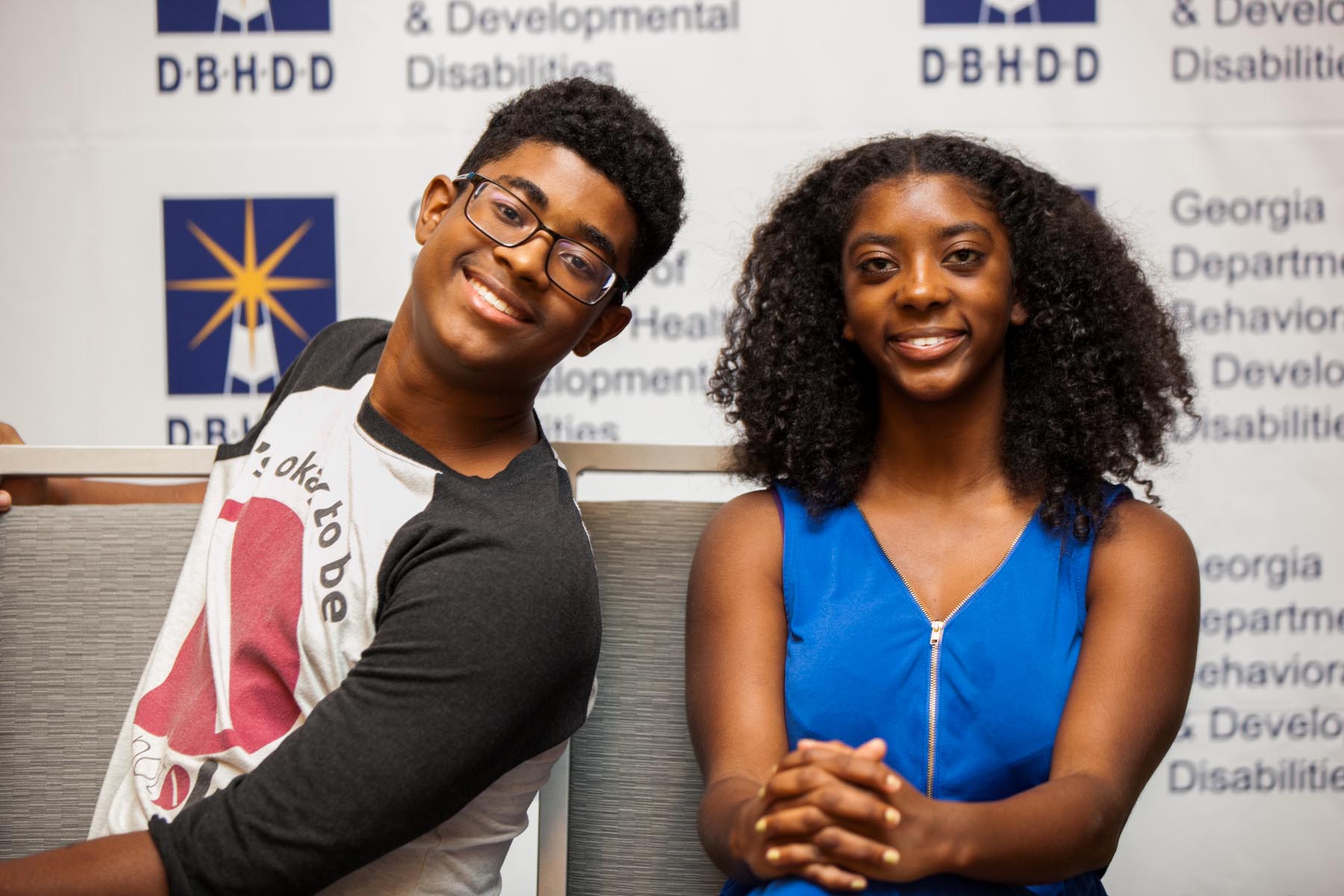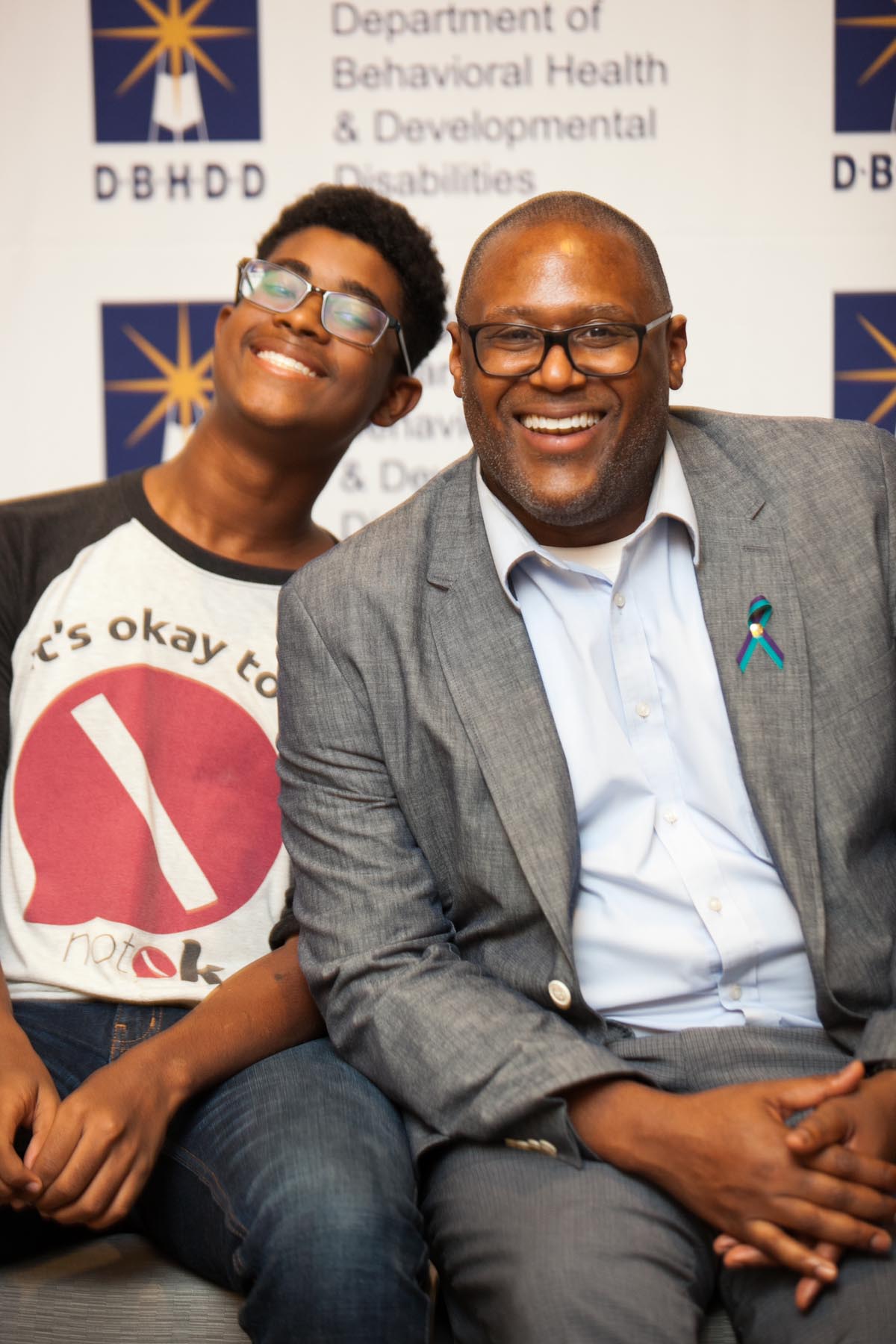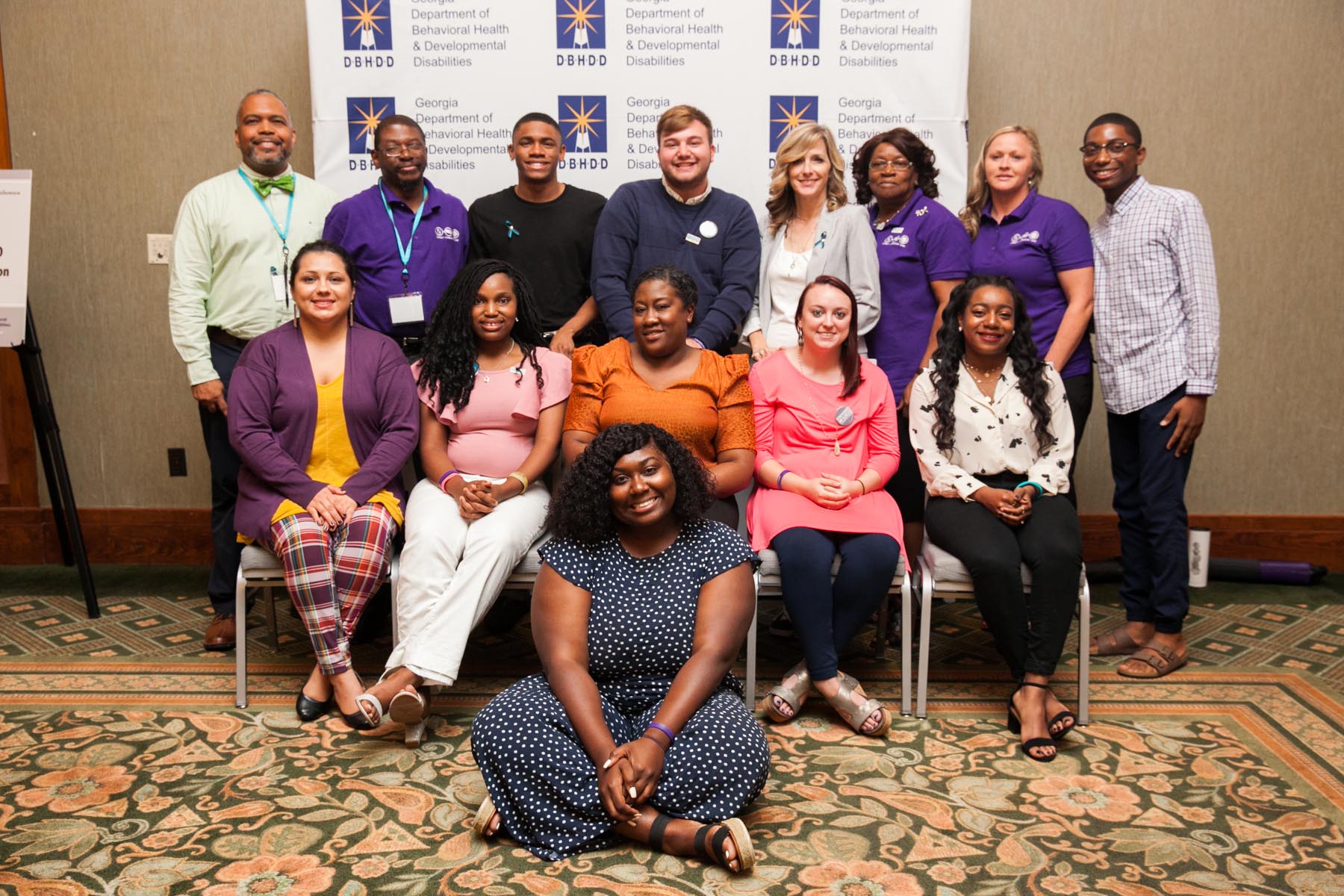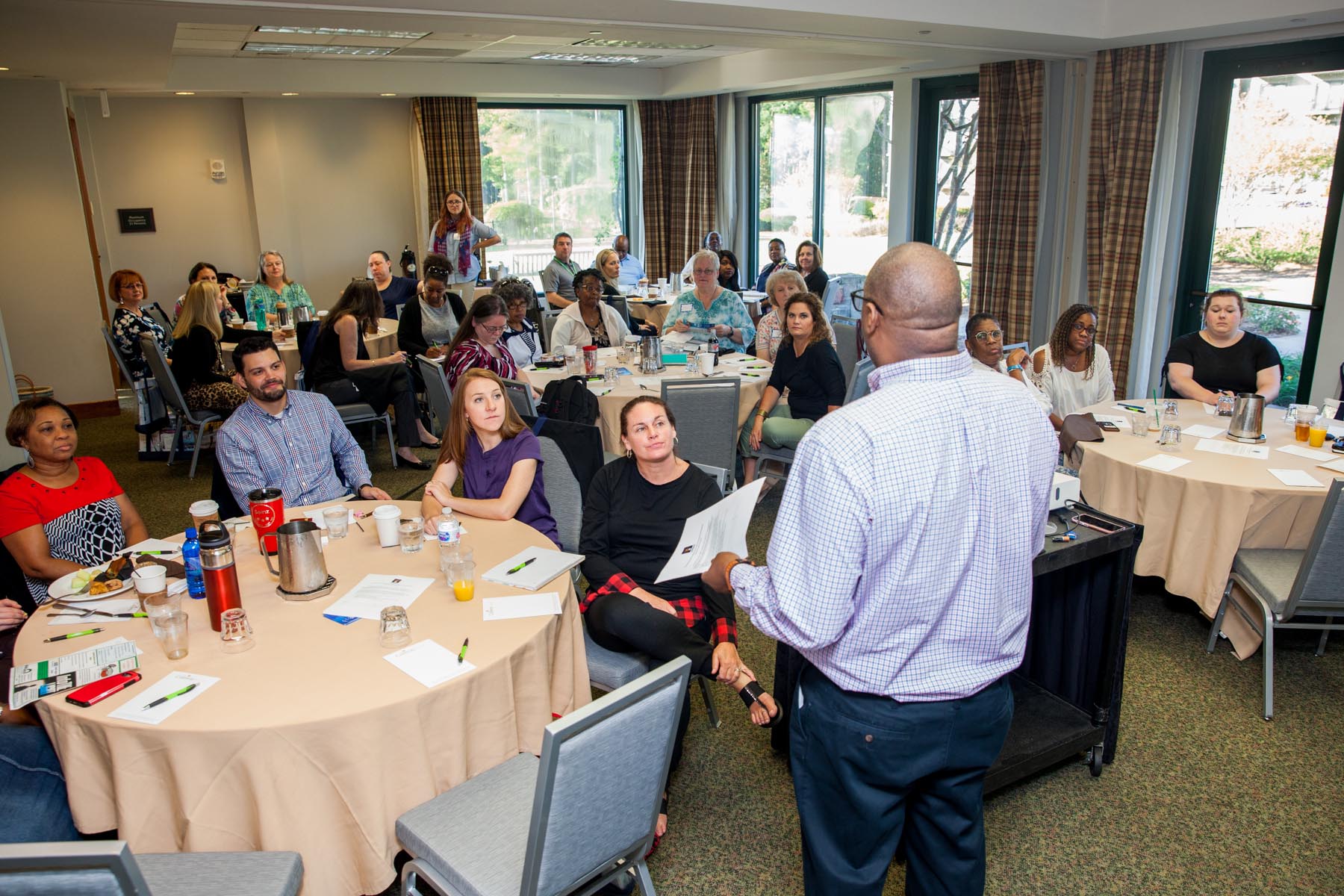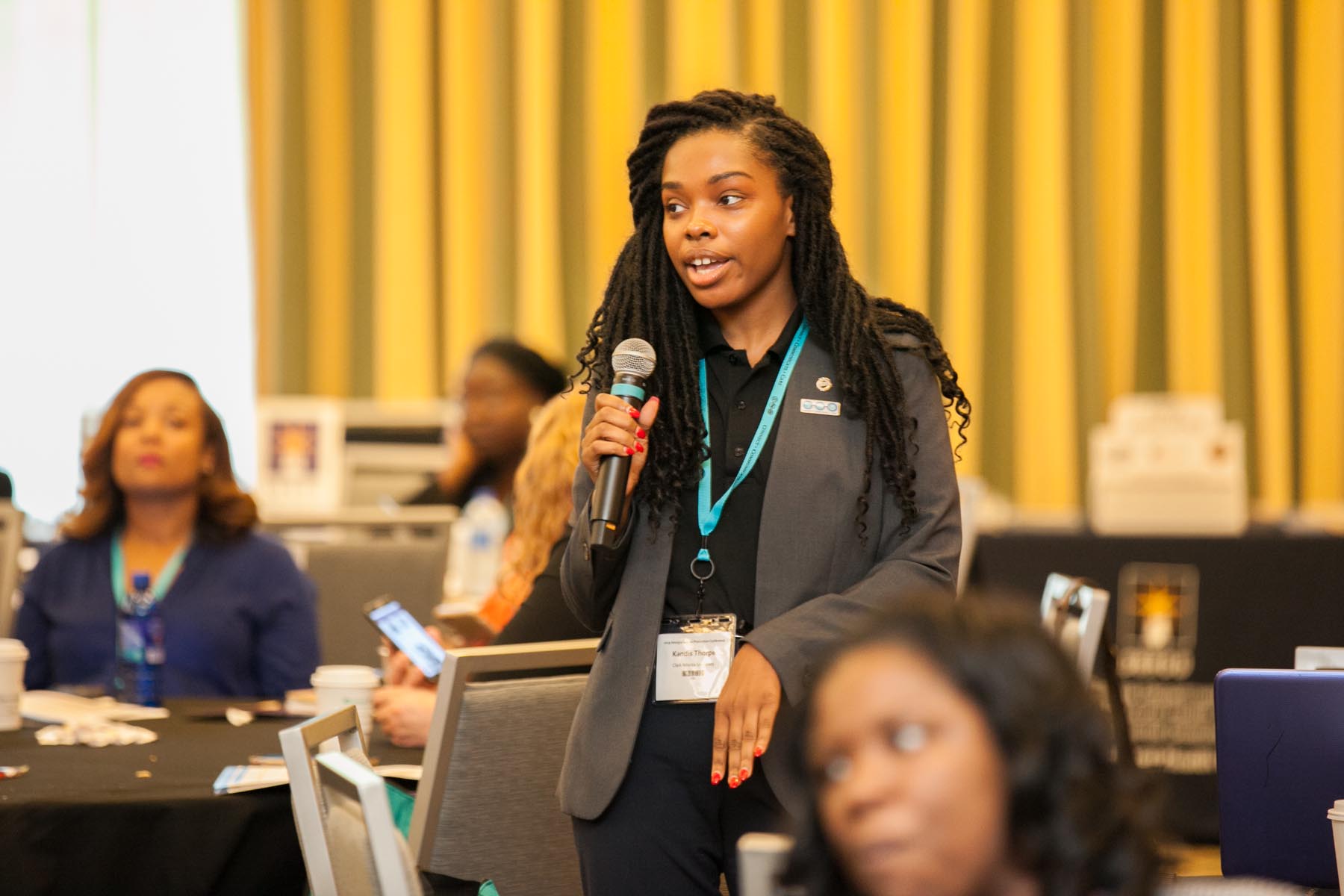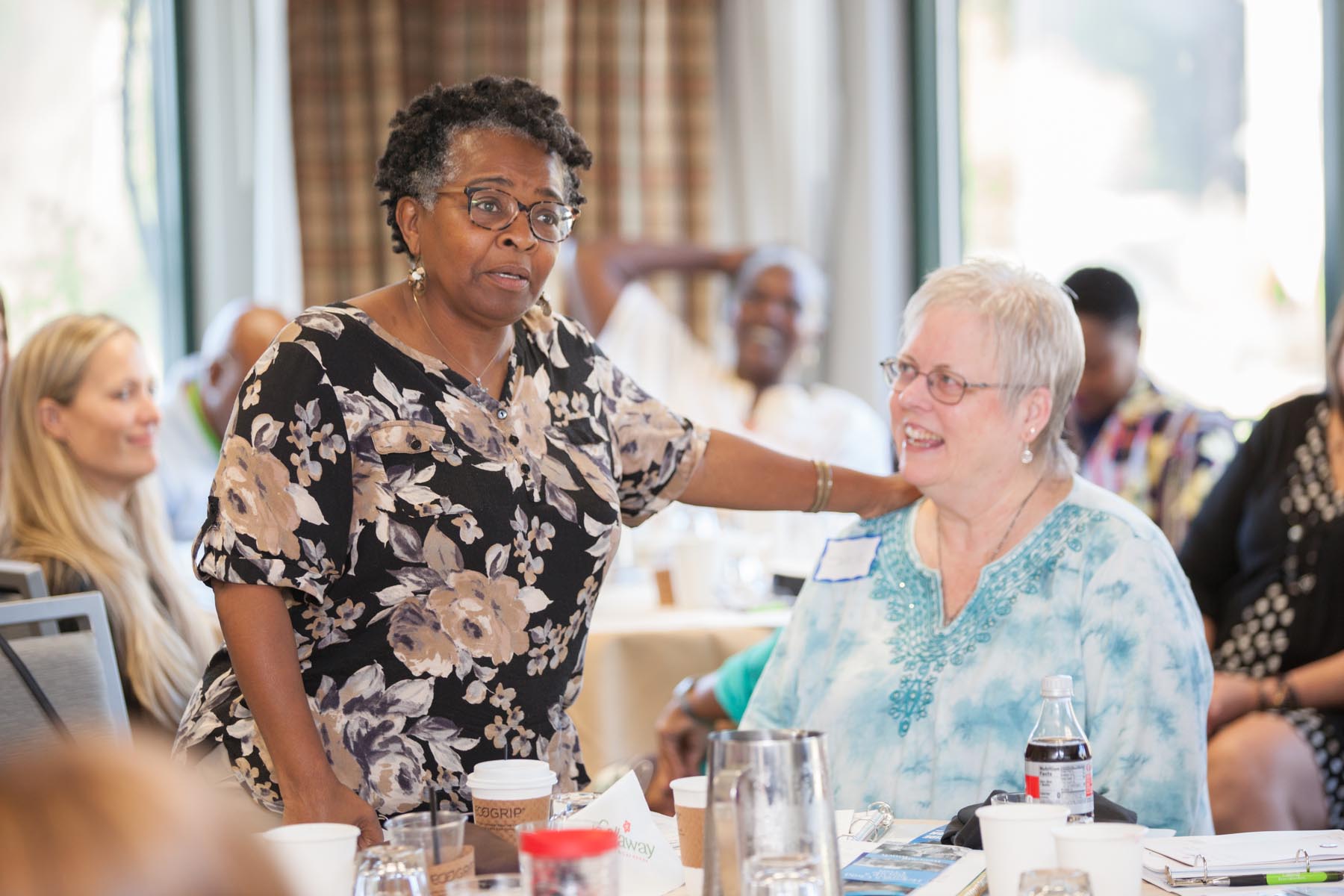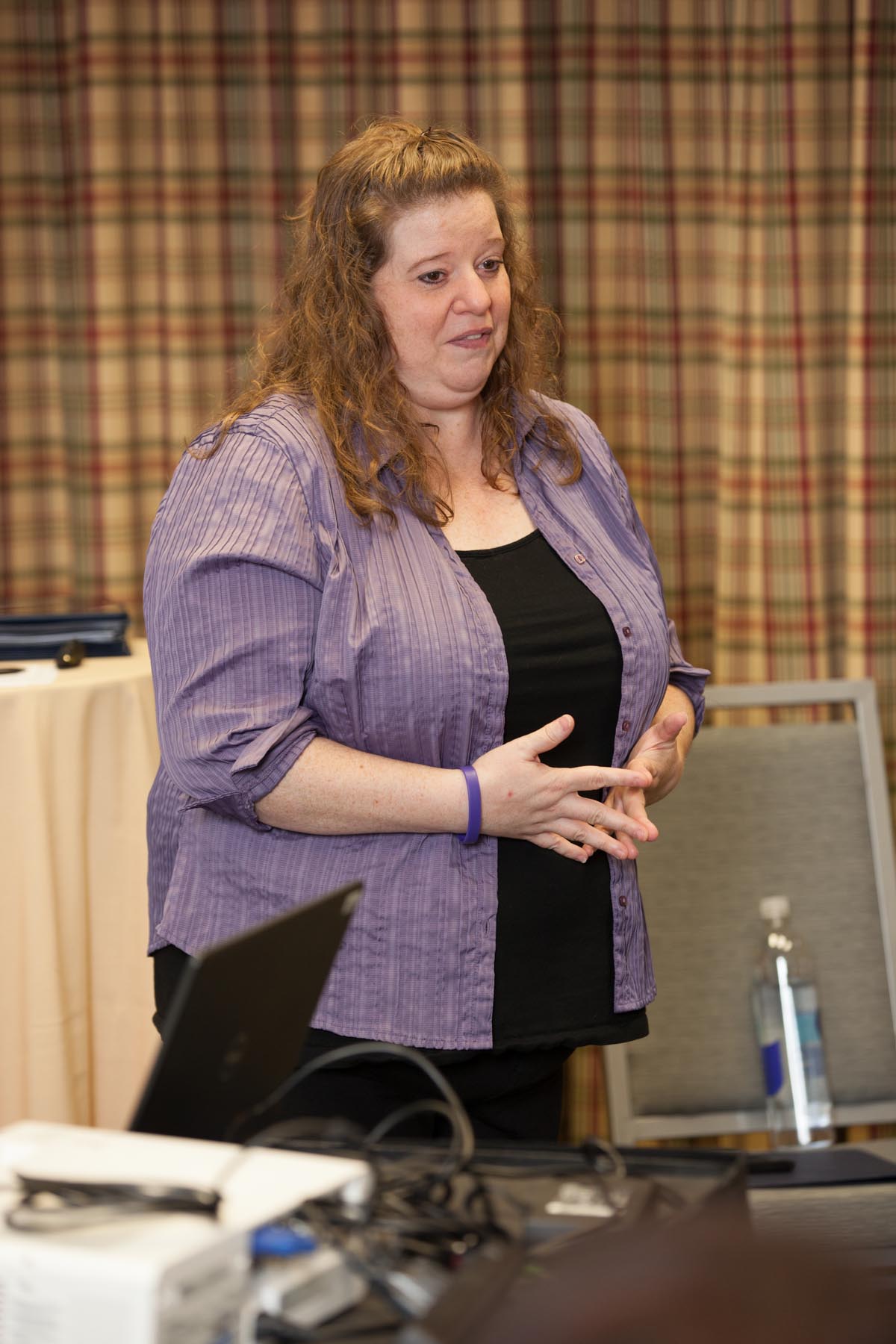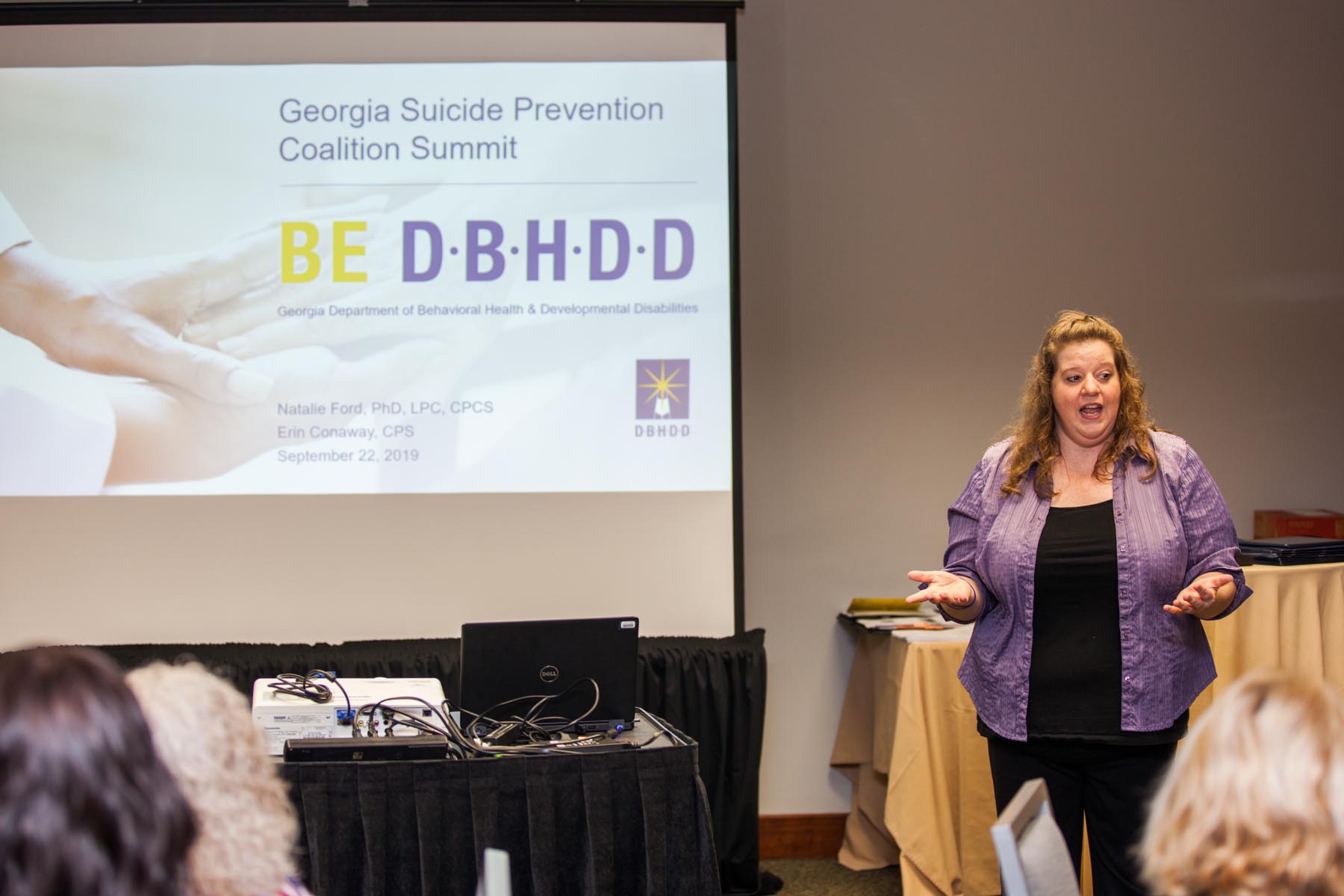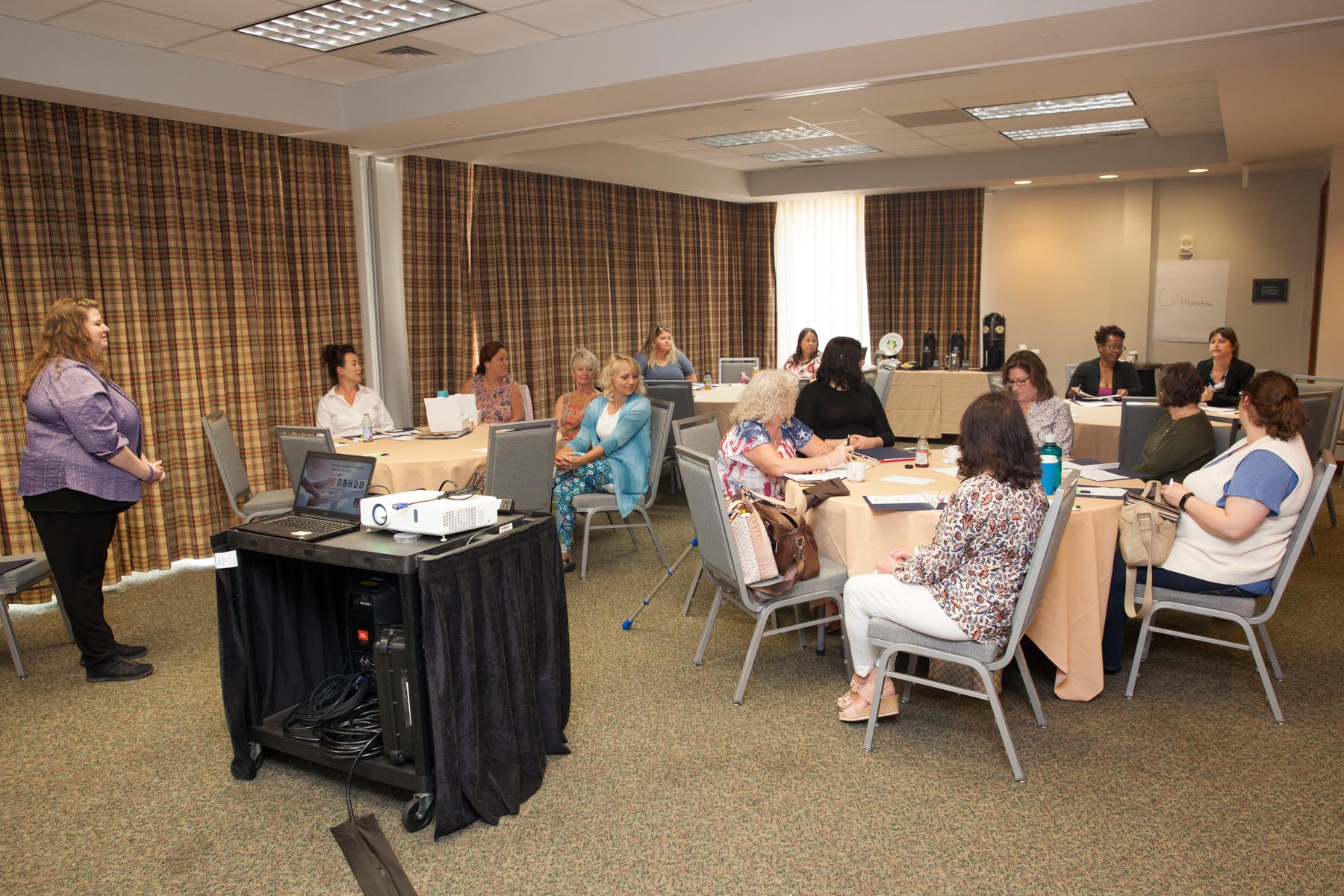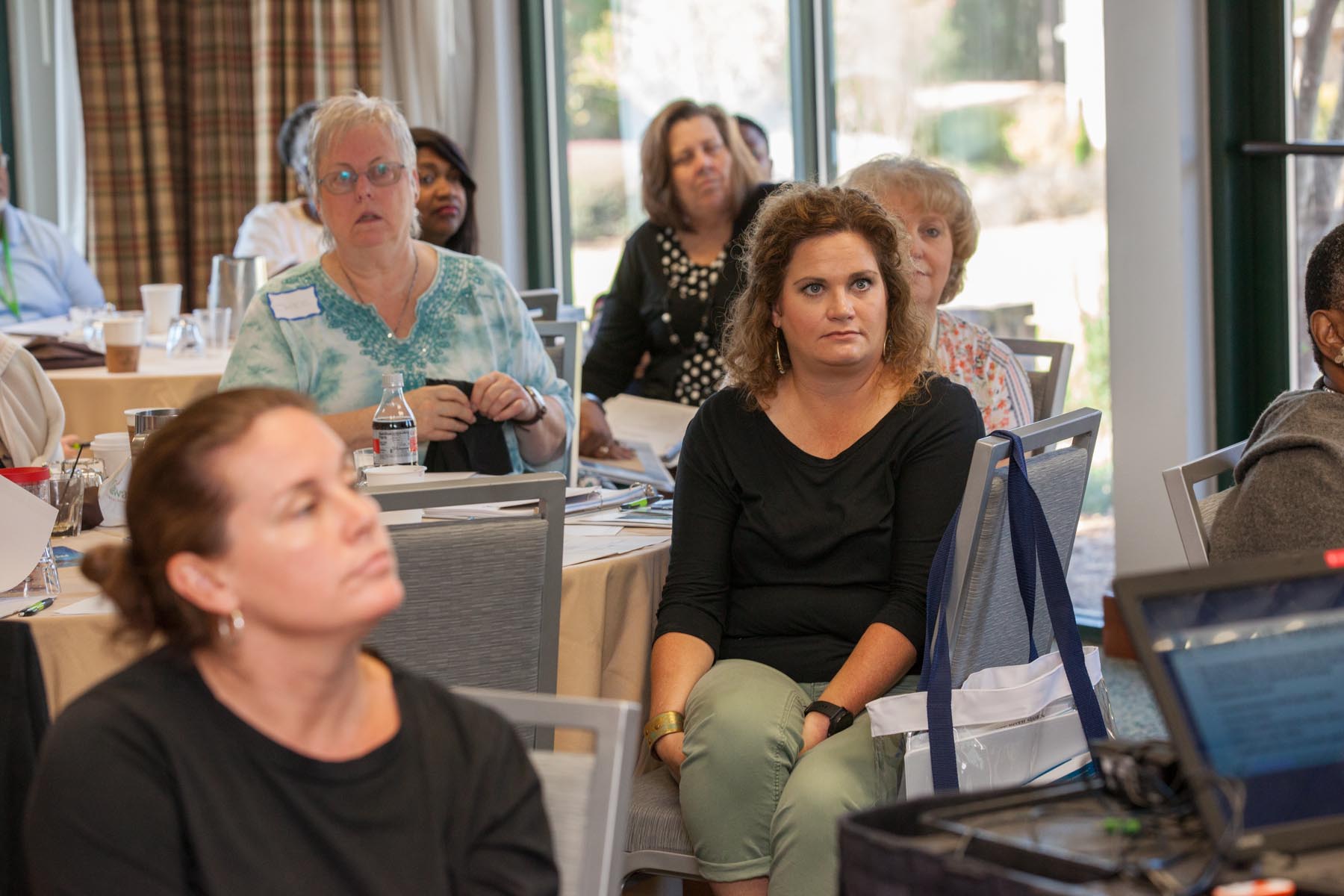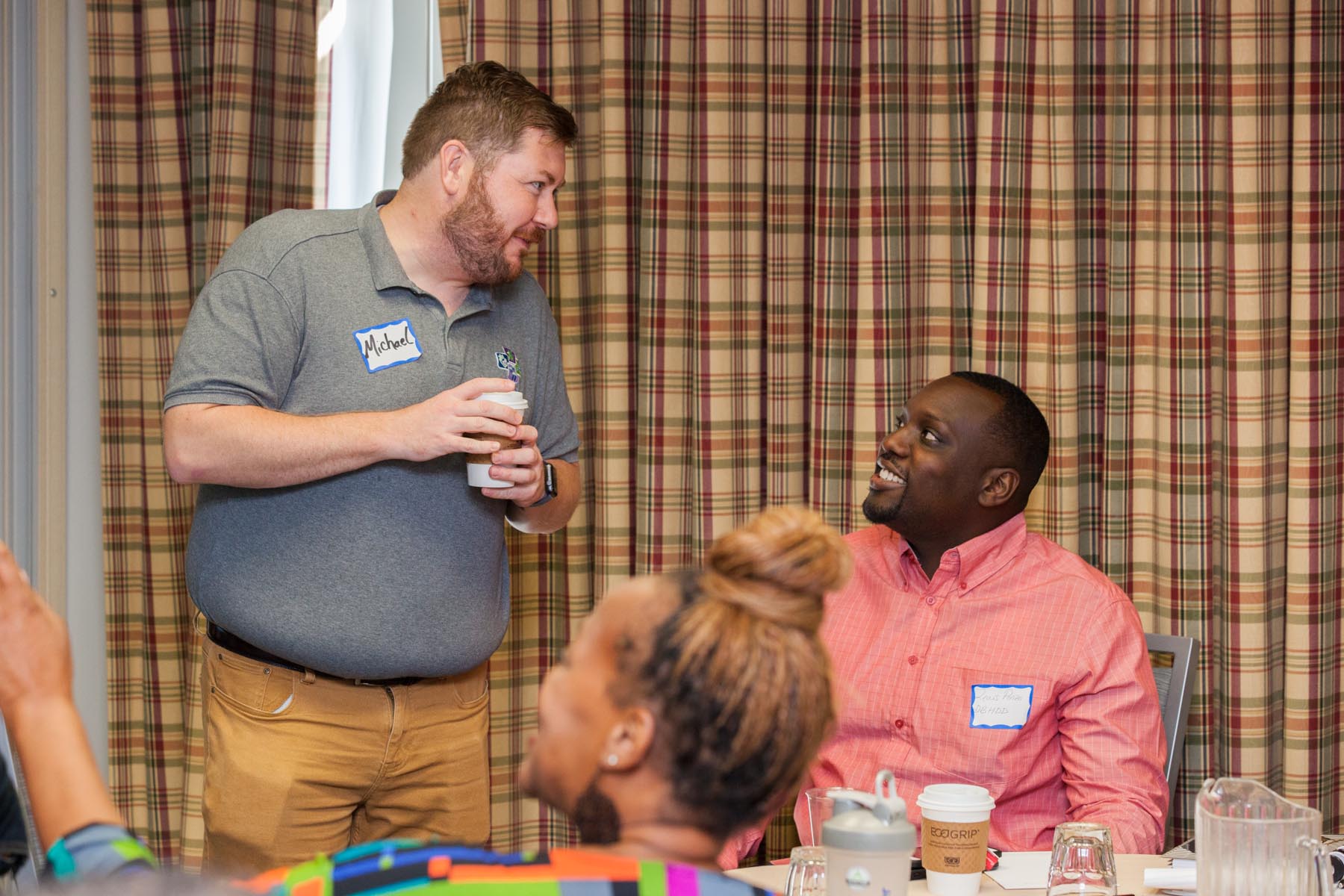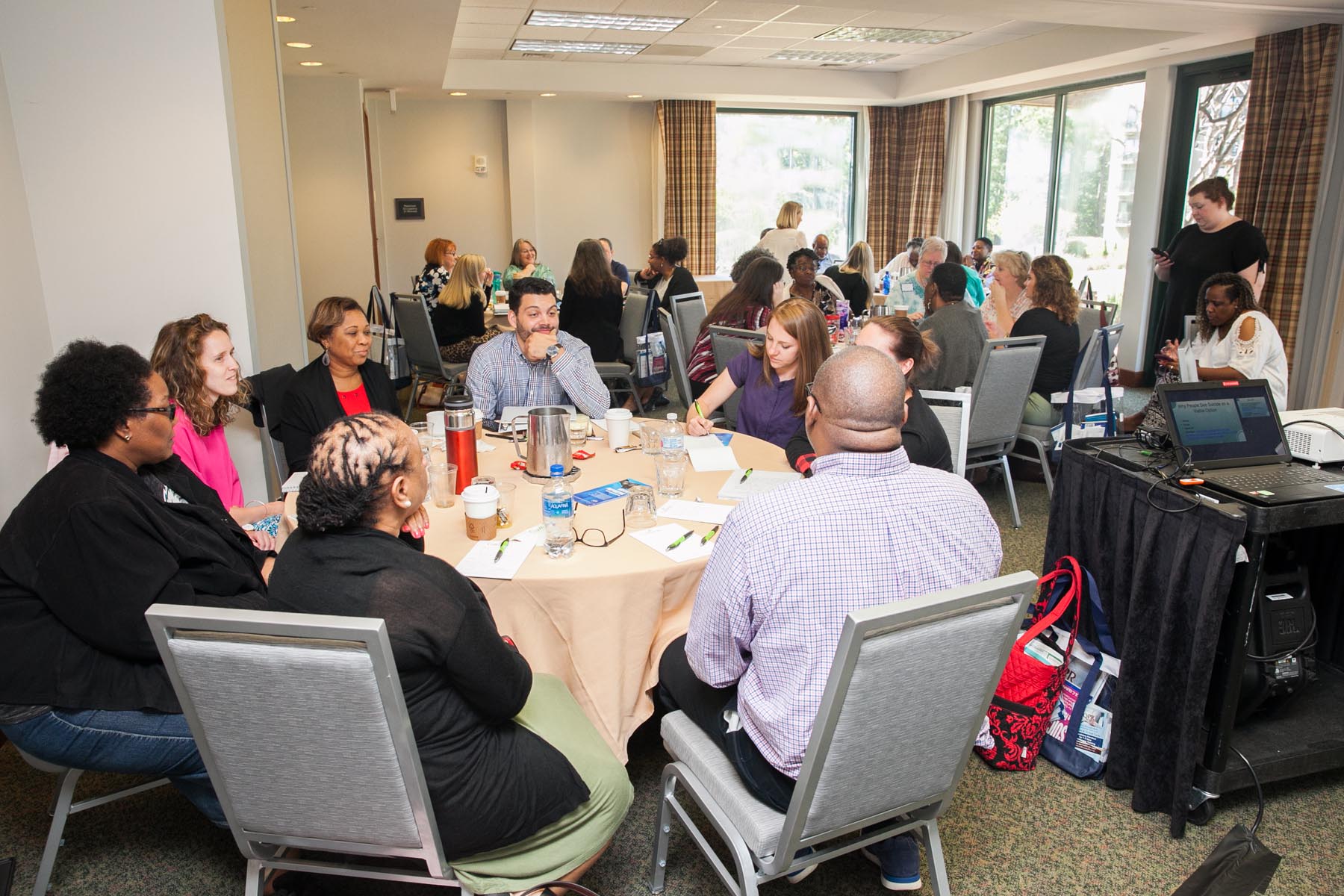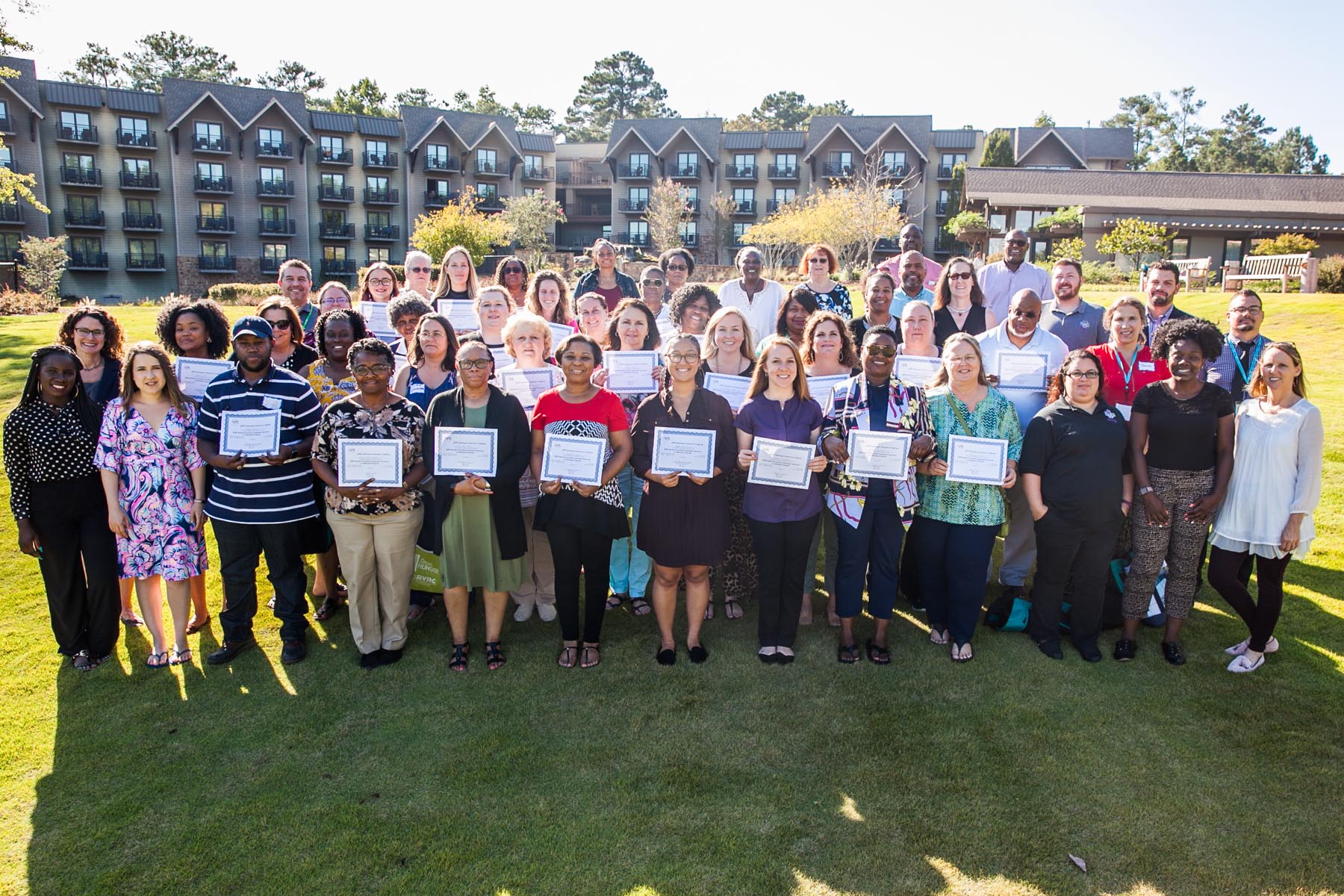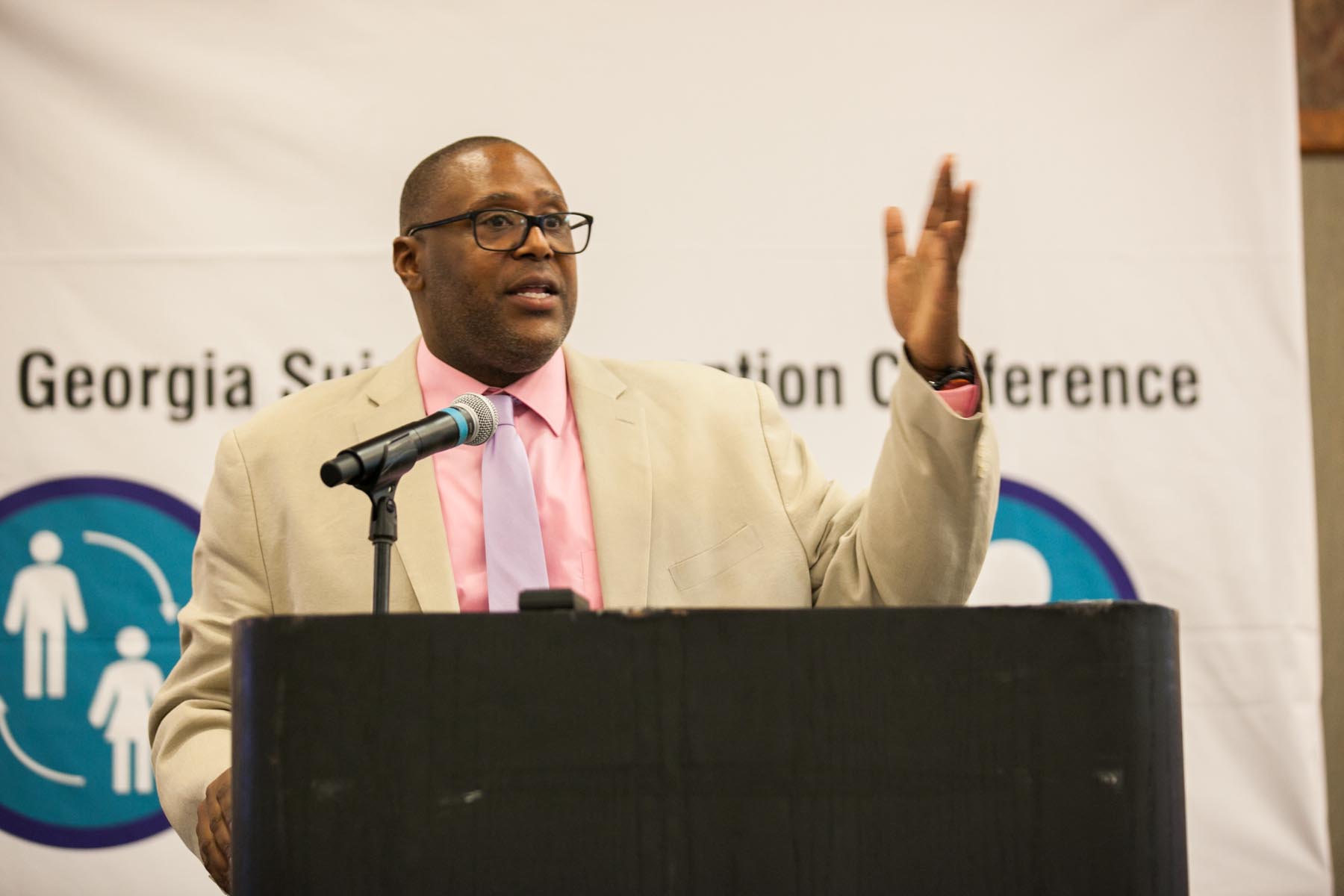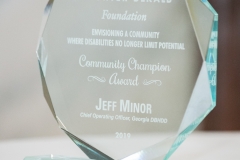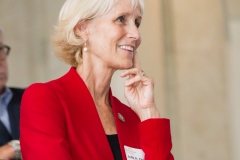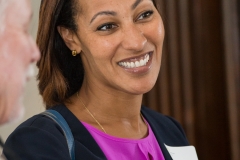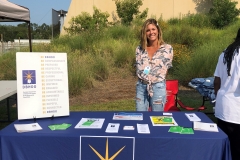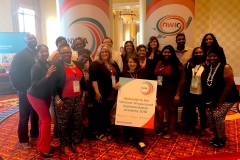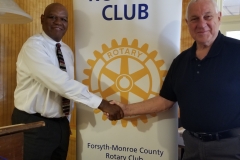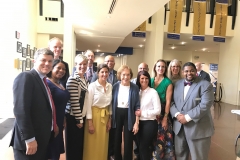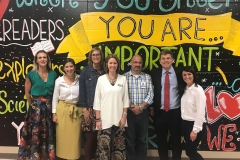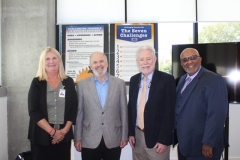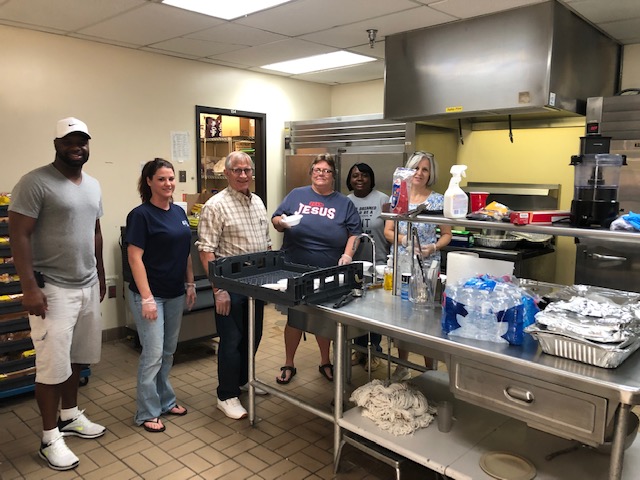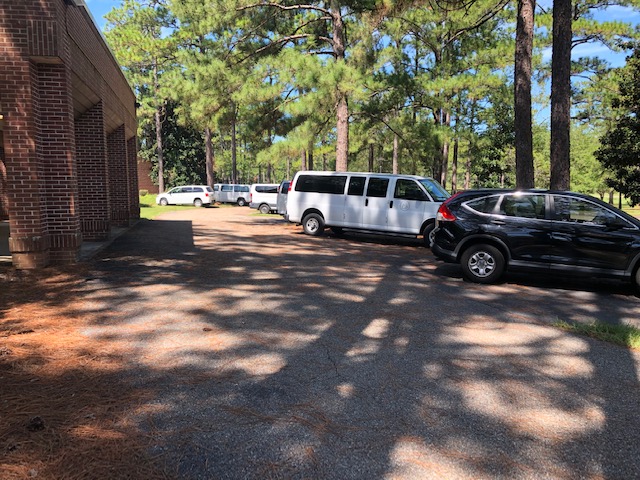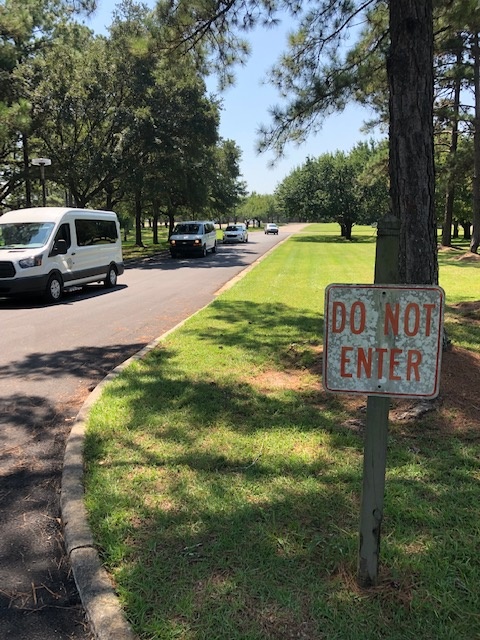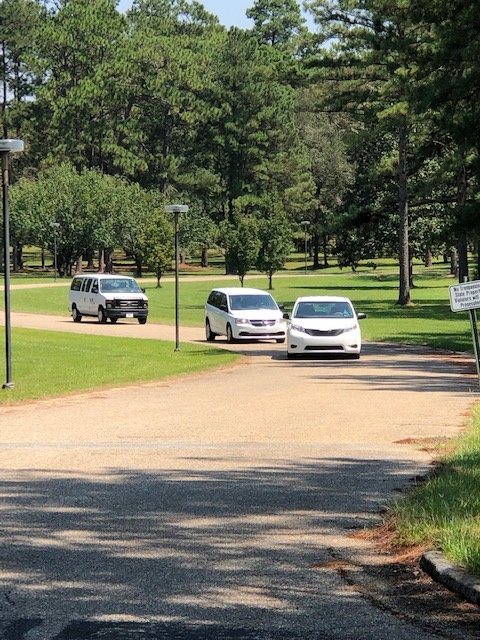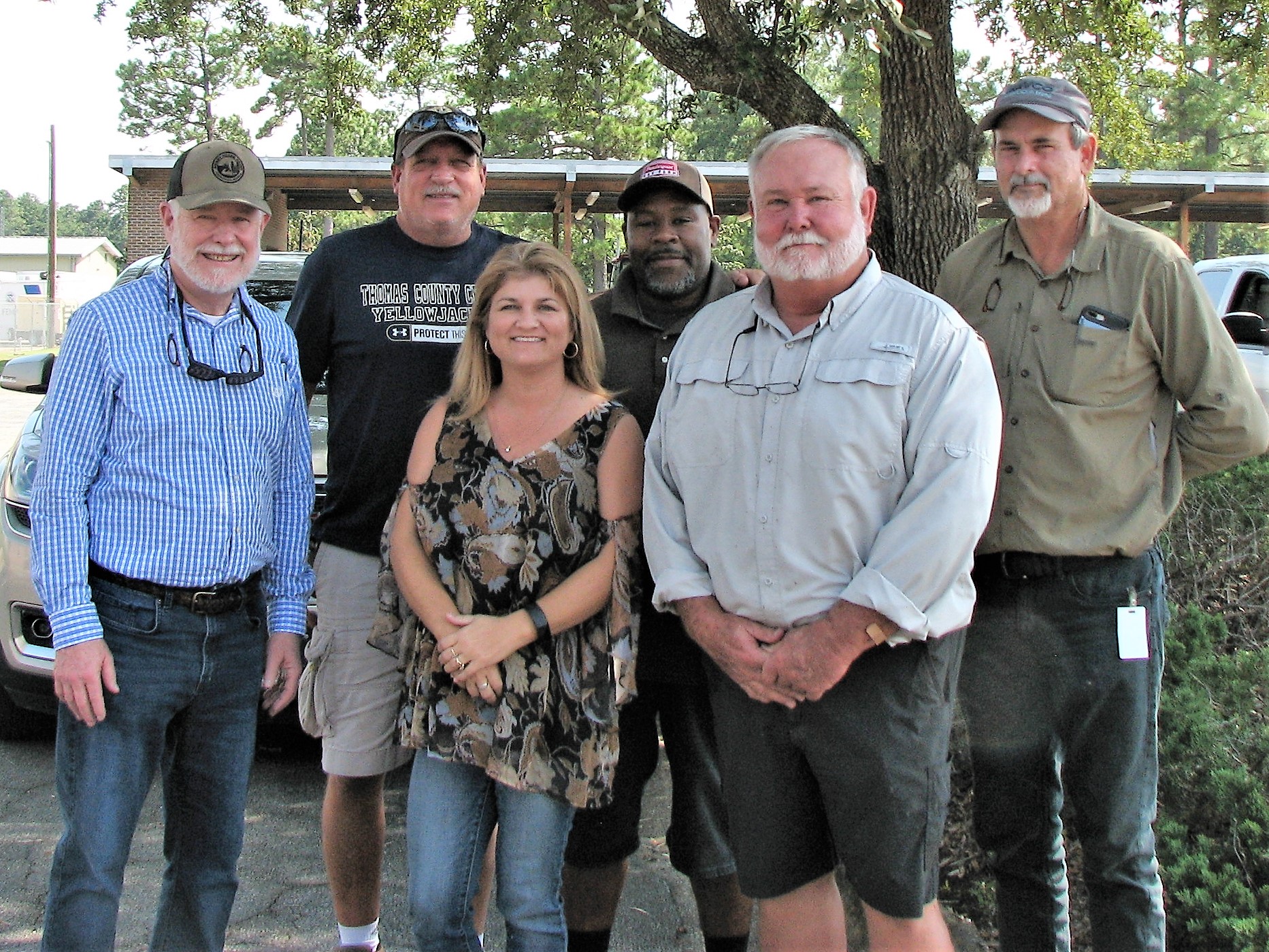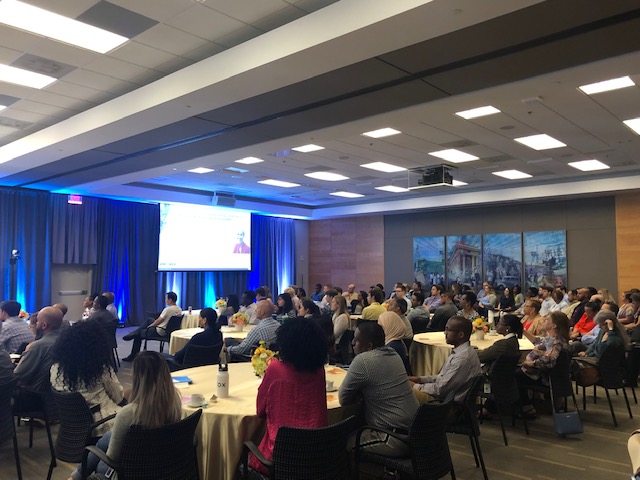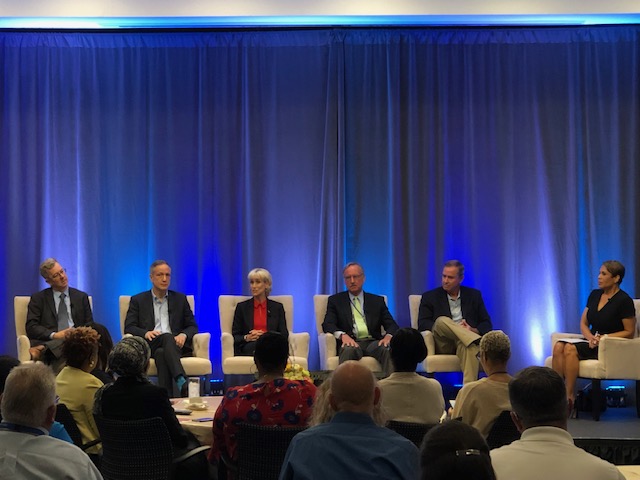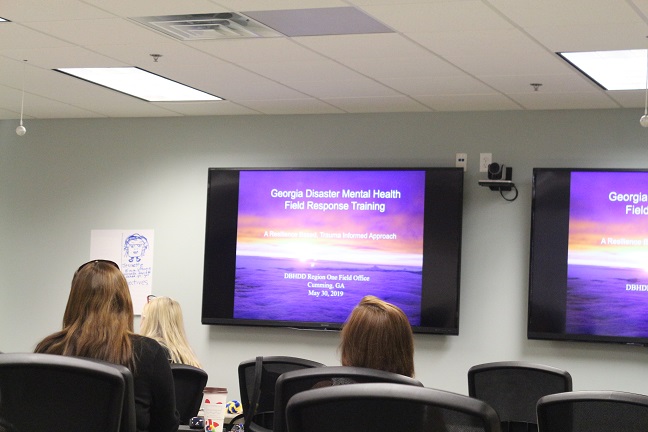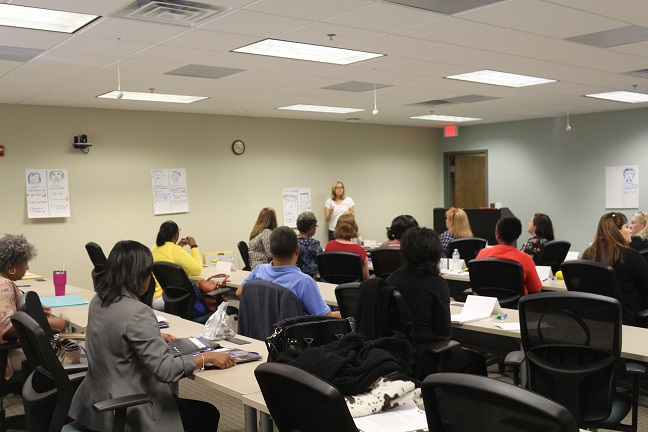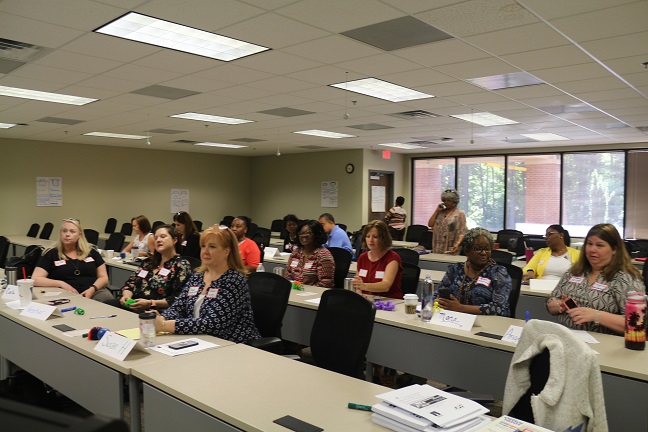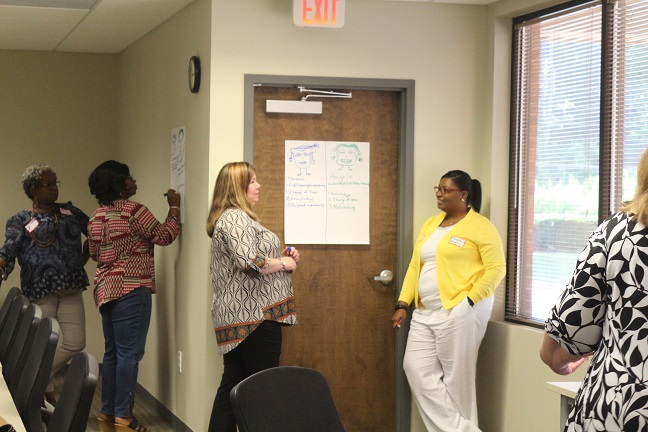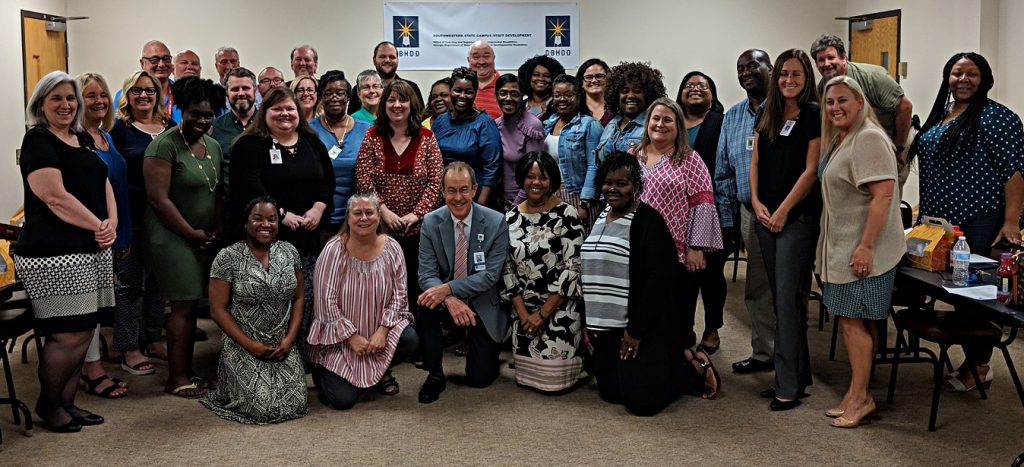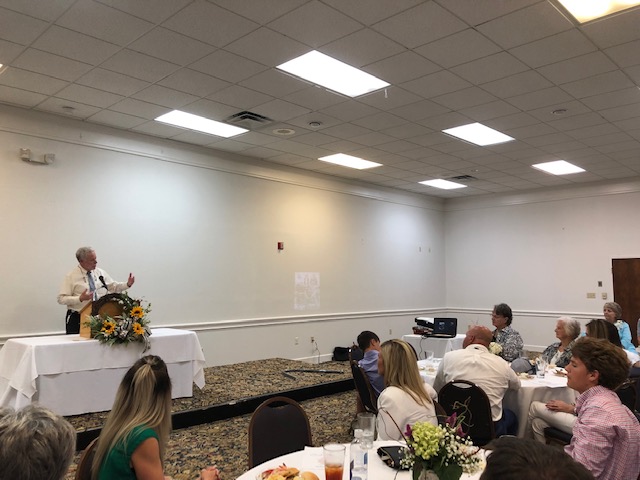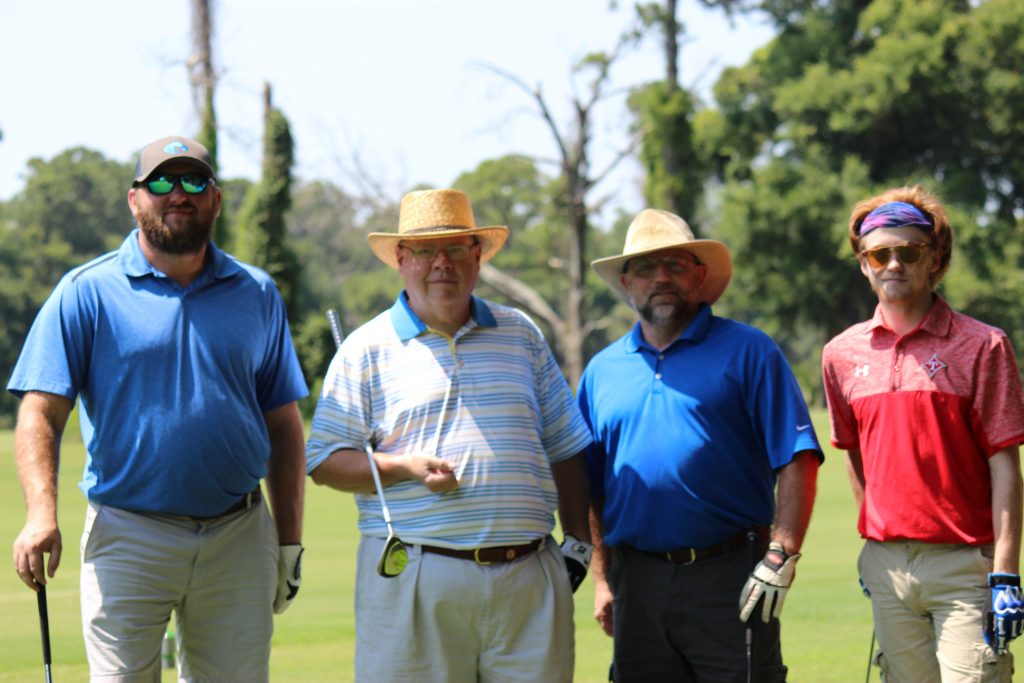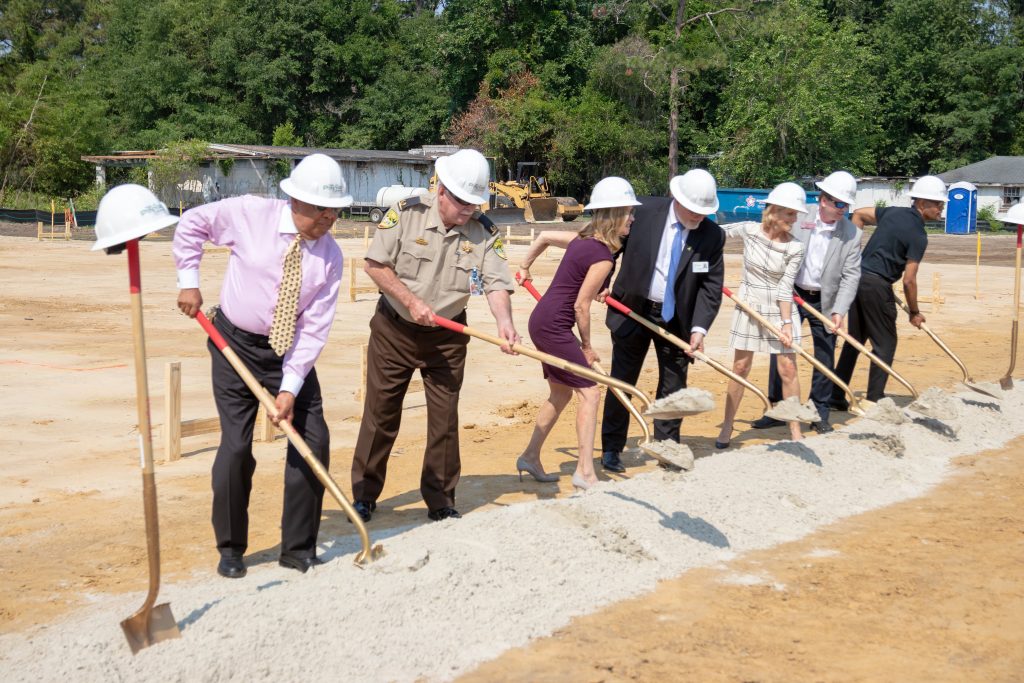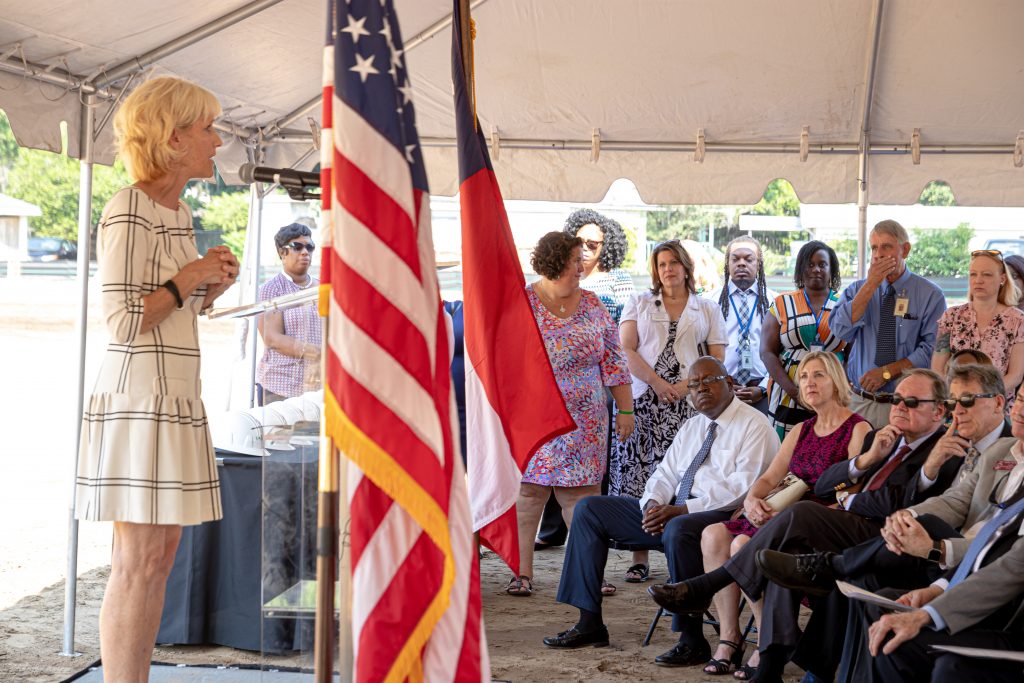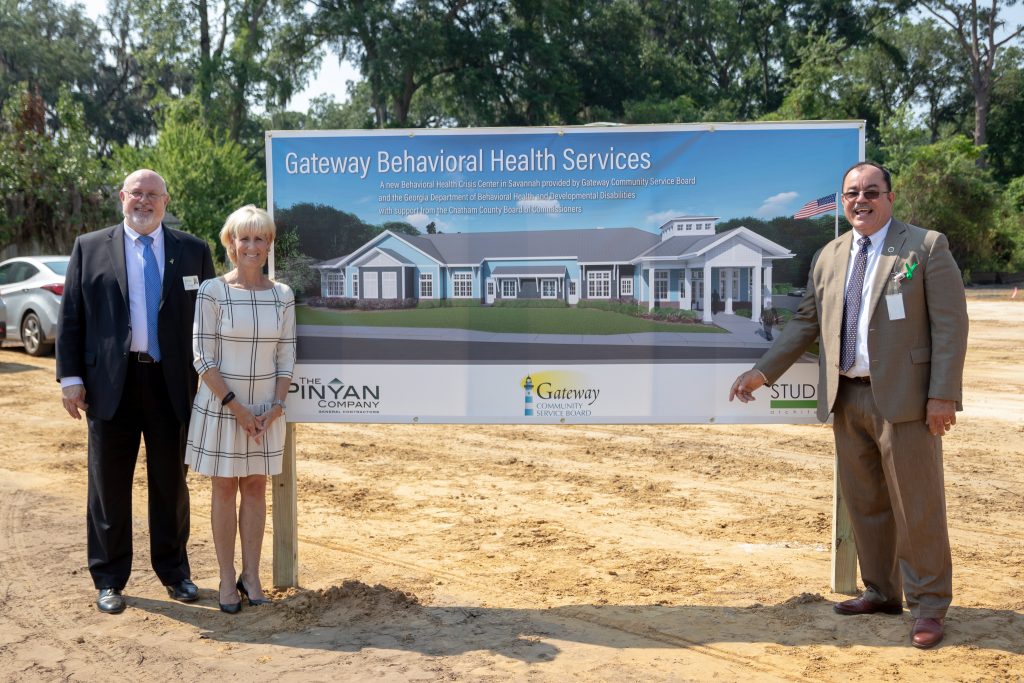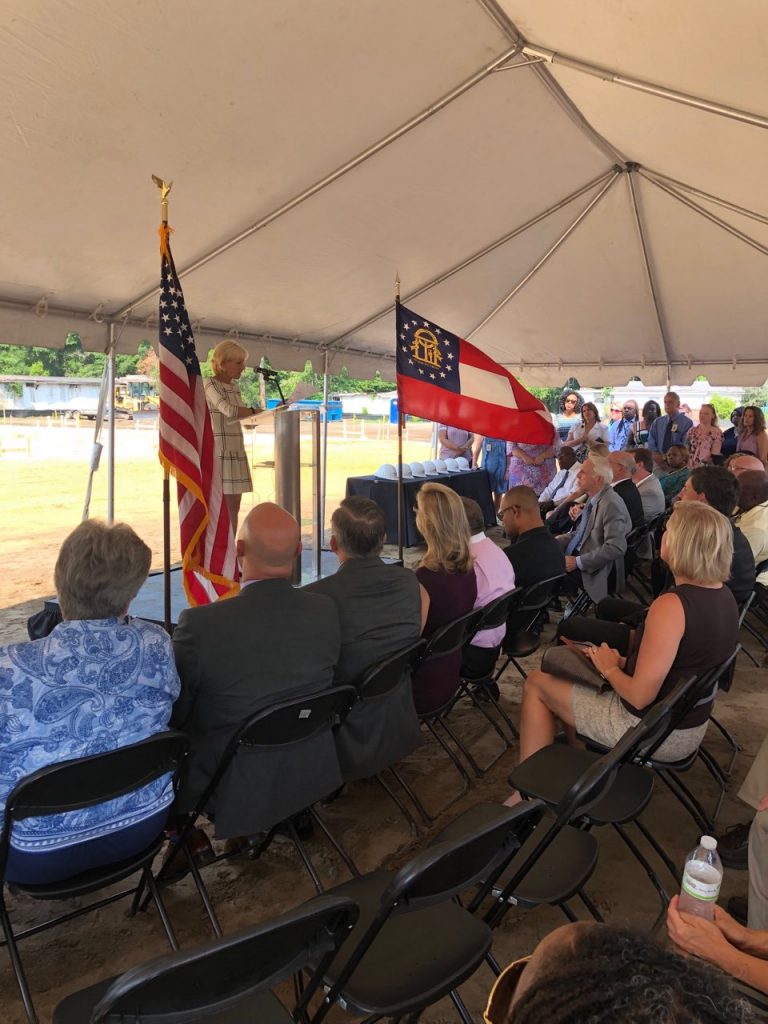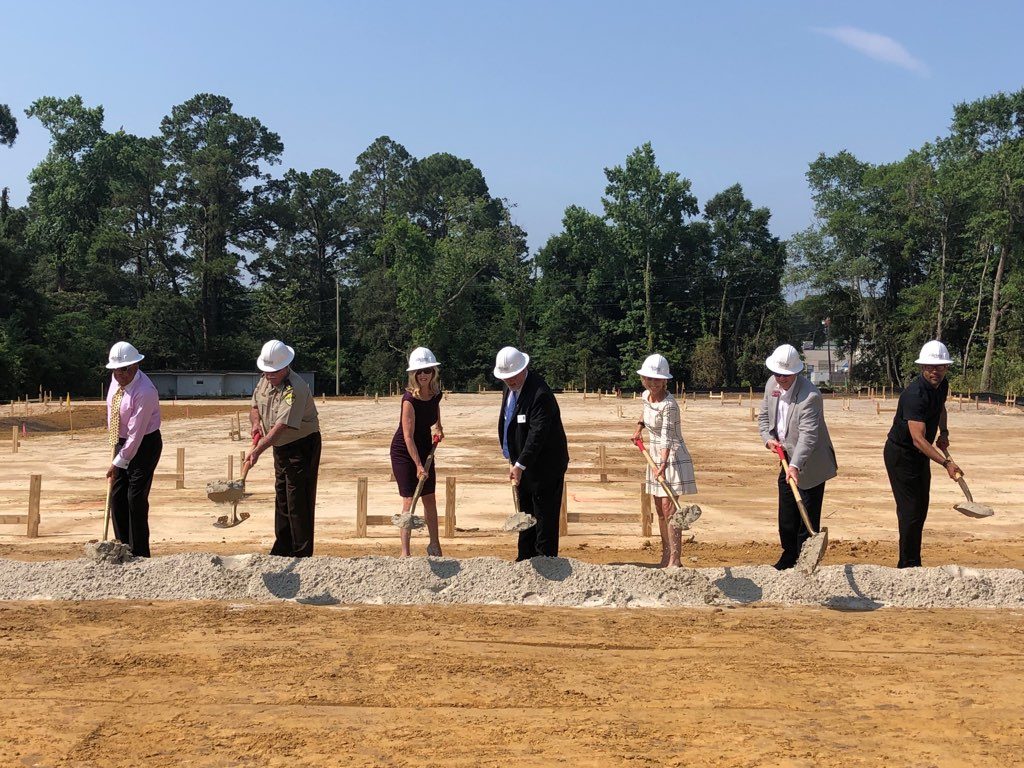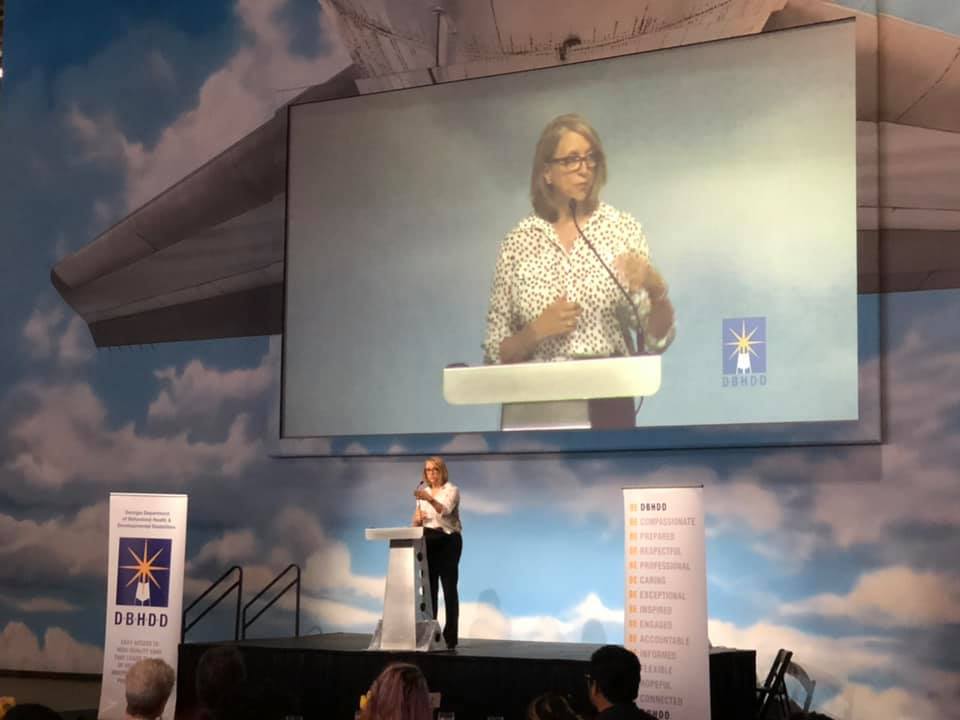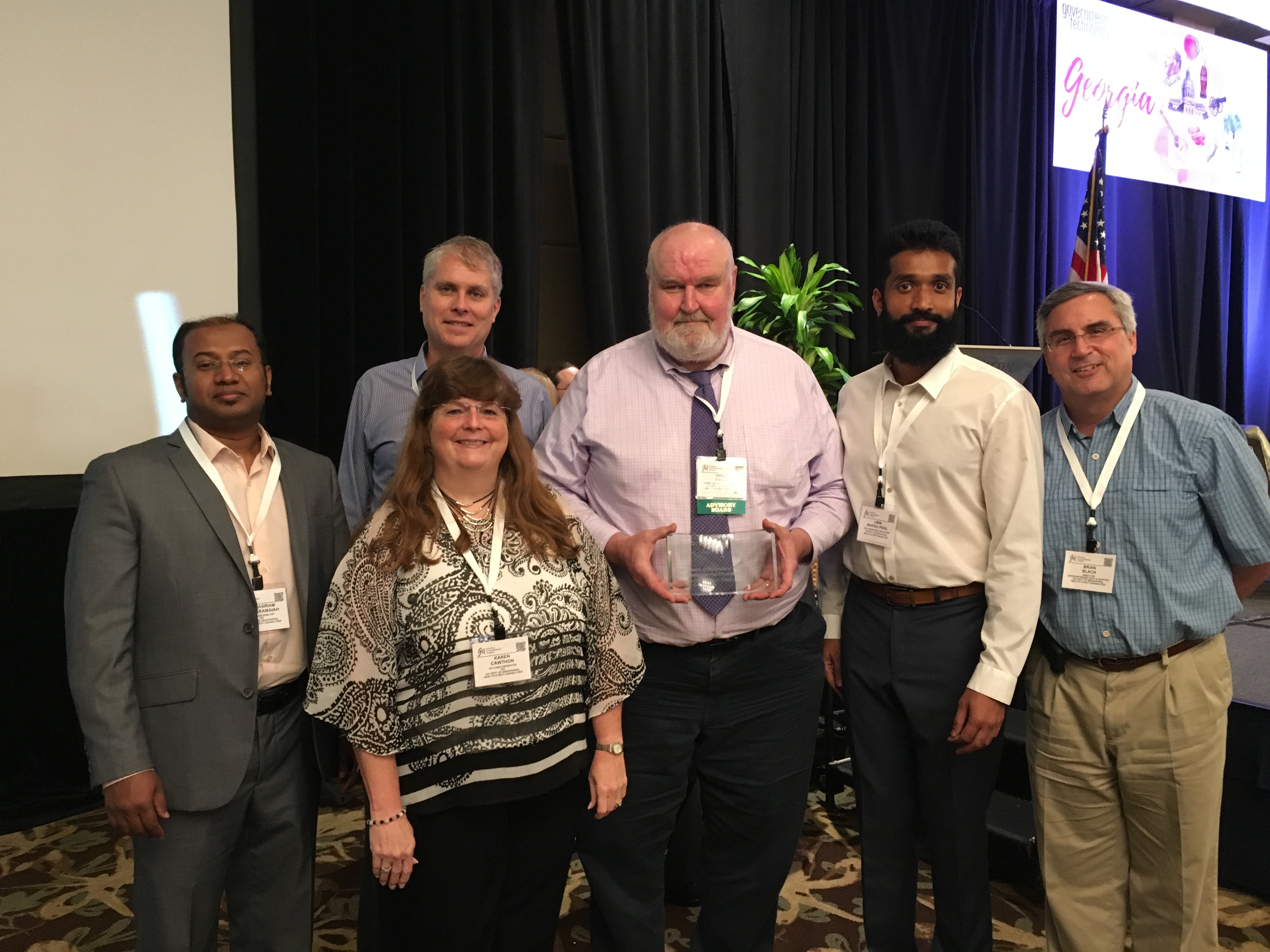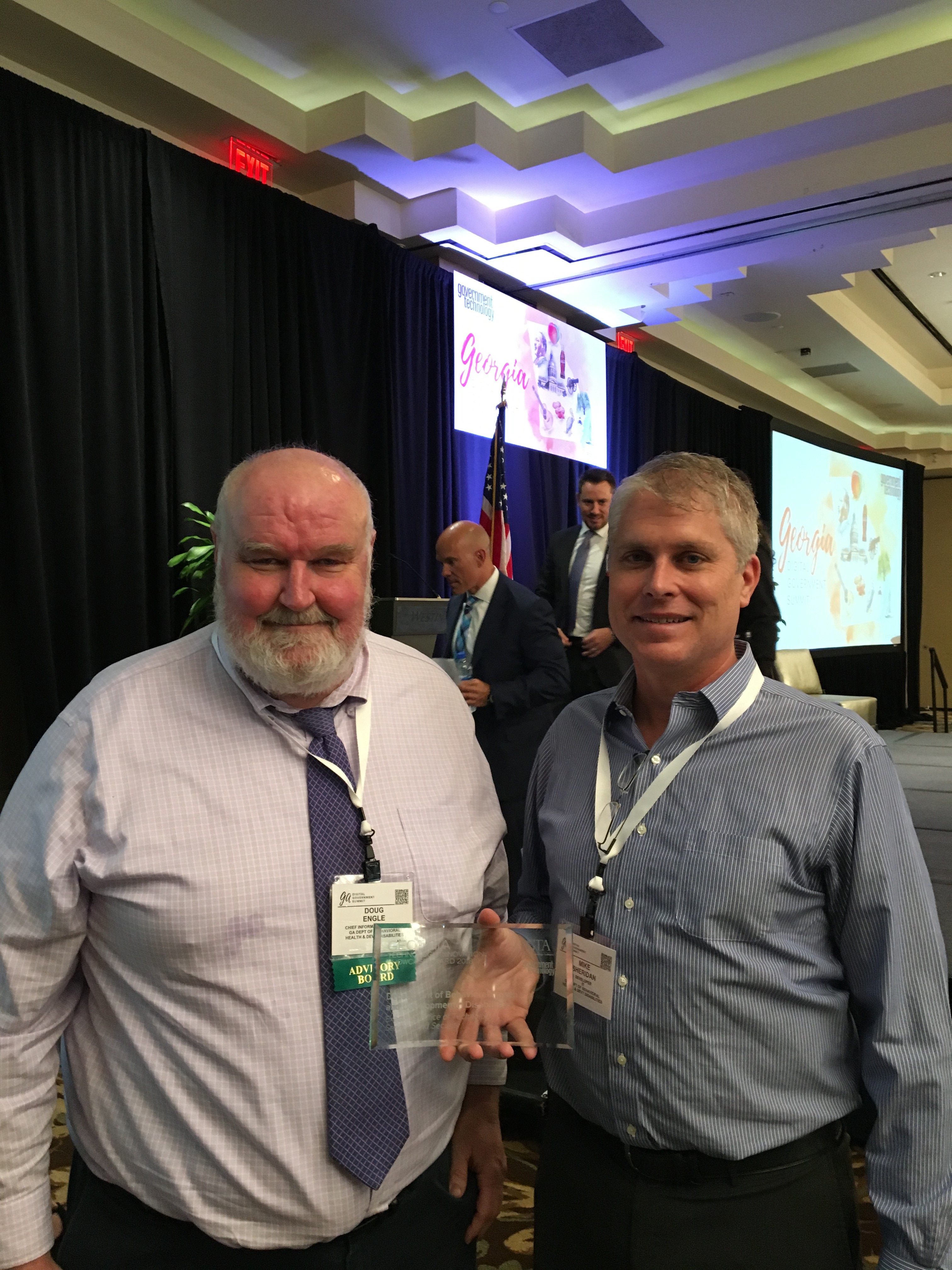Category: Department News
Hurricane Dorian Evacuation Efforts
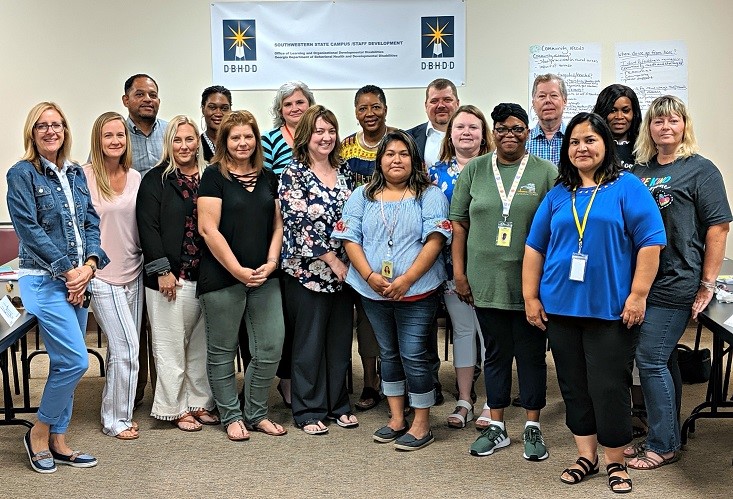
FEMA Crisis Counseling Program training 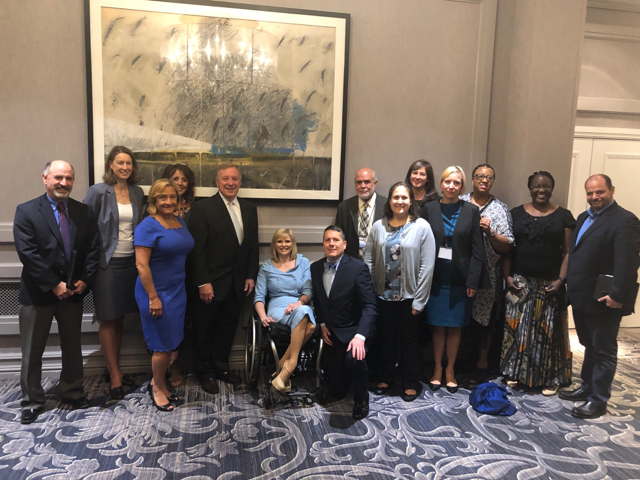
Nasadad board with Senator Dick Durbin
Jennifer Dunn at the GA Farm Bureau in Macon 
Office of Addictive Diseases at the Georgia State Capital 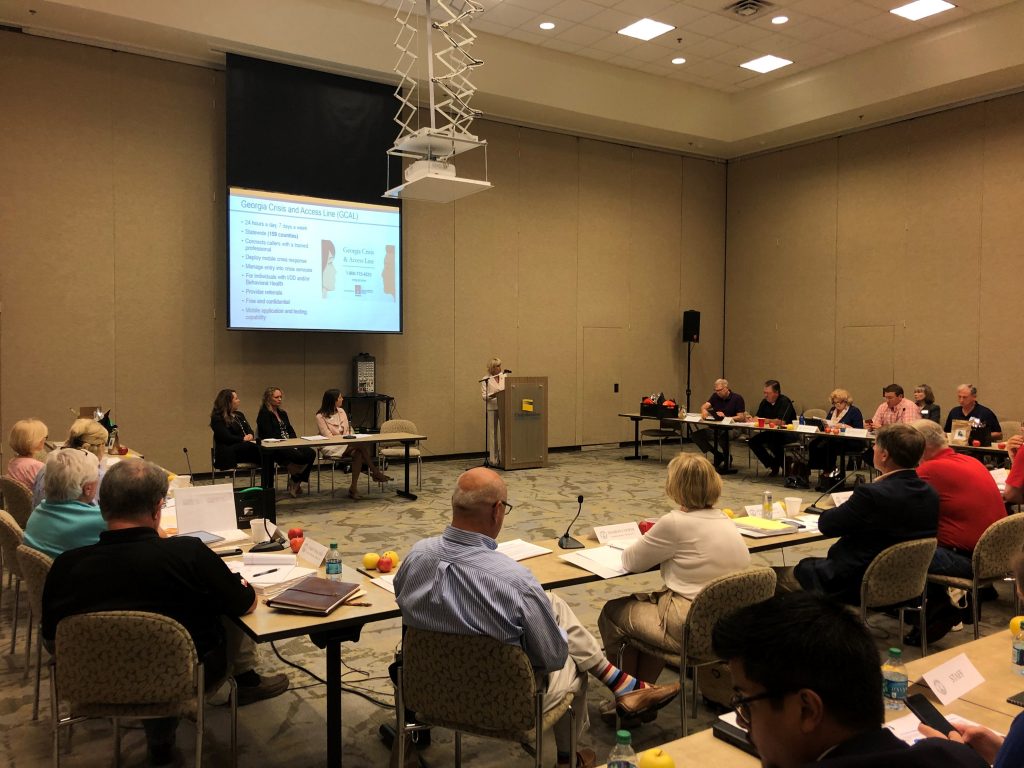
Commissioner Fitzgerald presenting to the House Rural Development Council 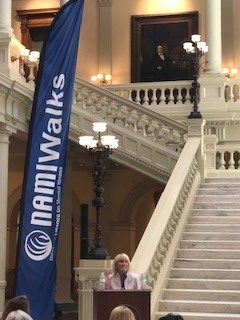
Commissioner Fitzgerald speaking at the NAMI Walks Kick-off
DBHDD On The Move July 2019
“Empower – Experts Discuss Mental Health and Addiction.”
This is panel discussion was moderated by WSB-TVs Jovita Moore at the Cox Corporate Campus.
Georgia Disaster Mental Health Field Response Training class taught by Jeannette David at the Region 1 Field Office. There were 20 people in attendance from the DBHDD, Advantage, Lookout Mountain, American Work, Cobb CSB, Clayton Center, Haralson BHS, and few other small providers.
Region 4 emergency preparedness workshop in Thomasville, GA.
David Sofferin speaking at Dr. Kay Brooks- Hatfield’s retirement reception in Albany, GA
Gov Kemp and Commissioner Fitzgerald Tour EmployAbilitiy
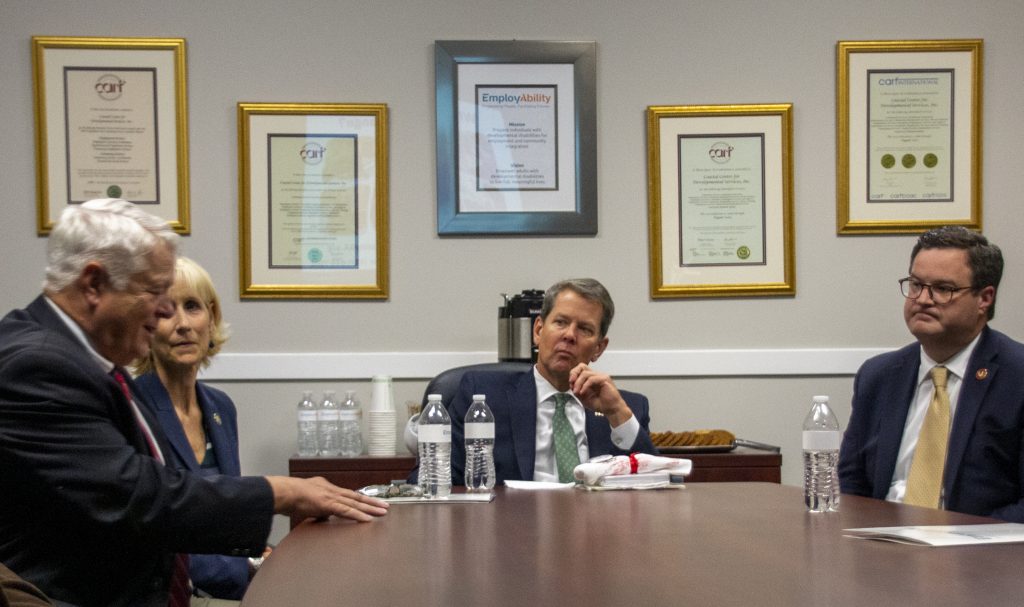
161st District Representative Bill Hitchens, DBHDD Commissioner Judy Fitzgerald, Governor Brian Kemp, and EmployAbility Board Member Michael Owens discuss the local impact of employment and community integration for adults with developmental disabilities. 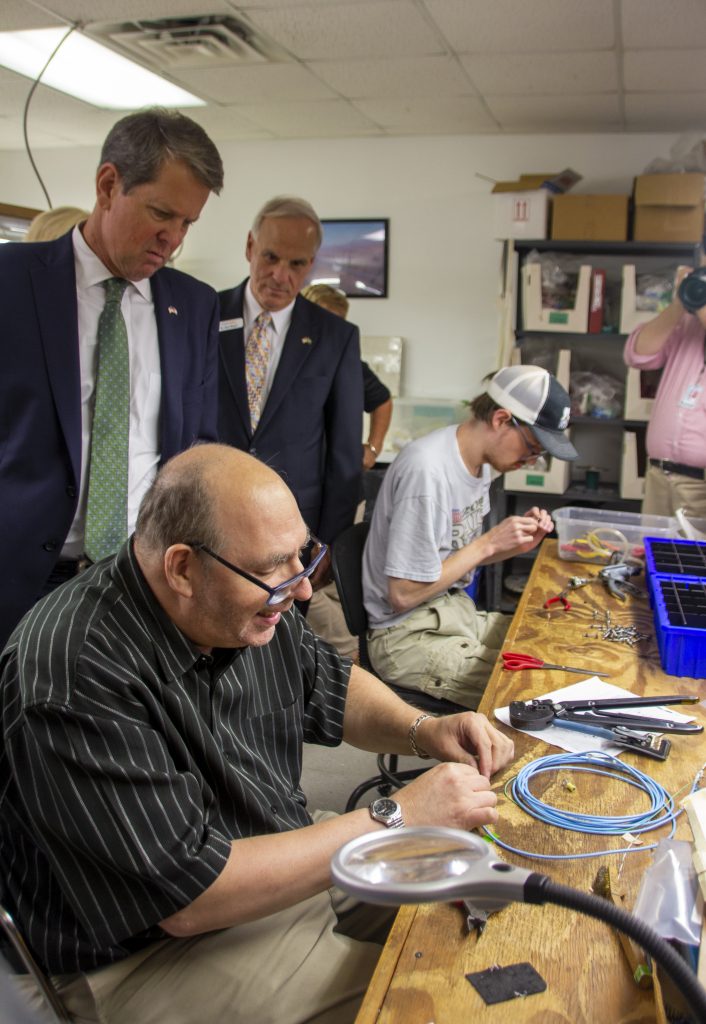
Governor Brian Kemp and Dr. Ken Boyd, EmployAbility Executive Director, look on as Charles, a program participant in EmployAbility Specialized Assembly, completes a wiring harness for a leading local manufacturer. 
EmployAbility Board Member Michael Owens, EmployAbility Executive Director Dr. Ken Boyd, DBHDD Commissioner Judy Fitzgerald, Georgia Governor Brian Kemp, EmployAbility Director of Training and Supported Employment Brendan Ferrara, and DBHDD Assistant Commissioner and General Counsel Amy Howell. 
Georgia Governor Brian Kemp shakes hands with Ebony, one of the eleven program participants learning commercial kitchen skills at EmployAbility Catering. 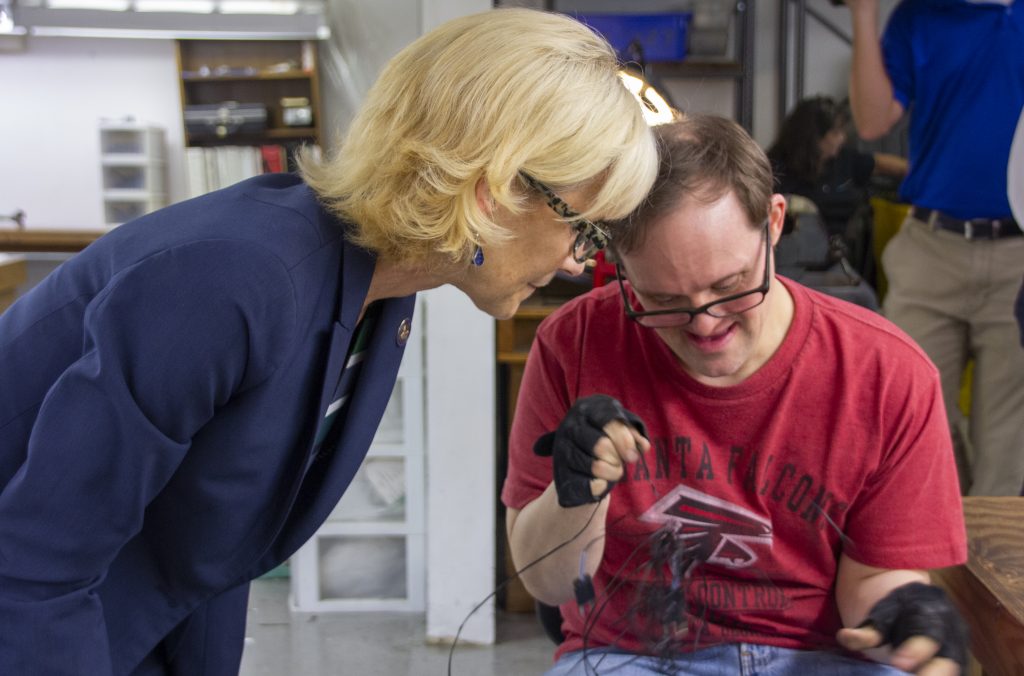
DBHDD Commissioner Judy Fitzgerald watches on as Andrew, a program participant in EmployAbility Specialized Assembly, demonstrates how he carefully untangles wires for a thermocouple project.
Lorri Smith, Ryan Loke and Cody Whitlock from the Governor’s office toured Georgia Regional Hospital Atlanta with Commissioner Fitzgerlad, Dr. Charles Li, Dr. Mark Cochran, Geneva DaCosta, and Nicola Watson.
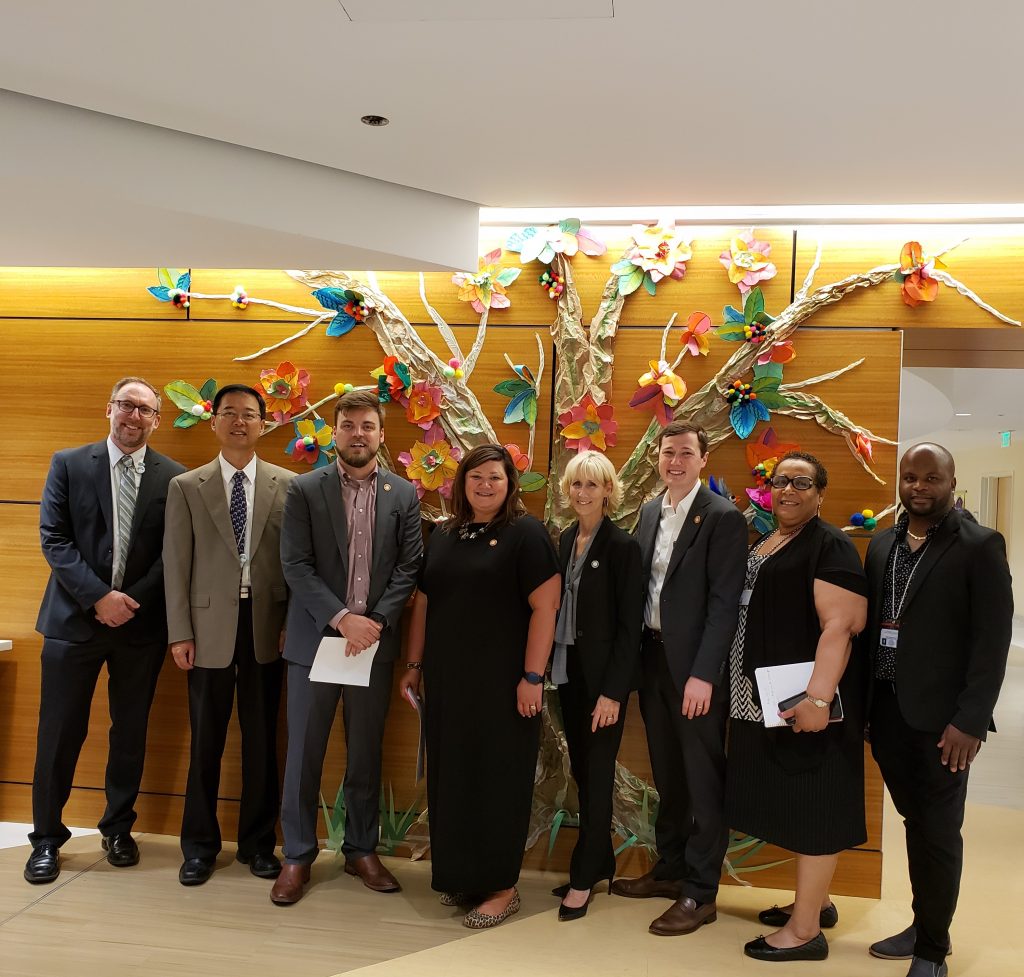
DBHDD and Commissioner Fitzgerald were honored to join community partners and elected officials to celebrate the groundbreaking of the newest Behavioral Health Crisis Center in Savannah! Special thanks to the city of Savannah, Chatham County, Gateway Behavioral Health and many others for their innovative leadership and vision to make this vital project a reality.
Below, DBHDD’s Office of Behavioral Health Prevention hosted the State Opioid Response kick-off event Friday, May 31, 2019, at the Delta Flight Museum. Neil Campbell, Executive Director of the Georgia Council on Substance Abuse, was one featured speaker.
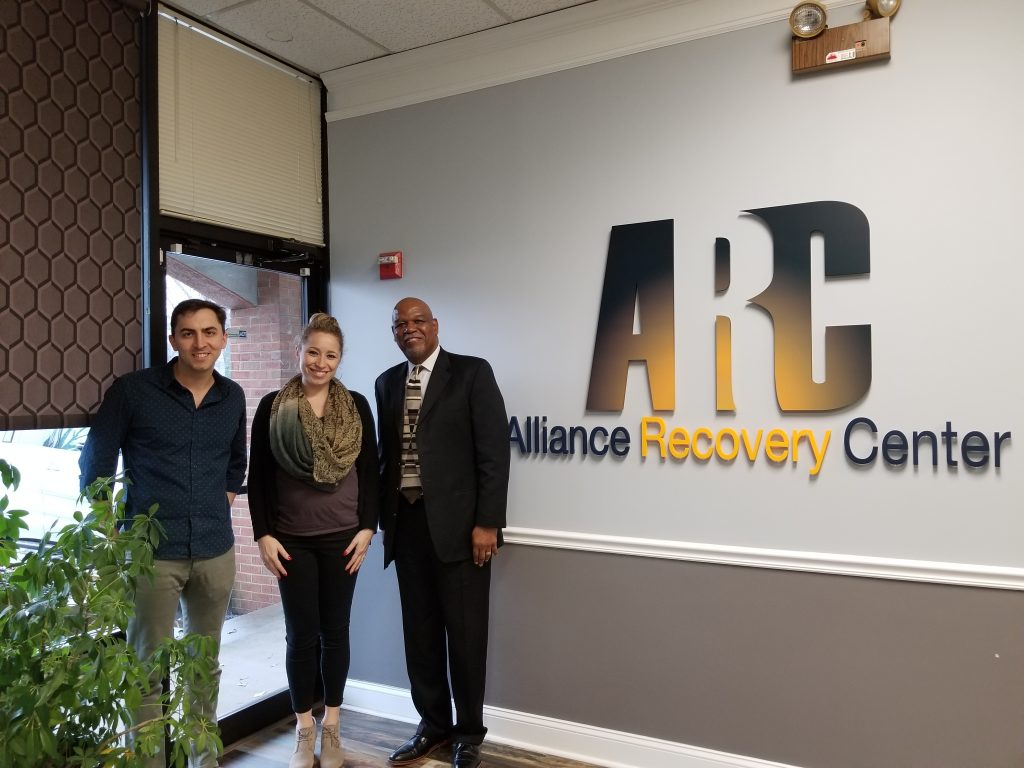
Michael Link, Statewide Community Relations Director stands with Jojn Etherington, Vice President and Leslie Sheridan, Program Director of Alliance Recovery Center after a site visit. 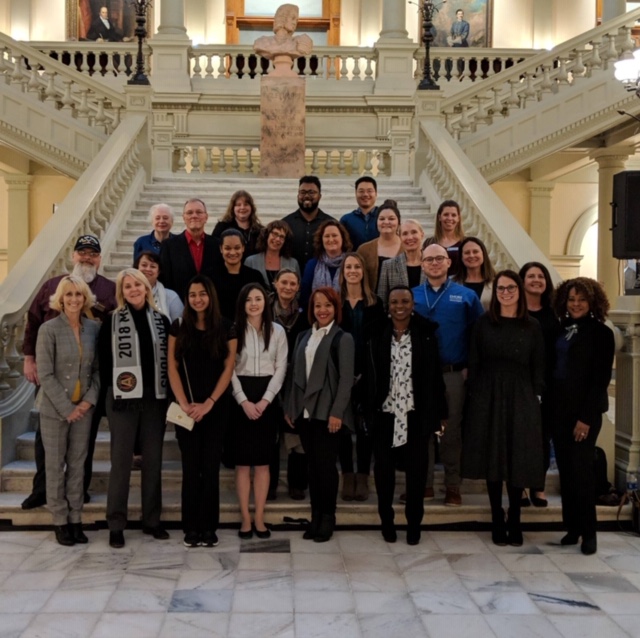
On Tuesday, February 19th Commissioner Fitzgerald spoke to the Georgia Chapter of the American Foundation for Suicide Prevention at the Capitol. 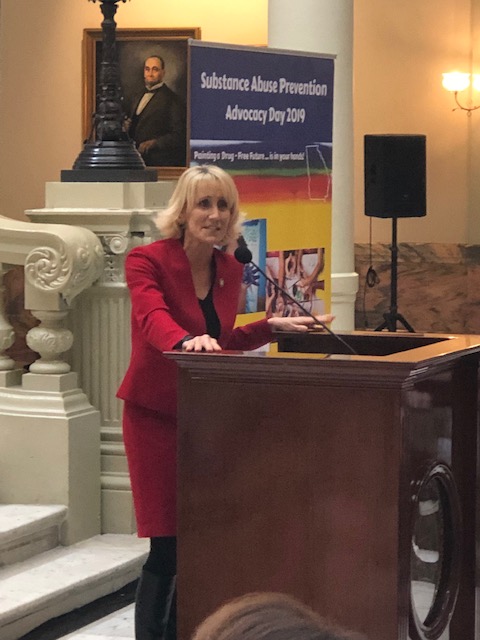
Commissioner Fitzgerald introducing Governor Kemp at Substance Abuse Prevention Advocacy Day at the Capitol. 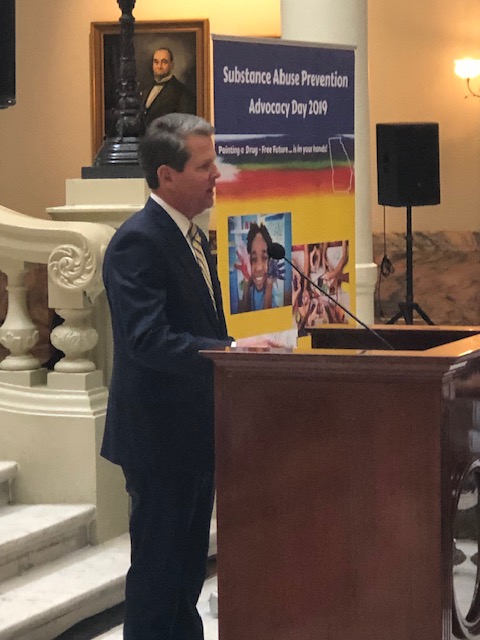
Governor Kemp speaking to a large crowd at Substance Abuse Prevention Advocacy Day at the Capitol. 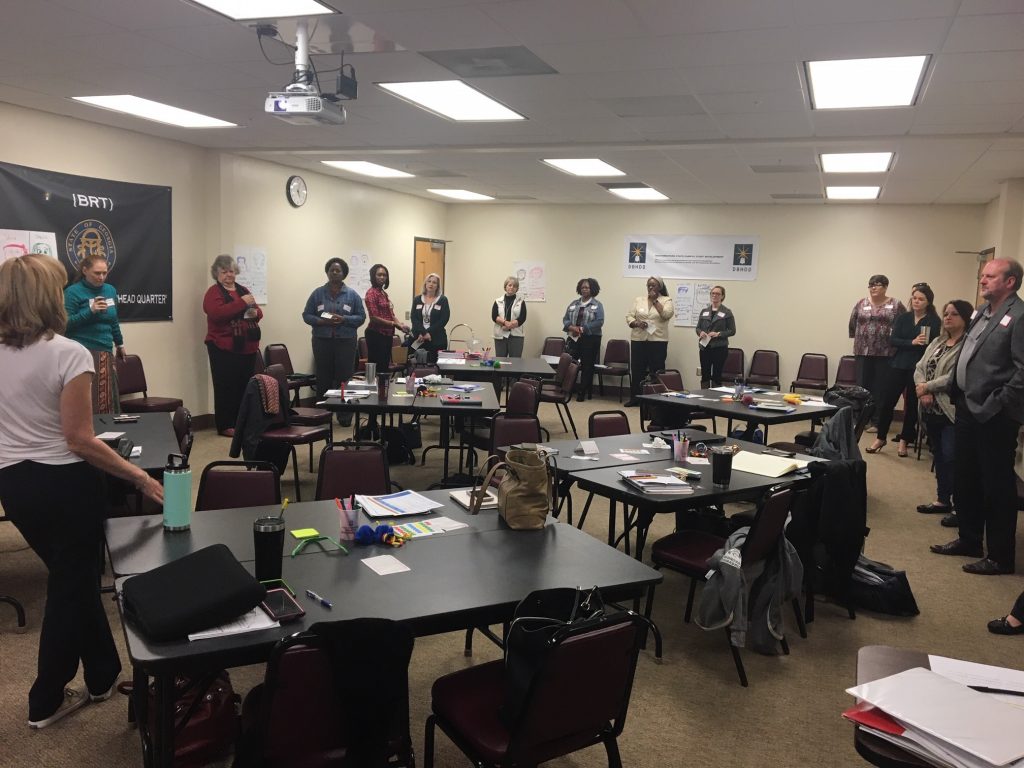
Jeannette David conducting a Disaster Response Training including DBHDD Region 4 and Region 2 staff, Legacy CSB, Aspire CSB, Georgia Pines CSB, Unison CSB, Albany ARC, Bainbridge Memorial Hospital, Mobile Crisis, Liberty University and the Dougherty County School System. 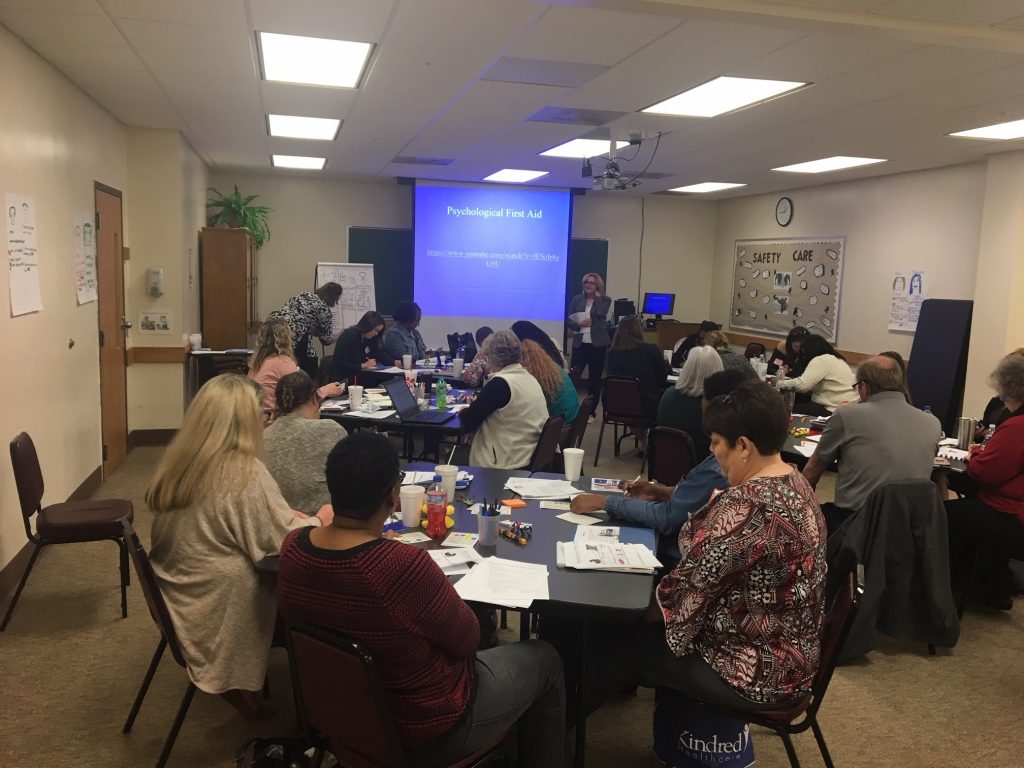
Jeannette David conducting a Disaster Response Training including DBHDD Region 4 and Region 2 staff, Legacy CSB, Aspire CSB, Georgia Pines CSB, Unison CSB, Albany ARC, Bainbridge Memorial Hospital, Mobile Crisis, Liberty University and the Dougherty County School System. 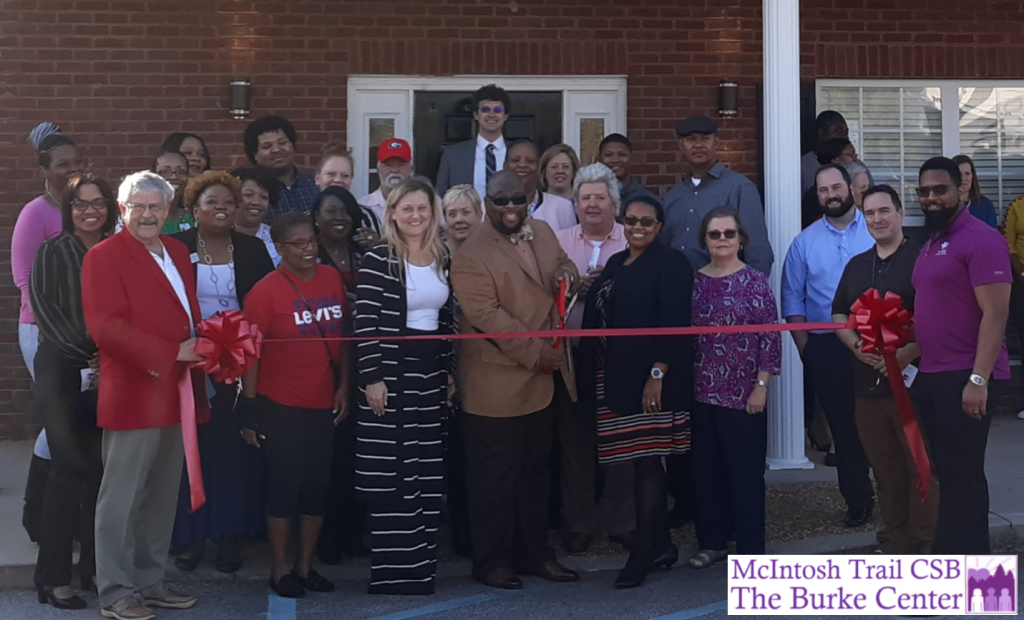
McIntosh Trail CSB, Burke Center Ribbon Cutting Ceremony 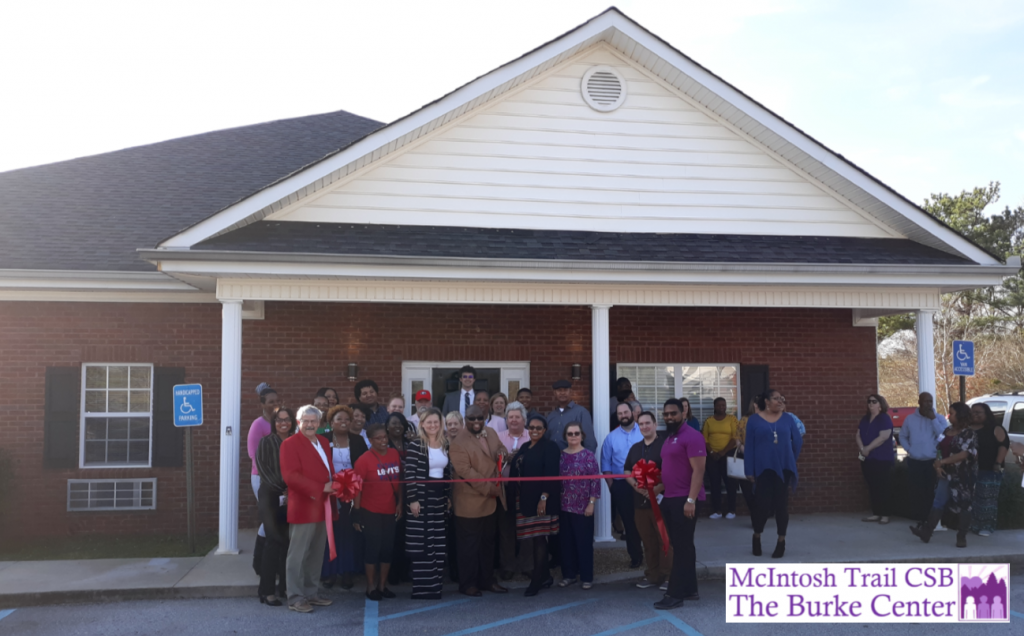
McIntosh Trail CSB, Burke Center Ribbon Cutting Ceremony 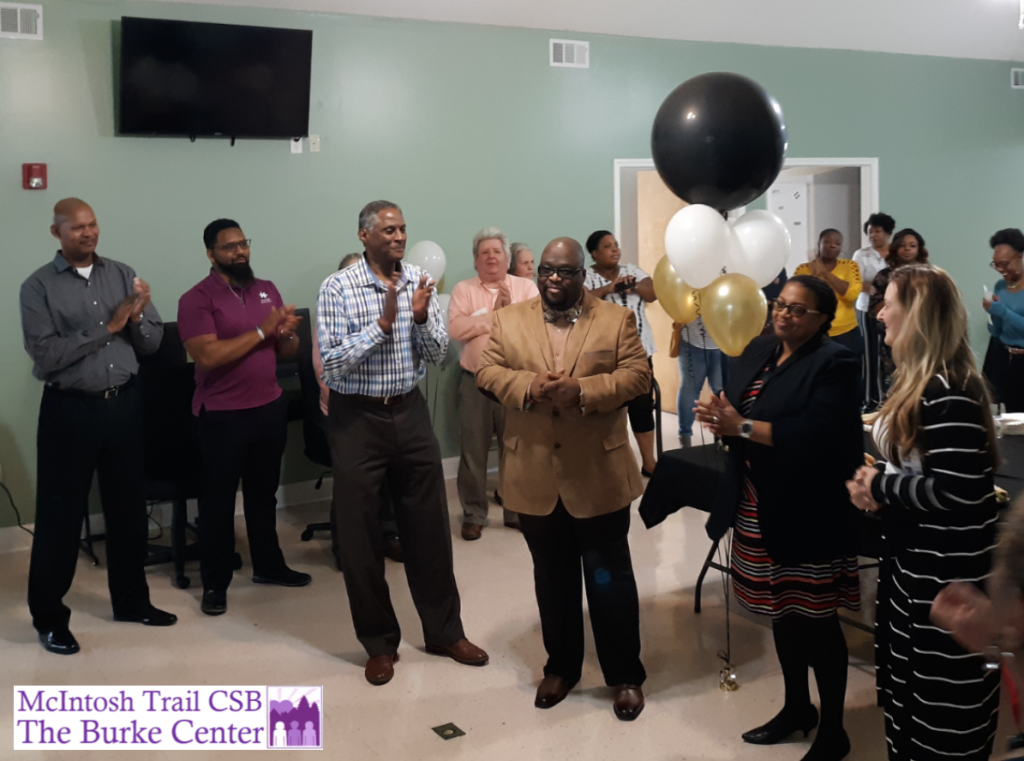
Diante Waldon introduced as the Burke Center Director 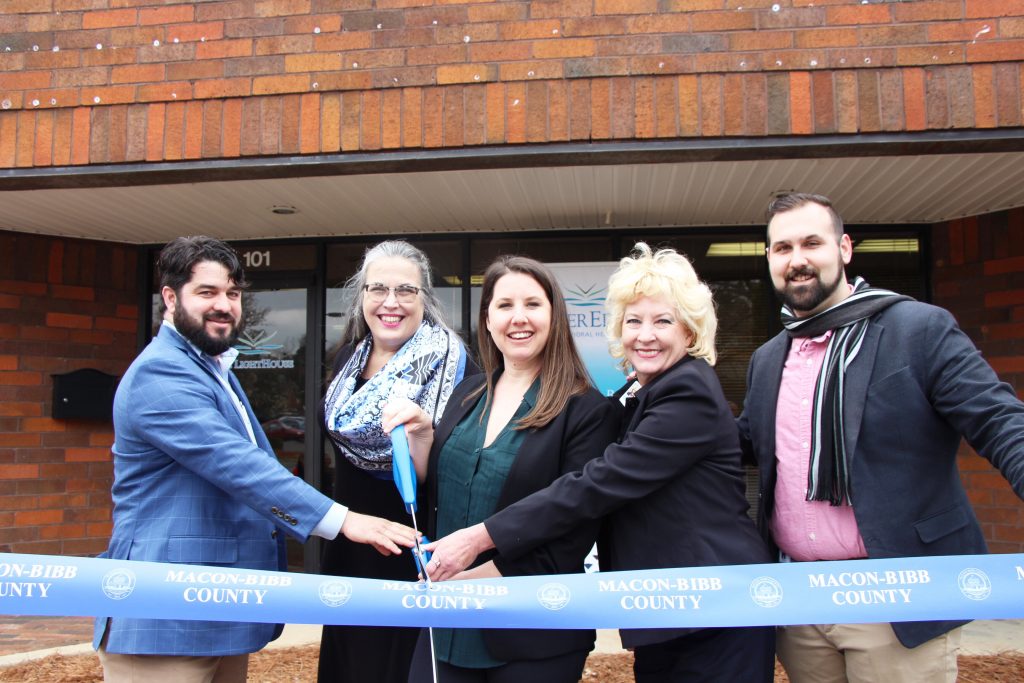
River Edge CSB Ribbon cutting for their new Lighthouse Recovery Center. The center is funded through funds from DBHDD (Addictive Disease-STR Grant). 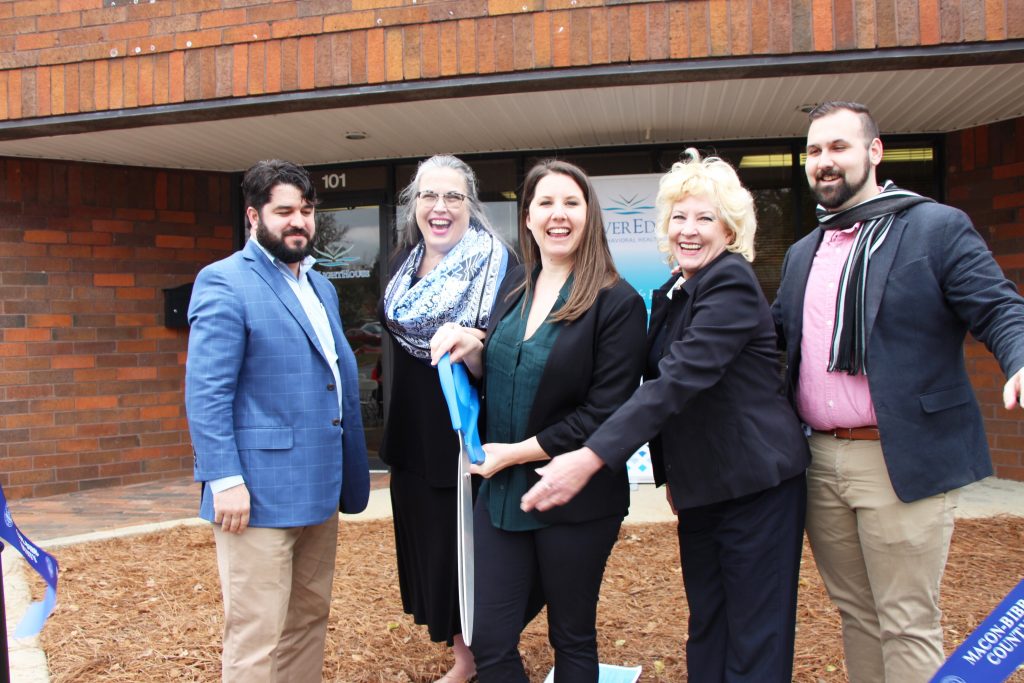
Guest speaker, Joshua Hale; River Edge CEO, Shannon T. Gordon; The Lighthouse Site Supervisor, Marissa Cody; The Lighthouse Recovery Coach, Rhonda Wade; and DBHDD Addictive Diseases Recovery Specialist, Nicholas Estabrook. 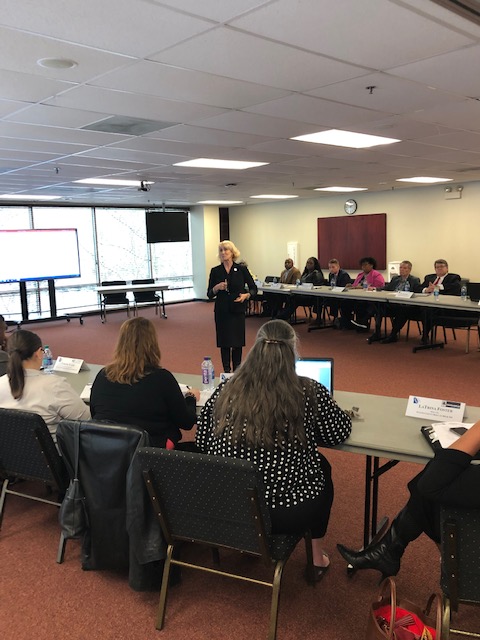
Commissioner Fitzgerald speaking to the CSBs at the annual February DBHDD/CSB meeting hosted by the DeKalb Community Service Board in Decatur. 
Jeff Minor speaking to the CSBs at the annual February DBHDD/CSB meeting hosted by the DeKalb Community Service Board in Decatur. 
Robert Dorr speaking to our CSBs at the annual DBHDD/CSB February meeting hosted by the DeKalb Community Service Board in Decatur. 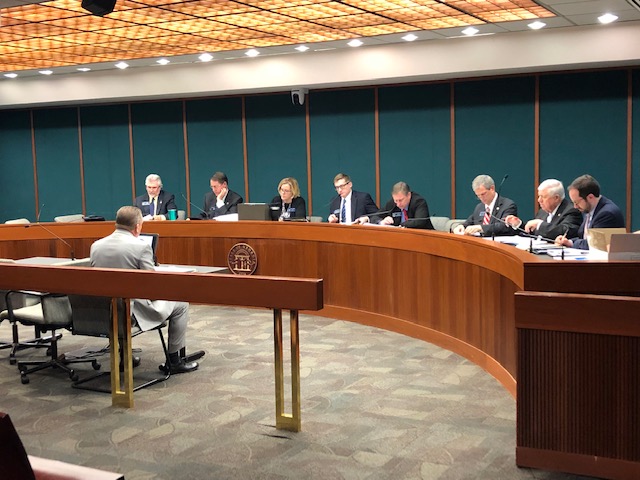
Jeff Minor, Deputy Commissioner, speaking to the Senate Appropriations Sub-committee. 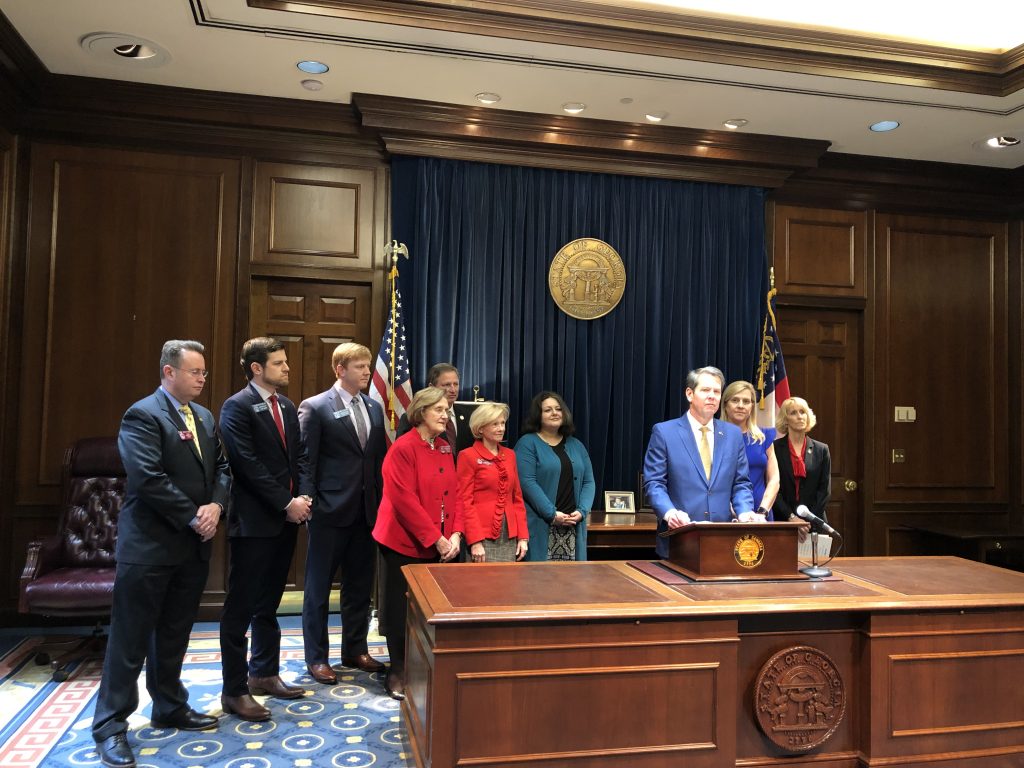
My GCAL press conference where Governor Kemp introduced an app that will be pivotal in reaching the youth in crisis. 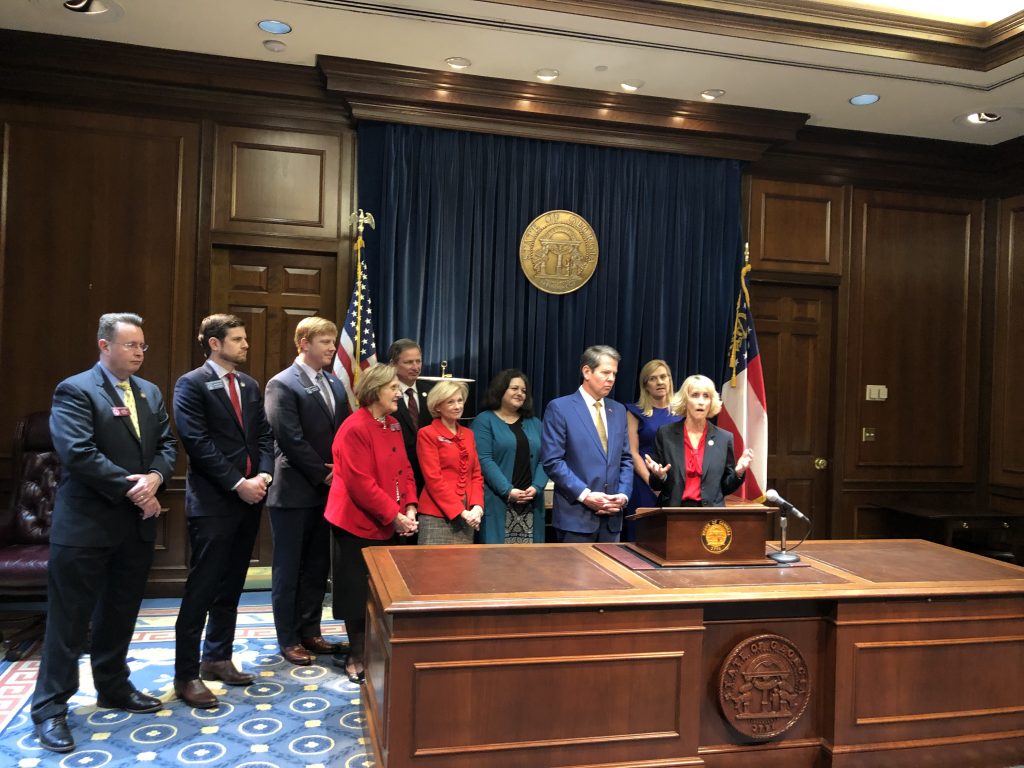
My GCAL press conference where Governor Kemp introduced an app that will be pivotal in reaching the youth in crisis. 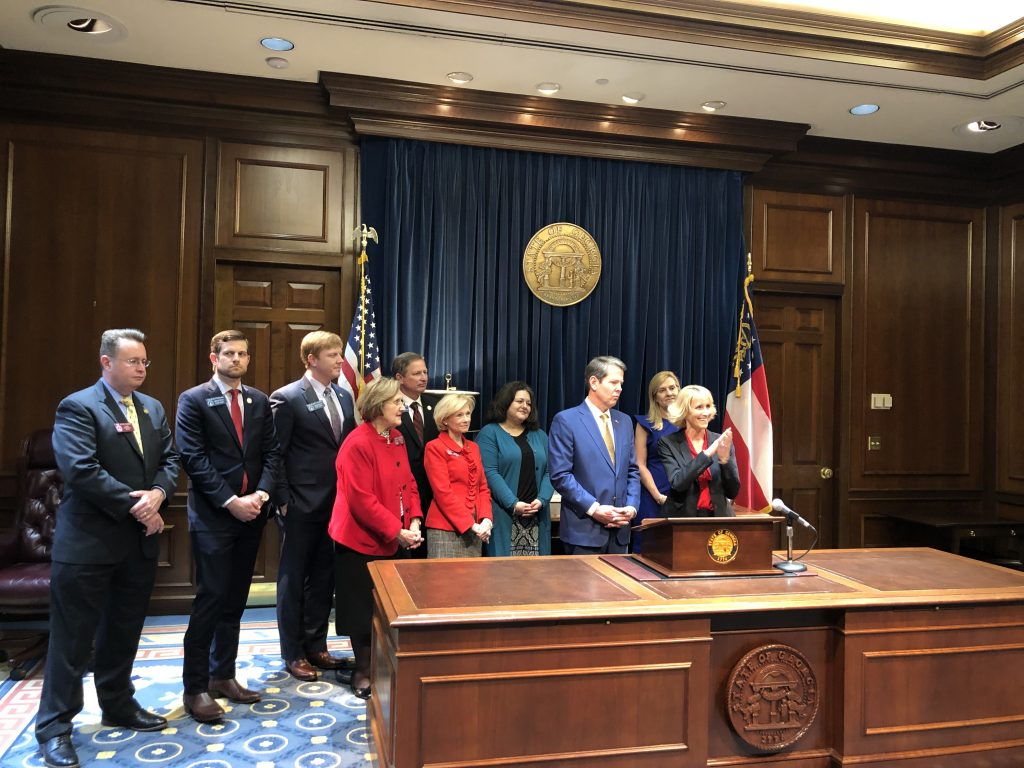
My GCAL press conference where Governor Kemp introduced an app that will be pivotal in reaching the youth in crisis. 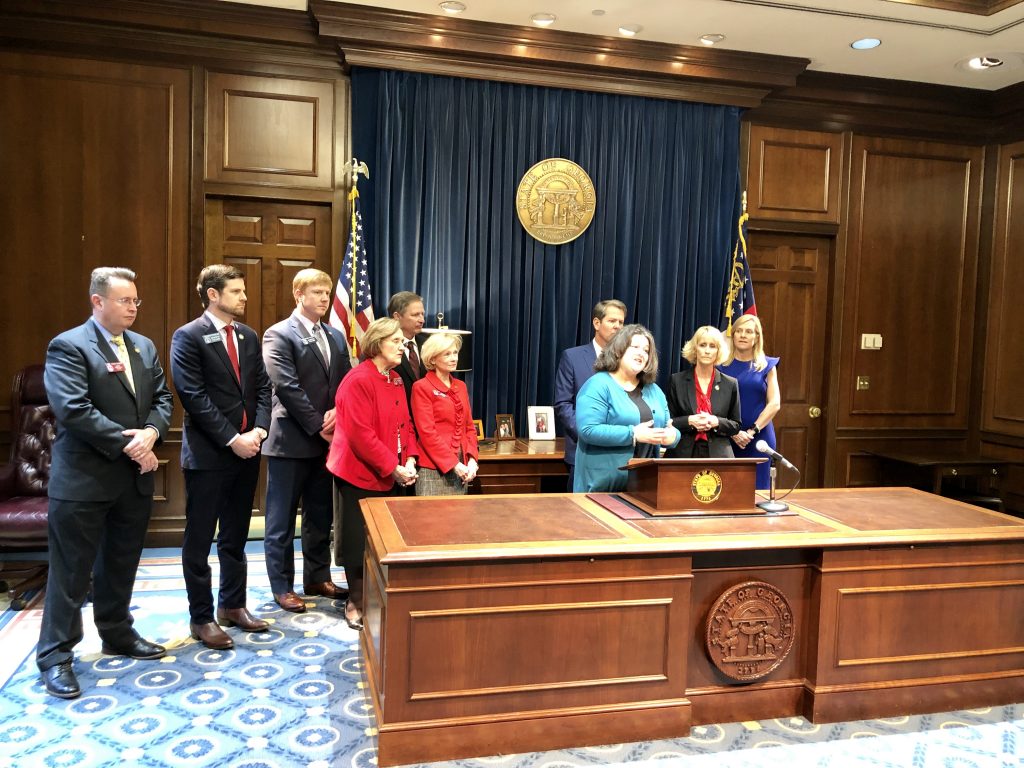
My GCAL press conference where Governor Kemp introduced an app that will be pivotal in reaching the youth in crisis.
Greetings and welcome to (almost) spring, whether the temperature agrees or not! We have really hit the ground running this year, and it is hard to believe that we are only two months into 2019. Thursday is “Crossover Day” at the Capitol, which signals the last day for bills to cross over from one chamber to the other, providing a path to become law. Health care has been a priority in 2019, and we are grateful for the relationships we have built that allow us to serve as a resource to Governor Kemp and members of the General Assembly.
Greetings and welcome to (almost) spring, whether the temperature agrees or not! We have really hit the ground running this year, and it is hard to believe that we are only two months into 2019. Thursday is “Crossover Day” at the Capitol, which signals the last day for bills to cross over from one chamber to the other, providing a path to become law. Health care has been a priority in 2019, and we are grateful for the relationships we have built that allow us to serve as a resource to Governor Kemp and members of the General Assembly.
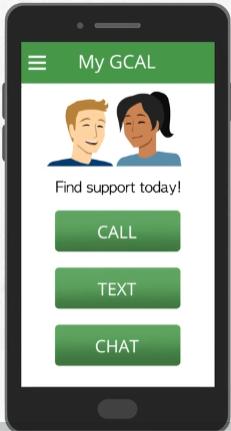
A few weeks ago, I had the privilege of standing beside the Governor and First Lady Marty Kemp when he announced the release of a new tool focused on Georgia’s youth, the My GCAL app.
This app is an additional way for people to connect with the Georgia Crisis and Access Line (GCAL), DBHDD’s 24/7 statewide helpline that provides free and confidential access to crisis and routine services for mental illness, substance use disorders, and intellectual and developmental disabilities.
For more than a decade, GCAL has helped hundreds of thousands of Georgians get the care they need through the crisis and referral line. However, we know that people under 25 are much less likely to make a phone call for help than any other age group. They prefer to text and chat online, and our service delivery systems must adapt to be relevant. During the 2018 Legislative session, Chair Katie Dempsey, one of Georgia’s many champions for children’s mental health, led the charge to secure additional funds to make this technology upgrade a reality.
Young Georgians today are under more pressure than any generation before them. Rates of anxiety and depression for teens are on the rise. Adolescence is a critical developmental age. It is also an age when many people are not comfortable telling a parent or teacher that they need help. It might also be difficult to know what to do if a friend is struggling. This can have tragic consequences for Georgia families. In the last two decades, the rate of suicide in our state increased by 16 percent, and suicide is the second leading cause of death for youth nationwide.
These facts compel us to craft new solutions and resources. DBHDD and our partner Behavioral Health Link, which operates GCAL, designed My GCAL. The app provides the same professional, confidential response as the GCAL. Users can text or chat with caring professionals trained in crisis management and de-escalation. The app can also call GCAL, which means they do not need to save or remember the number.
My GCAL is available on iOS and Android. Please urge those you love to download the app today. You might be able to connect someone to lifesaving help. We are fortunate to live in a state where such a unique, lifesaving resource is at our fingertips.
Judy Fitzgerald Commissioner, Georgia Department of Behavioral Health and Developmental Disabilities
2019 is off and running! I hope that you enjoyed a season of rest, reflection, and gratitude and are geared up for a productive year ahead. Georgia’s public safety net for people with mental illness, substance use disorders, and intellectual and developmental disabilities has never been more vibrant or more vital to the health care landscape.
As Governor Kemp’s administration steps into leadership, we have heard loudly and clearly that there is a strong commitment to health care improvements, especially in rural areas. As national and state attention sharpens the focus on access to care, we embrace the opportunity to demonstrate our increased accountability and transparency throughout our service delivery system. We also emphasize the importance of the health and support needs of the individuals we serve through our five state hospitals and network of community-based providers throughout the state. With nearly 22,000 individuals served through the NOW and COMP waivers and through state and family support funds, and nearly 160,000 receiving mental health and substance abuse prevention and intervention services, our work is essential to the health of Georgia’s children, adults, families, and communities.
Of course, we do not do this work alone. While I am dependent upon a team of purpose-driven executives and DBHDD team members in every corner of Georgia, we also rely heavily upon the wisdom and experience of our partners.
This recognition of the value of partners is an important element of my reflections on 2018. I am so proud of the partnerships we have strengthened in the last year. Our partners work tirelessly in the face of workforce and funding challenges. Together, we will continue to grow and enhance our service delivery system so that we remain a reliable and accountable partner in Georgia’s dynamic health care environment. When we speak with a shared voice about individuals and families we serve, people listen. There has never been a more important time to promote recovery and independence, as these are the outcomes that real people and communities want to experience. While our priority is building on our strengths, we acknowledge the gaps in our system that require continued attention and collaboration. These gaps will also be at the forefront of our work.
Not only have we deepened partnerships with current allies in the General Assembly and in the community, with Community Service Boards, private hospitals, Sheriffs, judges, advocates, and sister agencies, but we have found new partners in universities, the farm community, Association of County Commissioners, Georgia Municipal Association, business leaders, and others deeply concerned about suicide and the opioid epidemic. We will continue the important conversations that were borne of our shared concerns.
In closing, I want you to know three things you can expect from DBHDD in 2019. First, partnerships will be at the forefront of our strategic decisions. We simply cannot be successful without collaboration and relentless communication. I want people to experience DBHDD not just as a partner, but a predictable and principled partner that seeks to listen and learn as we fulfill safety-net obligations. The second thing that you can expect is that we will continue our drive toward accountability and transparency. Governor Deal and the General Assembly generously supported our buildup of community services in recent years, and we want to demonstrate explicitly the ways in which we are improving the lives of Georgians with the dollars that have been invested. We are not perfect, but we sure are persistent. Finally, you can expect optimism. We believe that the needs of individuals with behavioral health and intellectual and developmental disabilities and their families are a reflection of Georgia’s commitment to vulnerable citizens. We know that Governor Kemp’s administration will advance the momentum we have already achieved. We intend to place Georgia at the forefront of states that possess the hearts and minds to deliver effective and efficient care that results in improved quality of life throughout our great state.
We look forward to doing this together!
Judy Fitzgerald
Commissioner
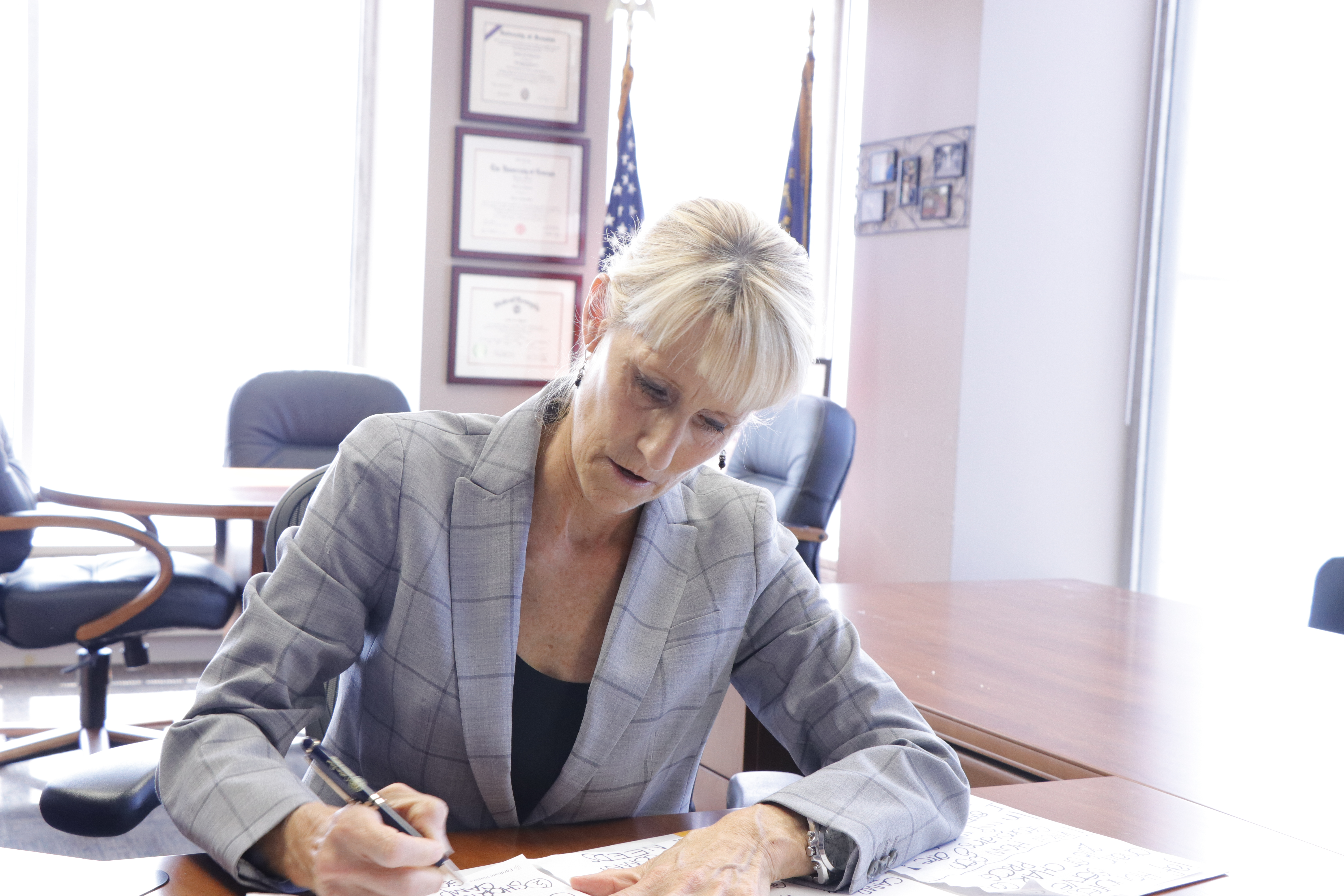
Earlier this year, I shared the story of DBHDD’s transformation from a system that was inconsistent and fragmented to an accountable and transparent continuum of care for all people we serve. While this dramatic transformation has unfolded over the last decade, the past year has been marked by an intensification of progress. As 2018 comes to a close, I would like to thank all of you for the passion and partnership that characterize the following highlights of Georgia’s achievements.
Children’s Mental Health
Last year, I had the honor of serving as co-chair of Governor Deal’s Commission on Children’s Mental Health. We made eight recommendations to the Governor and General Assembly, including strategies for enhancing school-based mental health services, crisis services, suicide prevention, education and prevention of opioid use, telemedicine infrastructure, and training on evidence-based practices. In March, Governor Deal and the General Assembly invested more than $20 million to accomplish goals in each of these critical areas.
Recovery, Wellness, and Independence
For DBHDD and our hospital and provider community, our mission is to facilitate recovery, wellness, and independence. These three tenets drive our purpose, and this year, we codified our commitment in policy to deliver a clear message about who we are and what we do. The policy articulates our belief in the principles of self-determination, freedom, and personal responsibility as
Intellectual and Developmental Disability Planning Lists
In 2016, we began reviewing our approach to the I/DD Planning list to ensure that individuals with the greatest level of need were prioritized, regardless of their location in the state. Since then, we have adjusted outdated staffing patterns and adopted new tools and technology to support more consistent and sophisticated analysis of changing needs and to improve access and communication. For more information, please see our Multiyear Planning Lists Strategic Plan.
Center for Wellness, Hope, and Learning
In March, we opened the new Center for Wellness, Hope, and Learning at Central State Hospital. The center consolidated the hospital’s treatment mall services into one innovative, state-of-the-art facility designed to support recovery in an education-like environment. The center follows a recovery model focused on hope, wellness, respect, and self-responsibility while helping people learn practical skills that prepare them for a life beyond the hospital. Each of our hospitals
DBHDD as a Learning Organization
One of the things that set’s DBHDD apart is our commitment to embody the principles of a learning organization. We believe that team members should have opportunities to grow and develop through awareness of self and others.
Our Office of Human Resources and Learning supports our evolution as a learning organization by working to ensure that we have a skilled, trained, engaged, and high-performing workforce to meet the needs of the people we serve. Our suite of development opportunities includes a new model for hospital staff orientation, training programs for our staff and community providers, learning systems and content development, and a Management Academy for emerging leaders. We are also training our team members in the Strengths Deployment Inventory (SDI) to enhance our effectiveness through improved communication. As we strive for excellence in all we do, we want DBHDD to be a place where meaningful and
Fighting on the Front Lines of the Opioid Epidemic
As Georgia’s opioid authority, DBHDD is responsible for the prevention, treatment, and recovery elements of our statewide response to the opioid epidemic. In 2017, we received SAMHSA’s two-year State Targeted Response (STR) to the Opioid Crisis grant ($11.8 million per year), which we have put to work providing naloxone training and kits, public services announcements, expanded medication-assisted treatment (MAT) programs, a peer warm line, recovery coaches for emergency departments, and education for providers.
In September of this year, we were awarded SAMHA’s State Opioid Response (SOR) to replace the STR funds which end in April 2019. The SOR grant provides $19.9 million per year for two years and will allow DBHDD to expand and sustain the work set in motion through the STR grant.
In addition, we received $4 million in new state funding (FY 2019) to support statewide implementation of Addiction Recovery Support Centers, an essential, peer-led element of the recovery continuum. We also engaged with the Georgia Department of Public Health to develop Georgia’s Opioid Response Strategic Plan, and we serve on Attorney General Chris Carr’s Statewide Opioid Taskforce.
Information Technology Transformation
In the last five years, our information technology (IT) system has profoundly transformed. DBHDD’s IT improvements are not just about new software and gadgets. We have enhanced security, provider data, technology supporting clinical oversight for high-risk individuals, forensic evaluation tools, employee support, application development
Suicide Prevention
With the alarming statistic that suicide is the second leading cause of death among individuals between ages 10 and 34, suicide prevention is one of DBHDD’s top priorities. We use a data-driven approach to facilitate suicide prevention coalitions that work with faith, business, and civic leaders, and community service boards and other local providers to train and educate. This year, we supported training of approximately 600 providers and community members in two proven gatekeeper suicide programs: Question, Persuade, and Refer (QPR) and Mental Health First Aid (MHFA). Each of us has a role to play in suicide prevention.
If you are concerned about someone who may be considering suicide, remember these four action steps: ASK-LISTEN-STAY-HELP. Ask openly and compassionately, ‘Are you thinking about suicide?’ Listen to the person without judgment; avoid trying to ‘fix it.’ Stay with the person if he or she is suicidal; keep him or her safe until help arrives. Help him or her find the right kind of help. Call the Georgia Crisis Access Line (GCAL) anytime at (800) 715-4225.
Speaking of our GCAL line, we await the implementation of an “app” that will extend outreach through texting.
As you can see, we have had a busy year! All of these accomplishments are possible because of our great team, our provider network, and the generous support of Governor Deal and the Georgia General Assembly. Expect this progress to continue at warp speed as Georgia’s needs are pressing, and our perseverance is relentless.
If you would like to learn more about any of the highlights above, please visit our blog.
Commissioner Judy Fitzgerald
DBHDD: On the Move Nov 2018
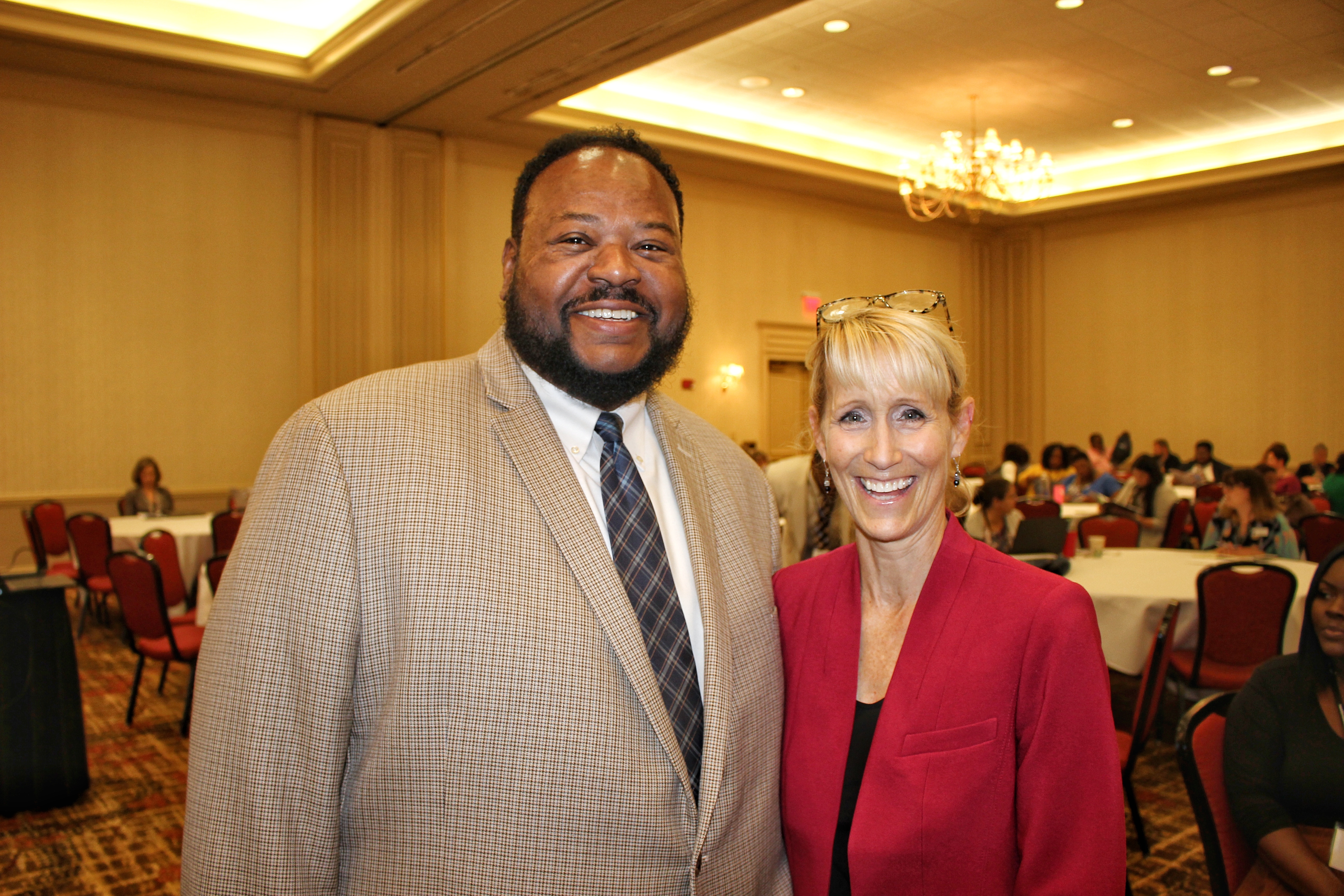
Travis Fretwell, Office of Behavioral Health Prevention, Director and Commissioner Judy Fitzgerald at Suicide Prevention Conference 2018 
Walker Tisdale, III, Suicide Prevention, Director speaking at Suicide Prevention Conference 2018 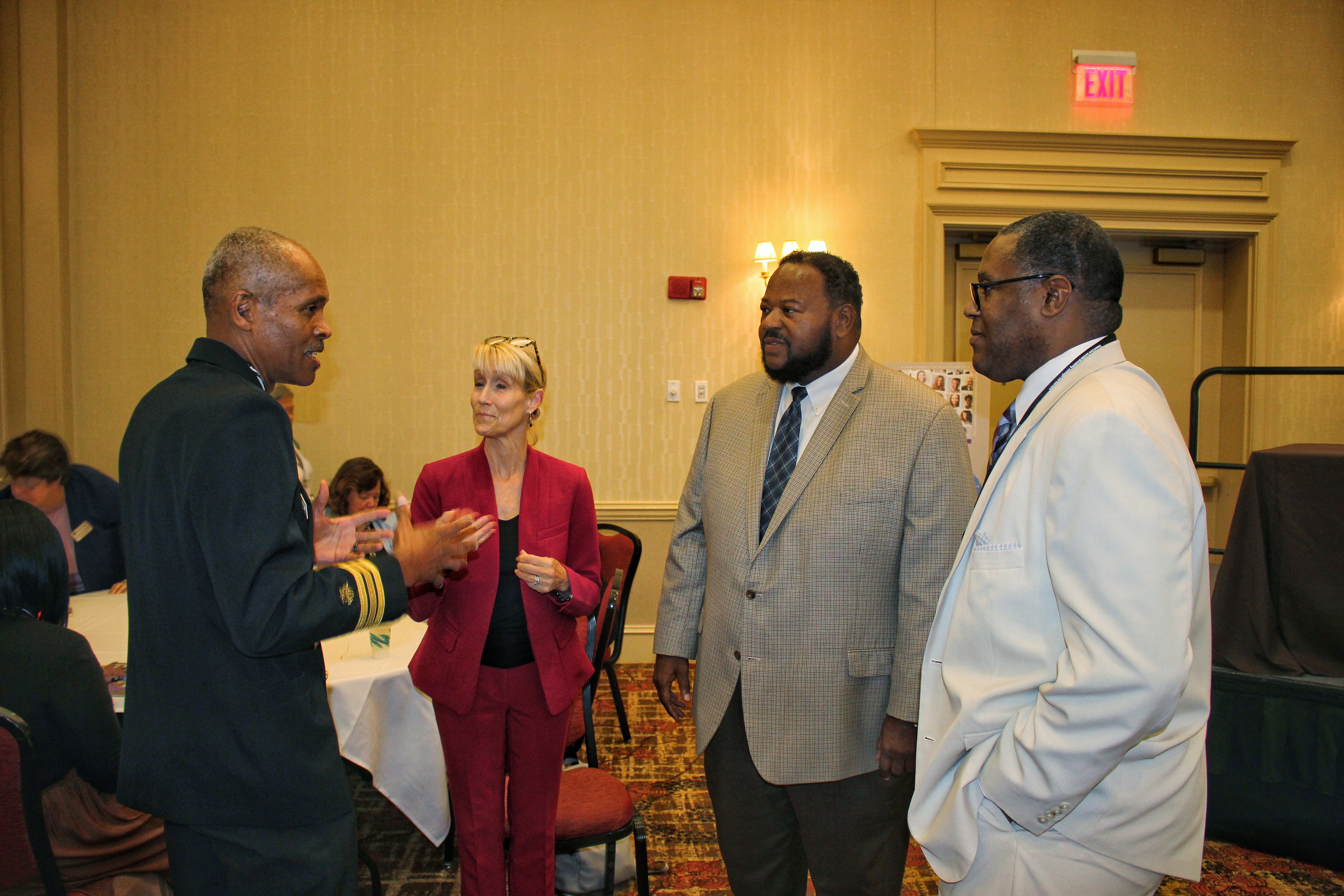
Suicide Prevention Conference 2018 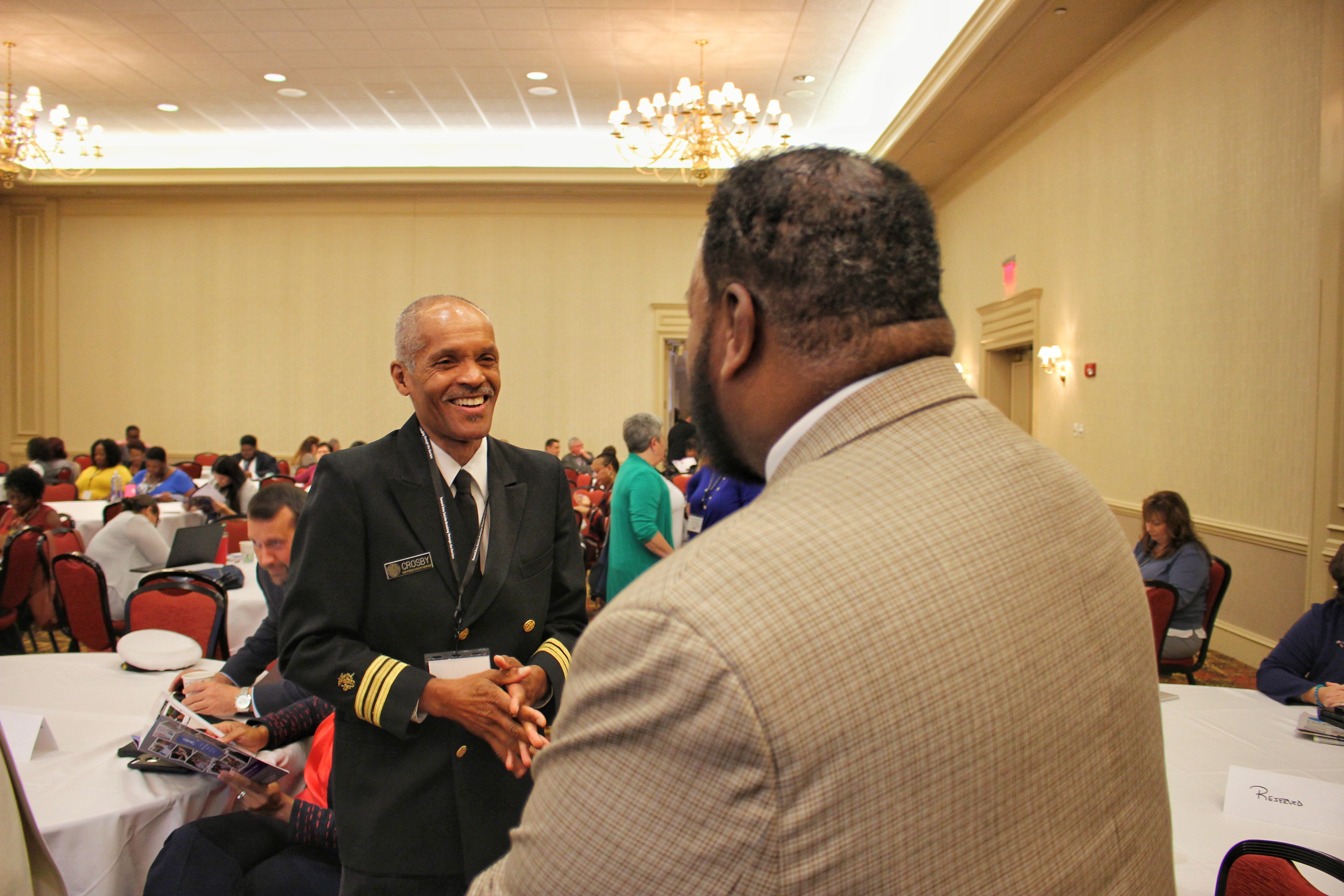
Suicide Prevention Conference 2018 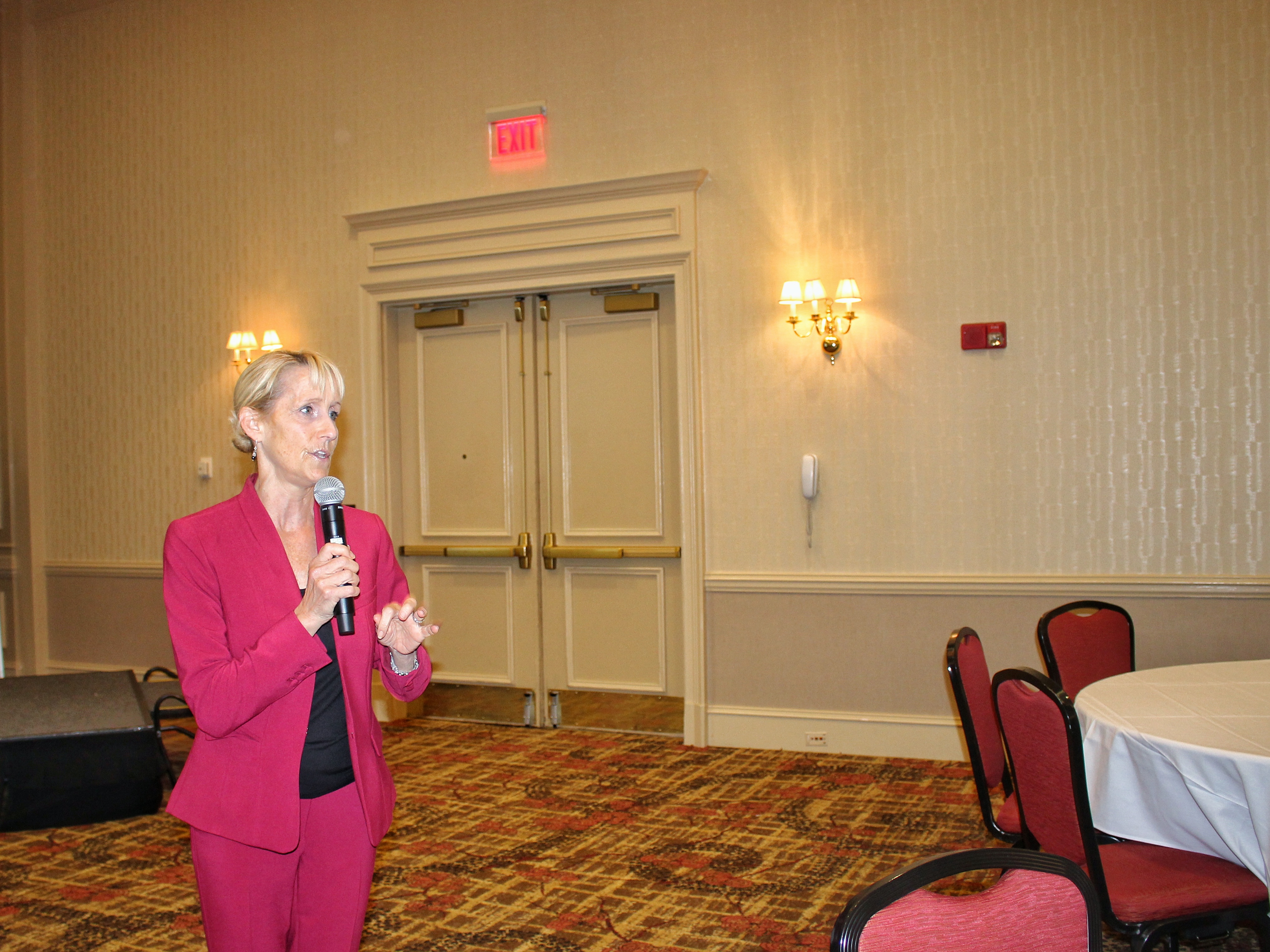
Suicide Prevention Conference 2018 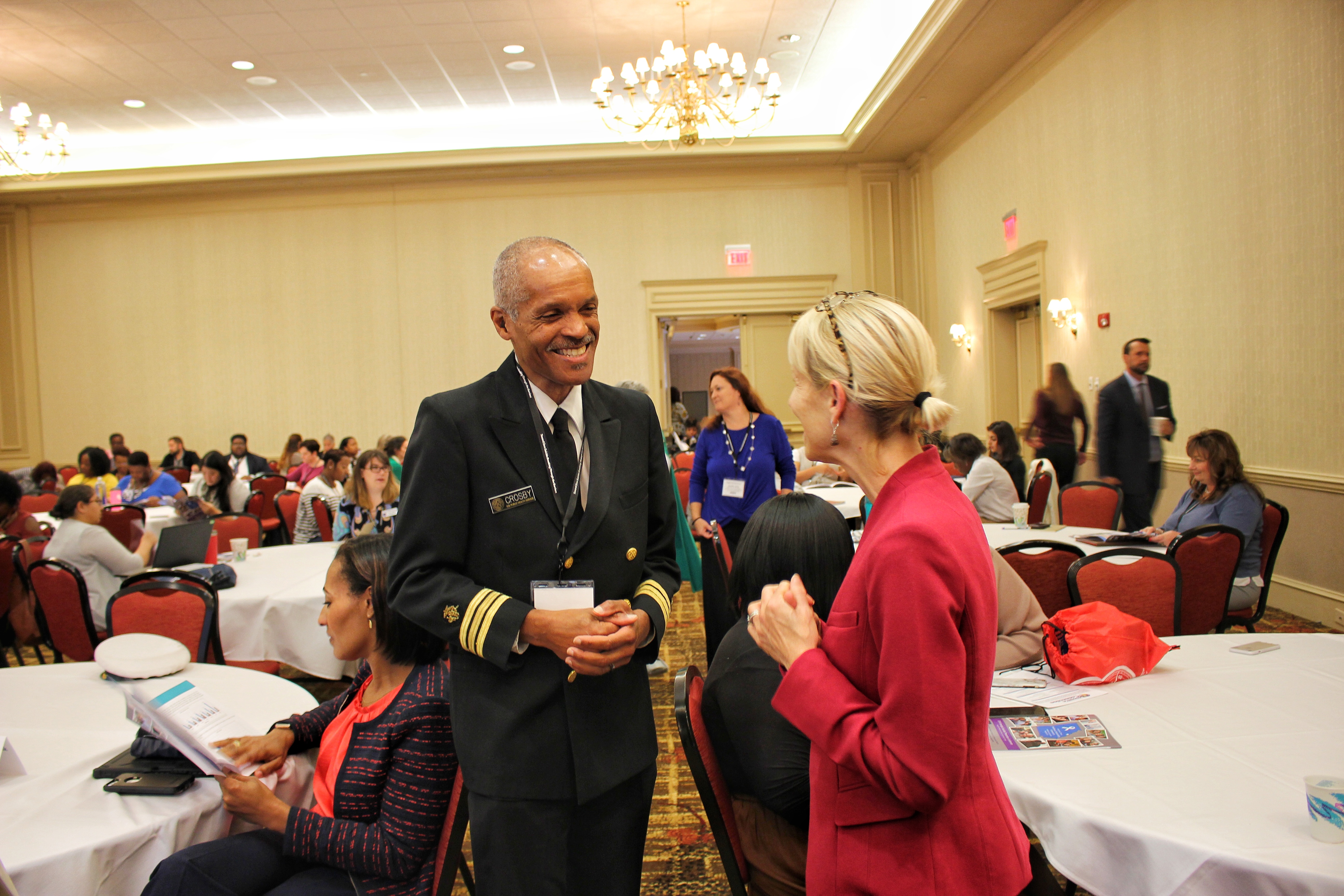
Suicide Prevention Conference 2018 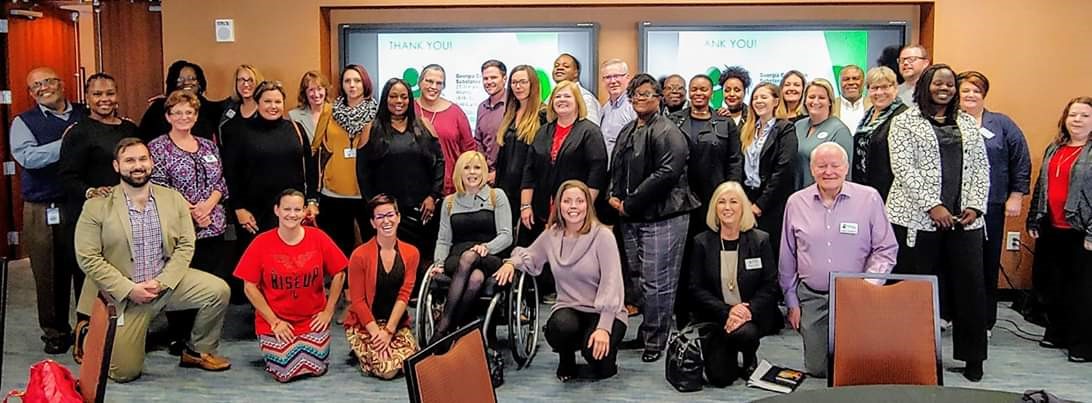
Kickoff for the 16 new Addiction Recovery Support Centers (ARSC) 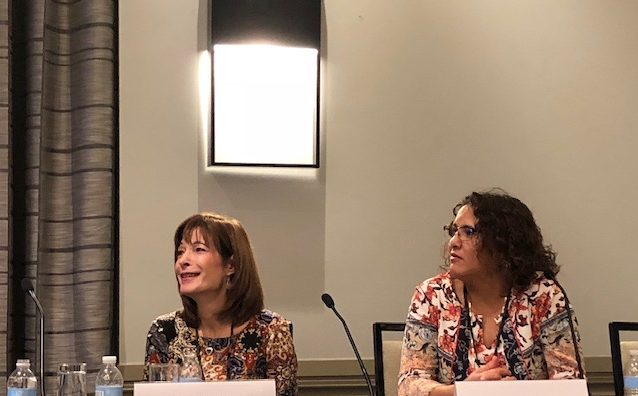
Karen Bailey, Ph. D., Forensic Services, Director at SSPHA/NASMHPD 2018 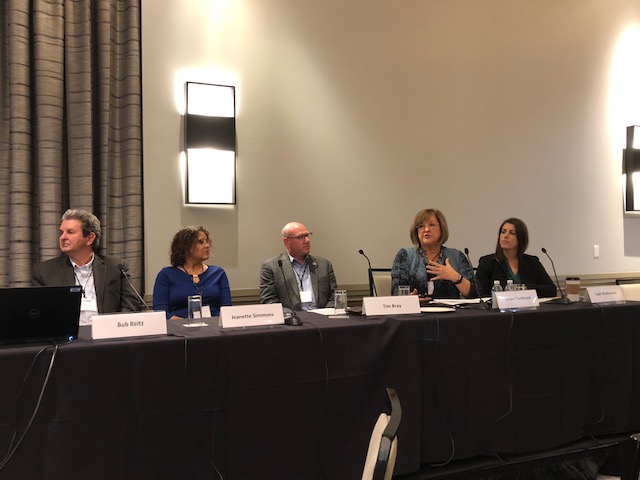
Susan Trueblood, Regional Hospital Administrator, Central State Hospital at SSPHA/NASMHPD 2018 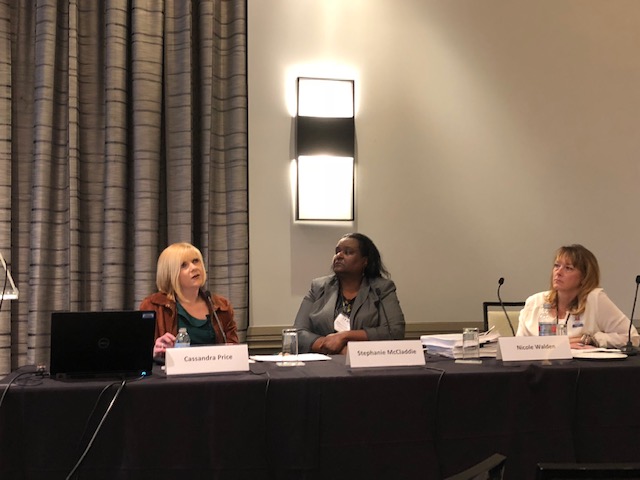
Cassandra Price, Office of Addictive Diseases, Director at SSPHA/NASMHPD 2018 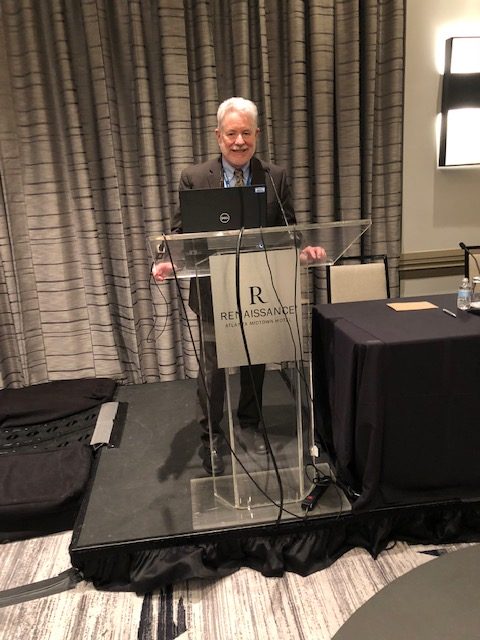
David Sofferin, Office of Public Affairs, Director at SSPHA/NASMHPD 2018 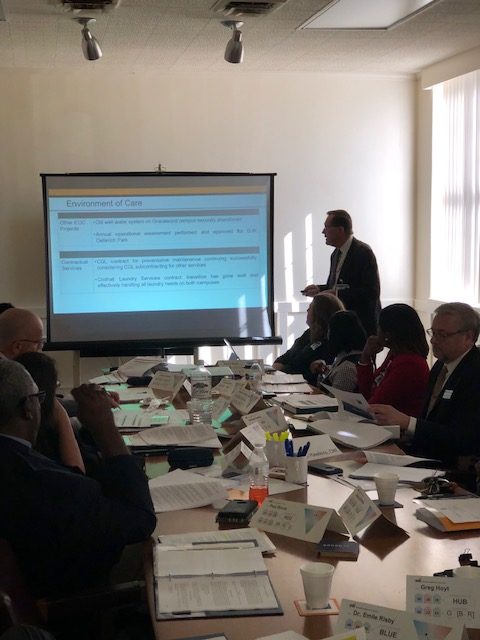
East Central Regional Hospital Governing Body Meeting 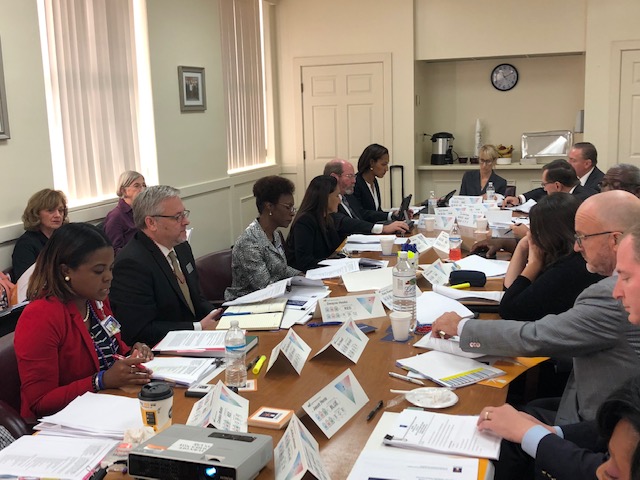
East Central Regional Hospital Governing Body Meeting 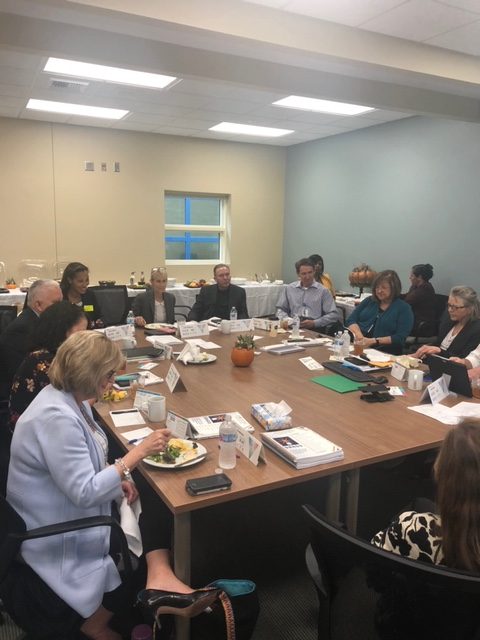
Central State Hospital Governing Body Meeting 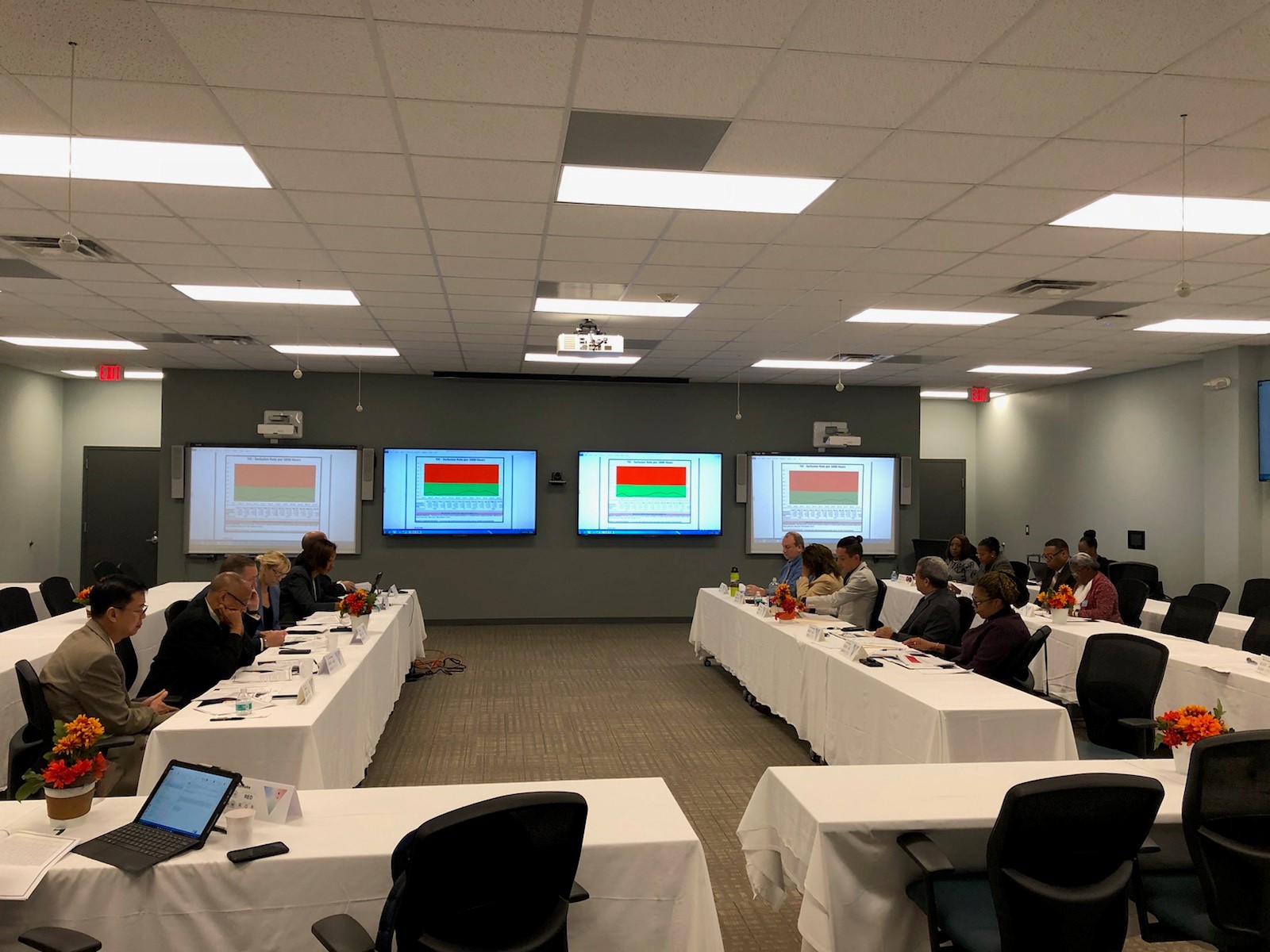
Georgia Regional Hospital Atlanta Governing Body Meeting
Suicide Prevention
Walker Tisdale, Director of Suicide Prevention, was interviewed on WJZA 101.1 FM’s show “Sunday Conversations” to bring awareness to the epidemic of suicide currently happening in Georgia and beyond. Tisdale also led the 8th Annual Georgia College and University Suicide Prevention Conference (pictured below) on September 24 and 25.
Region 4 Recovery Workshop
Highland River’s Women’s Outreach Program 20th Anniversary
